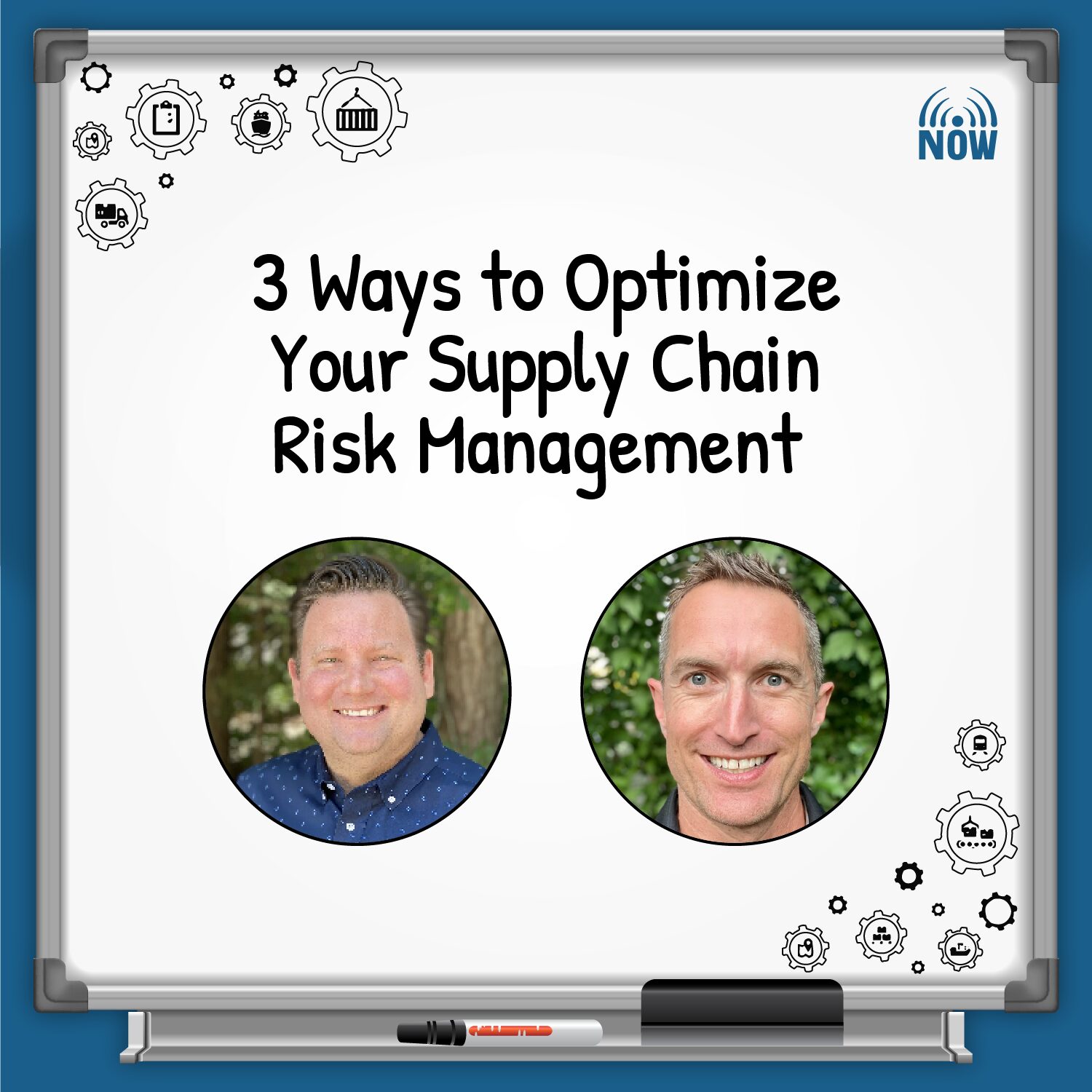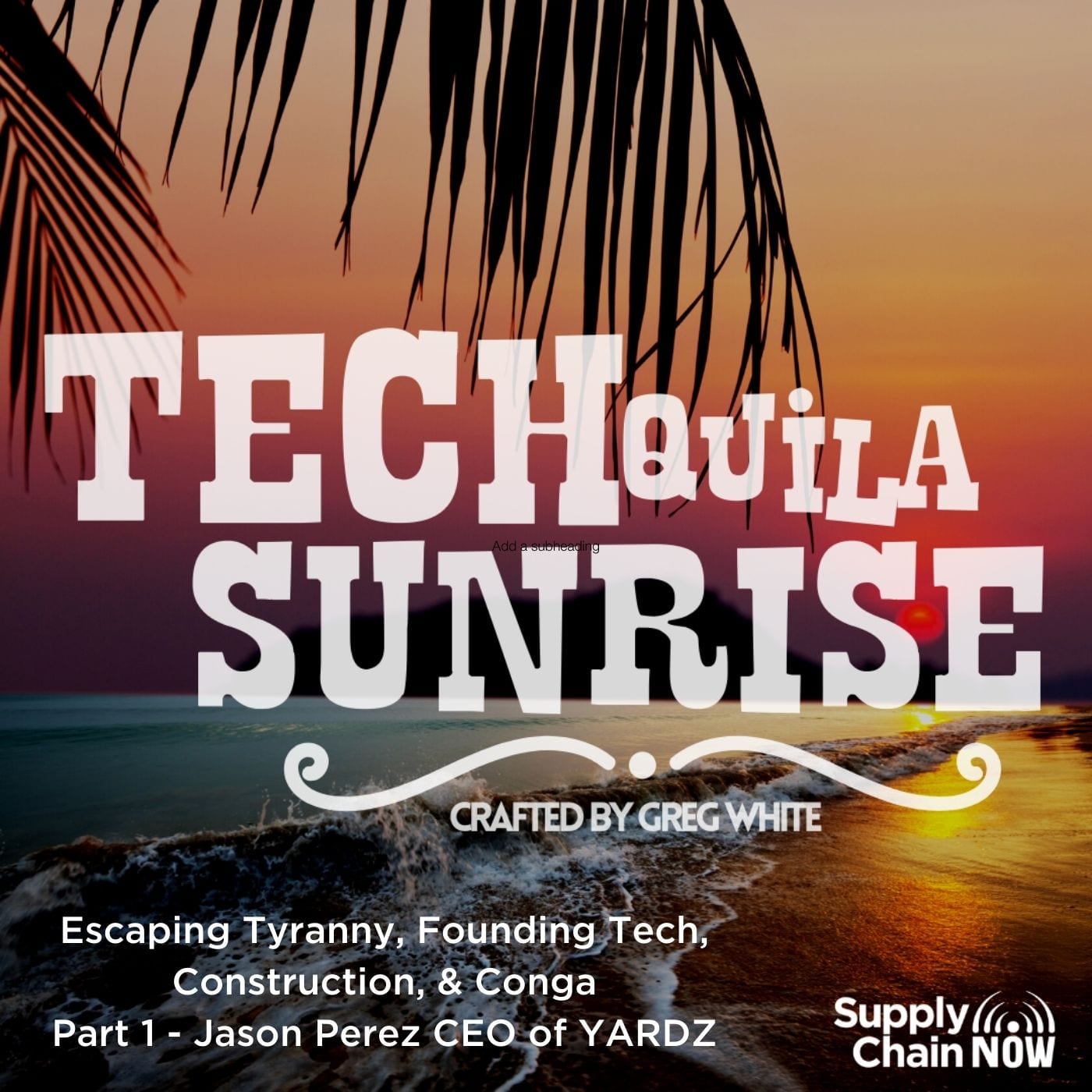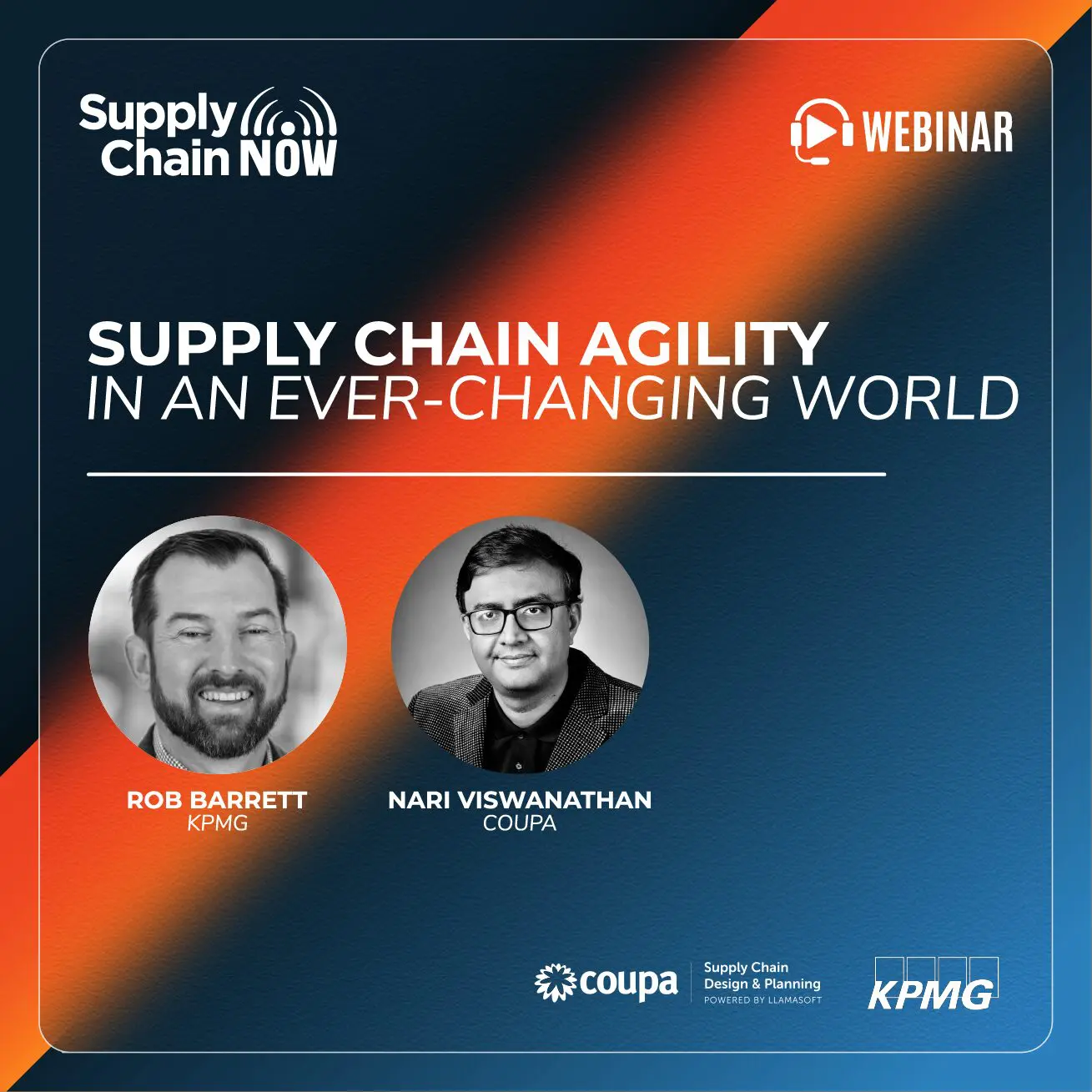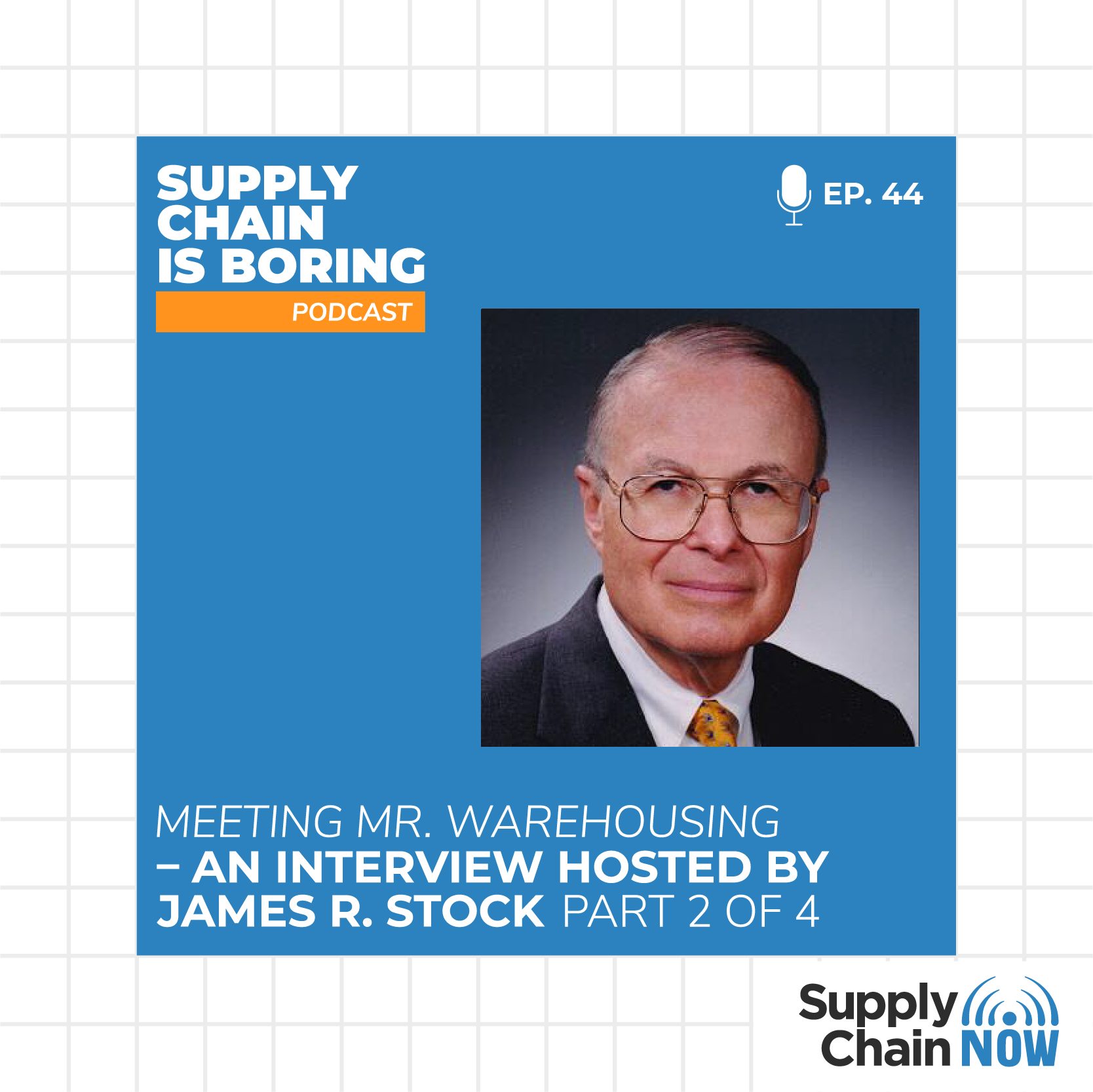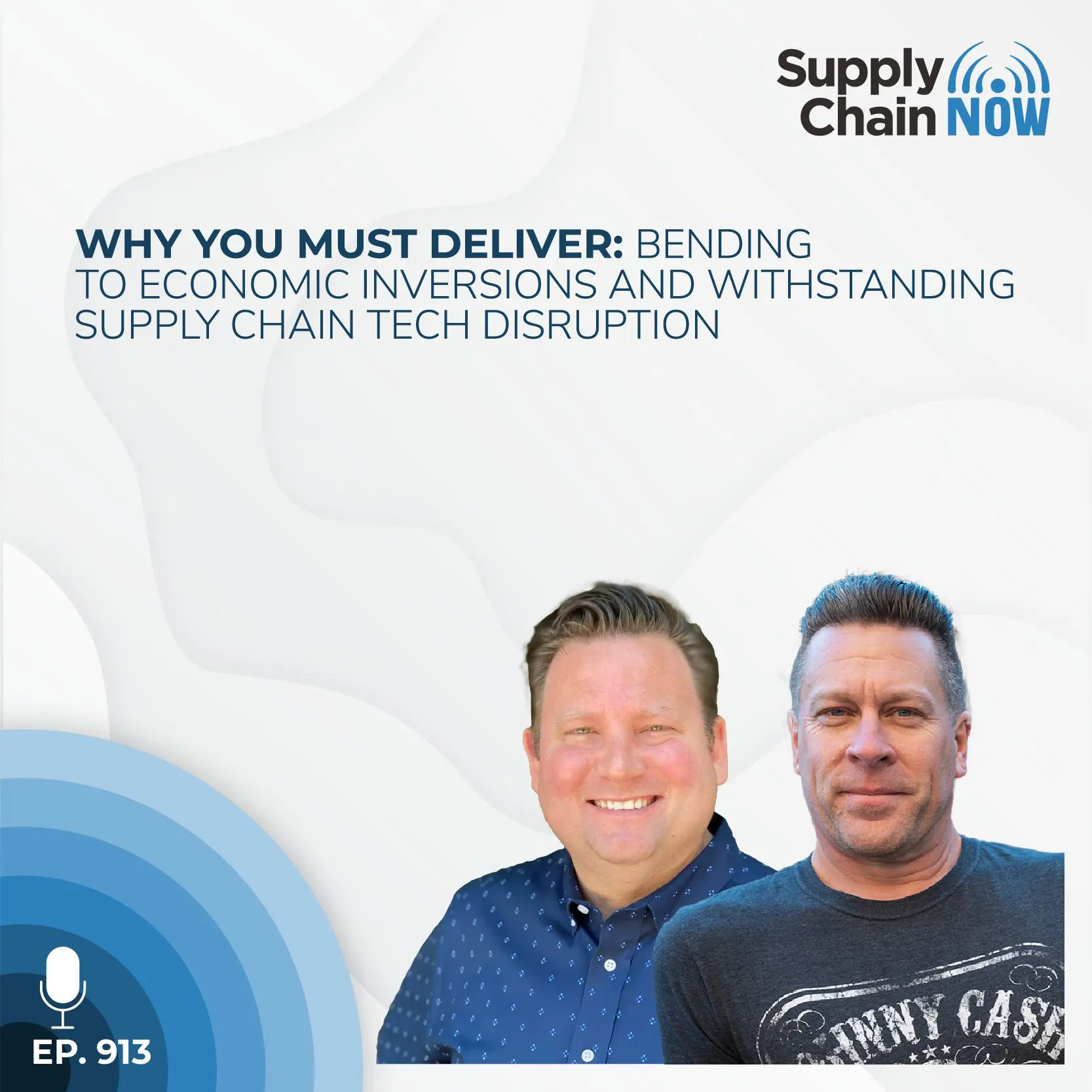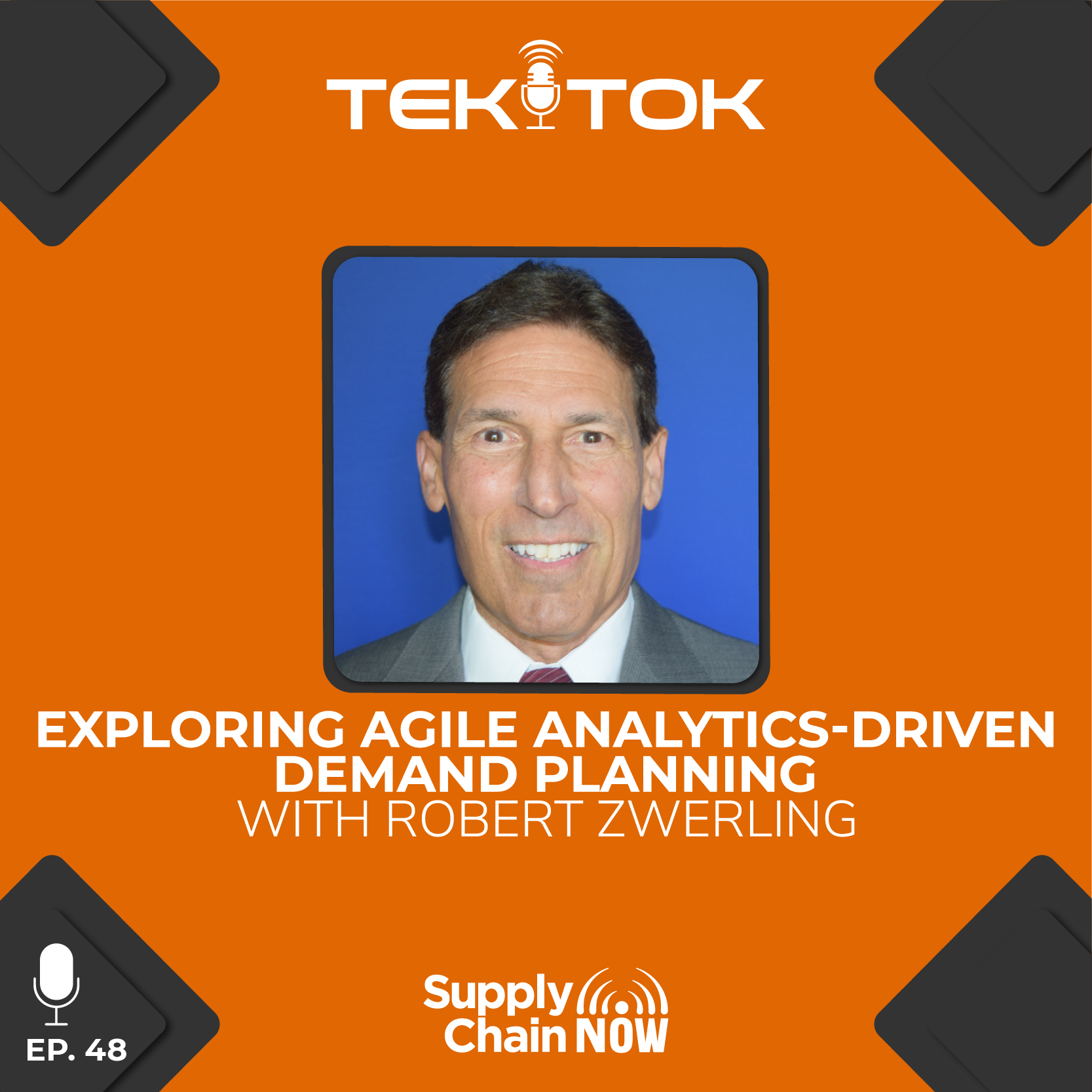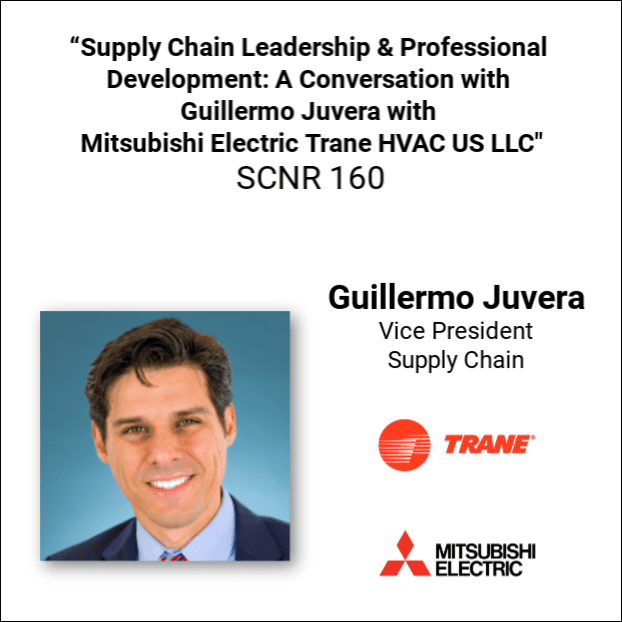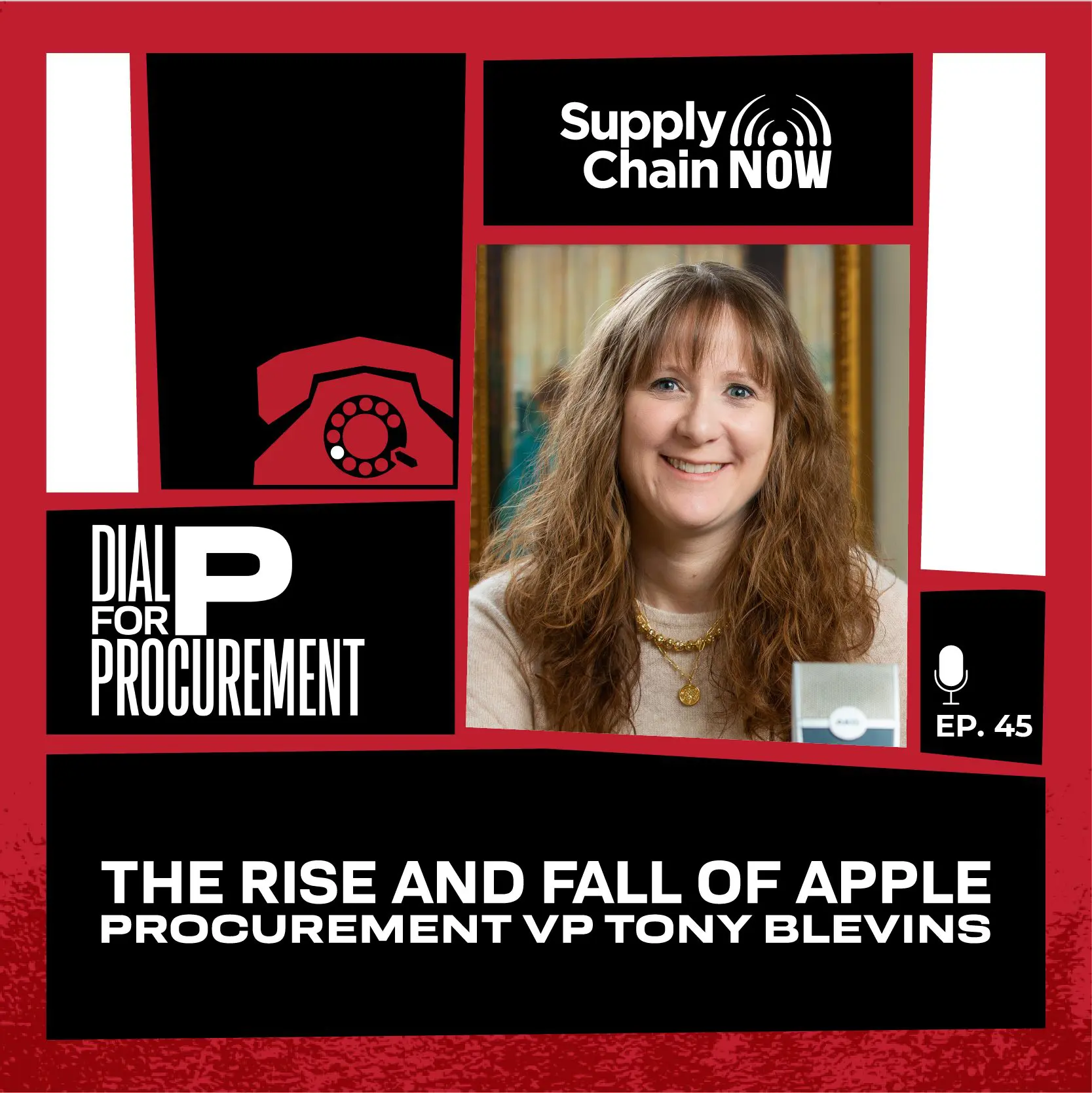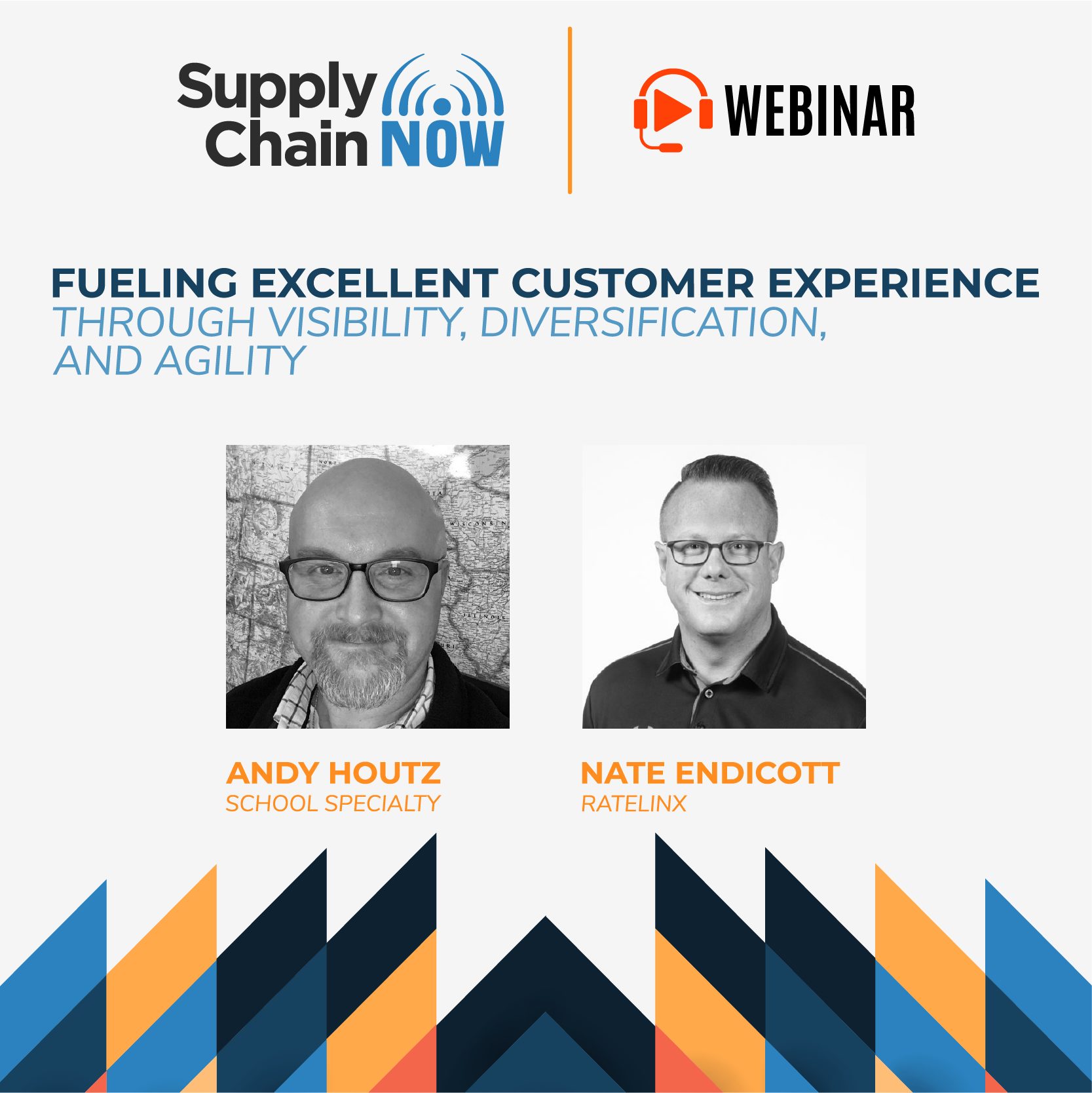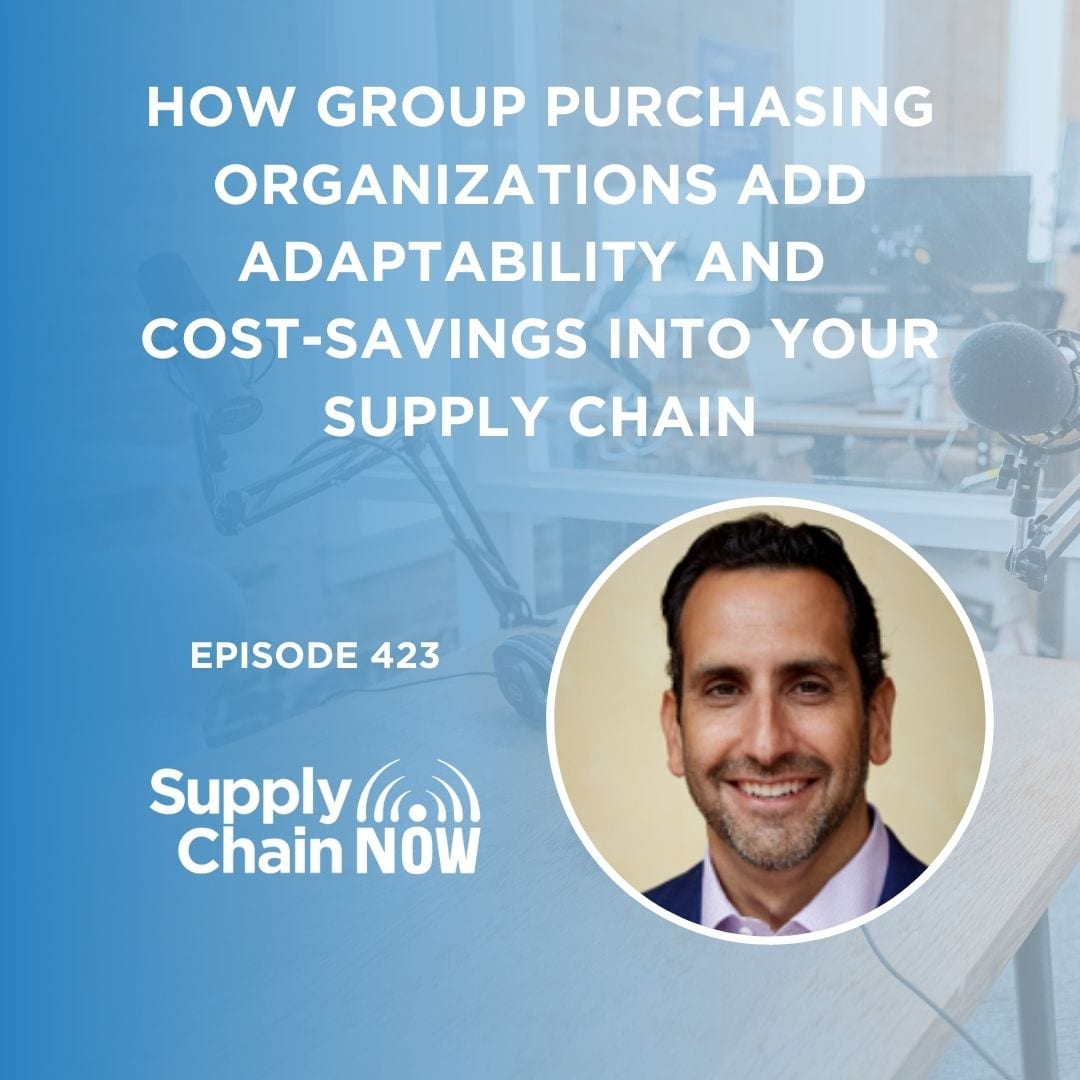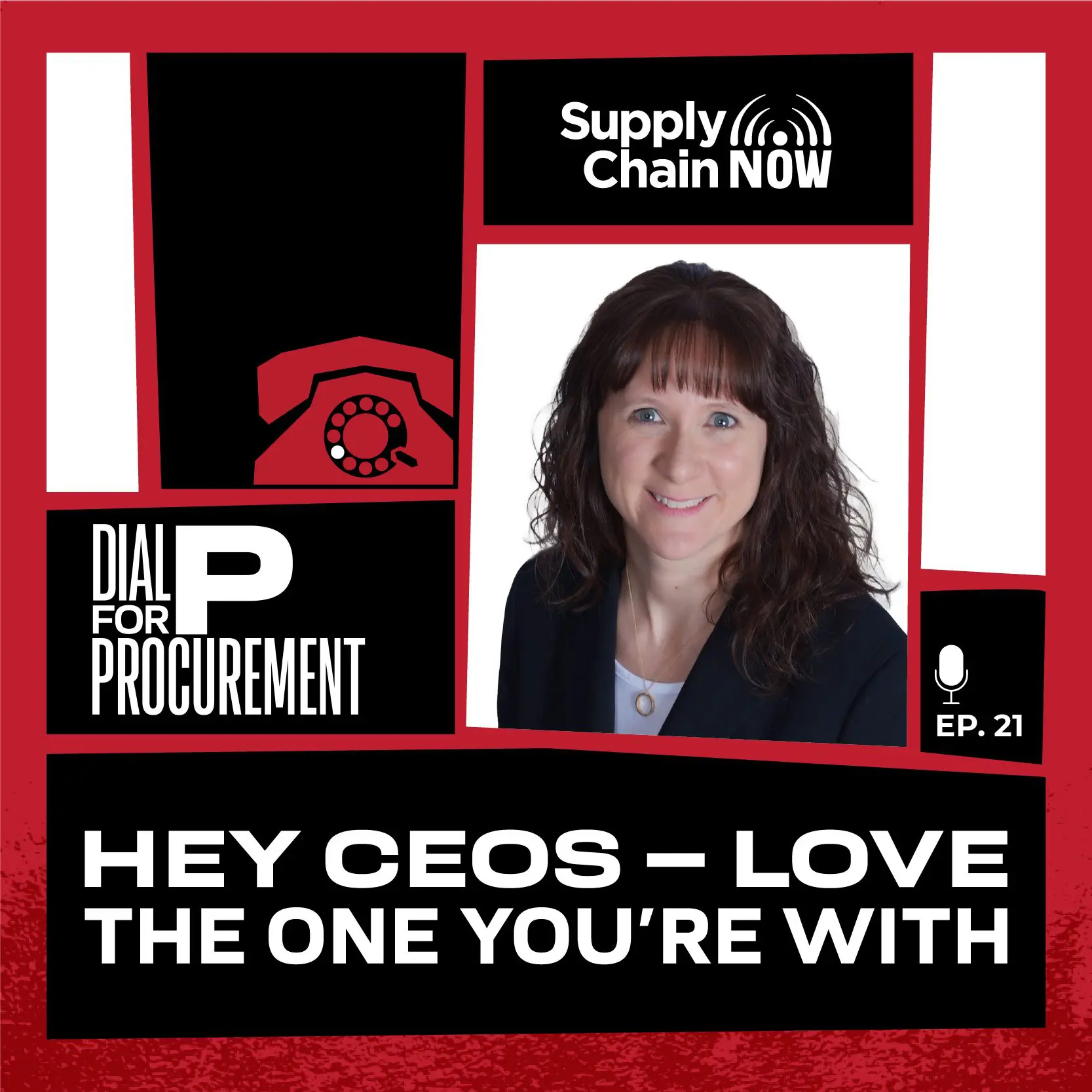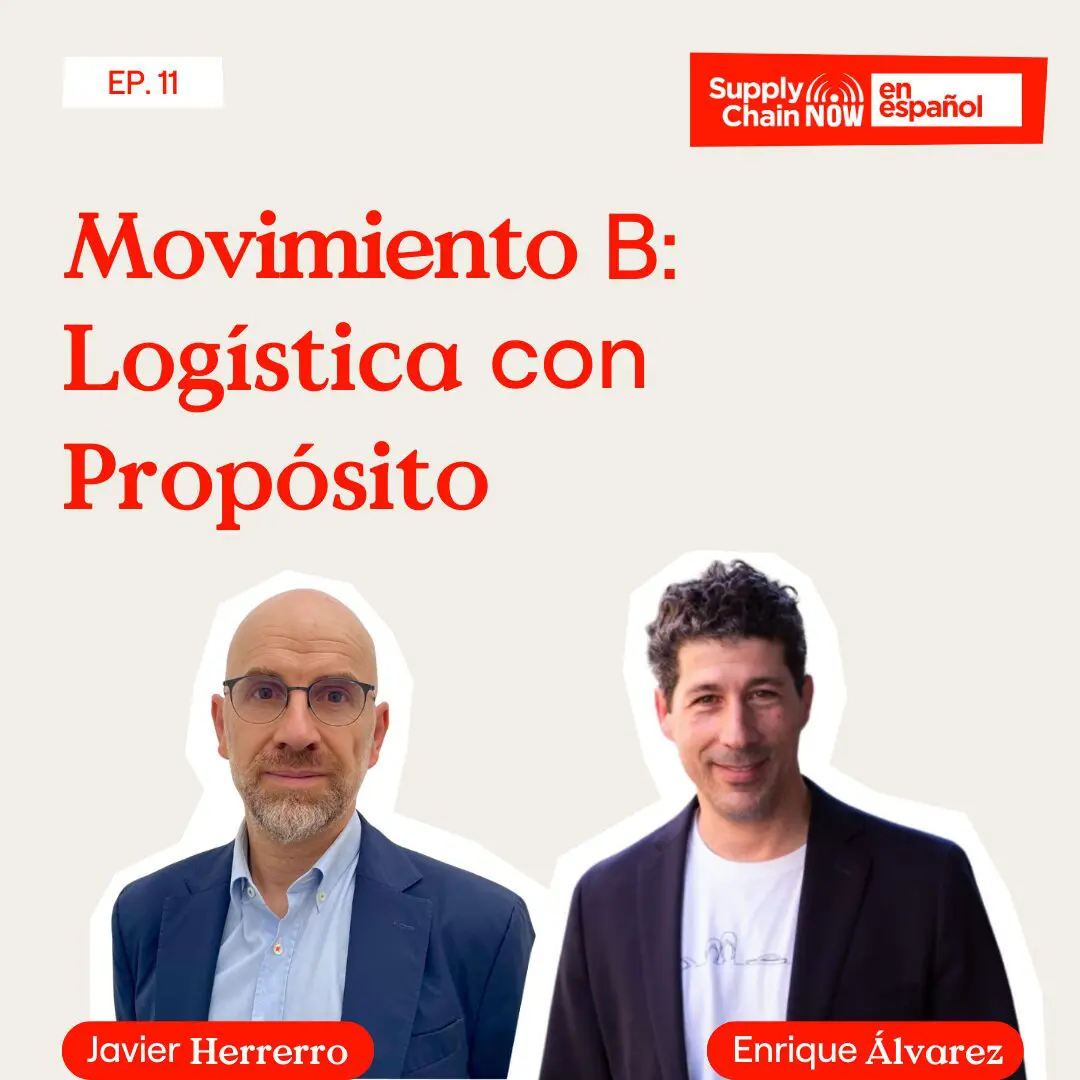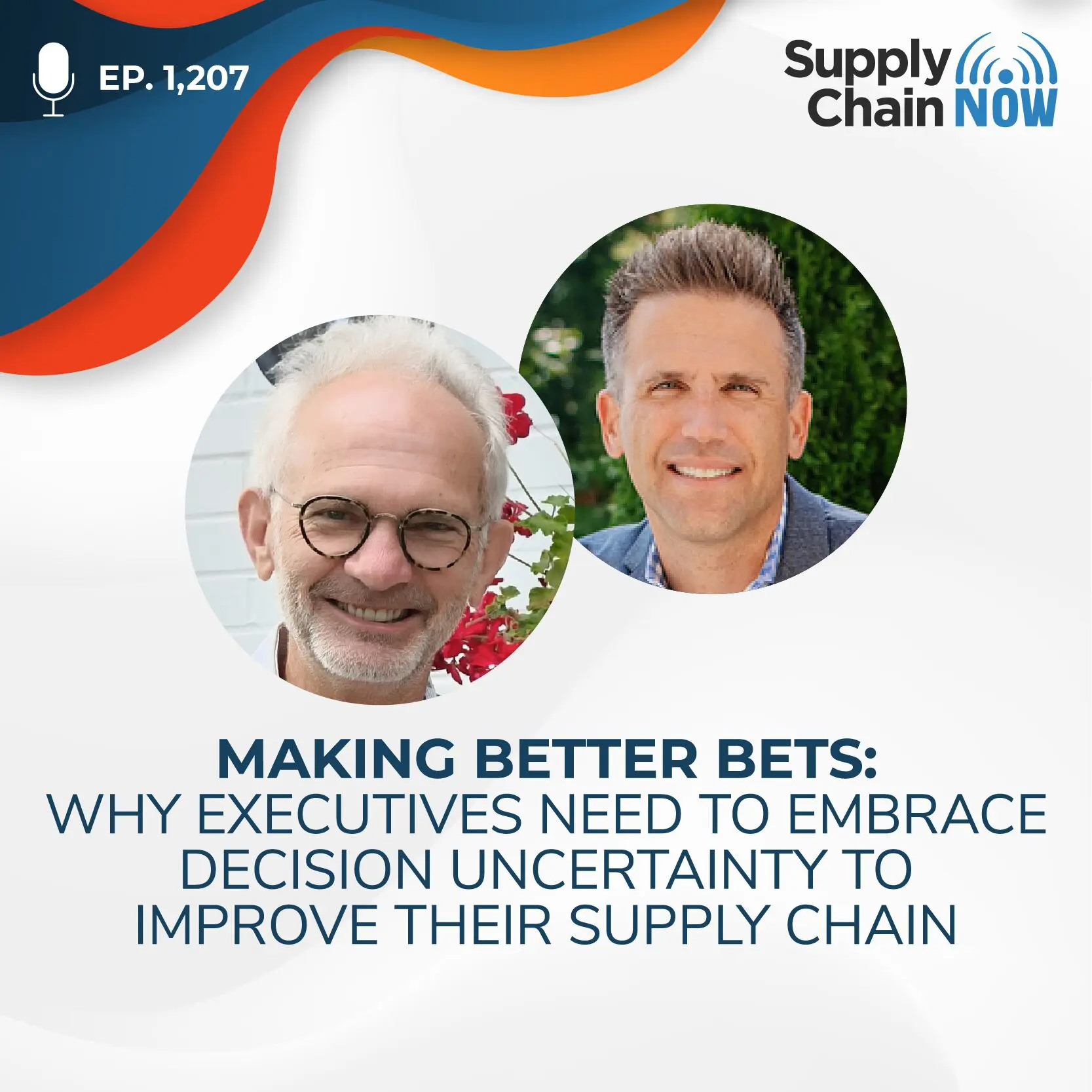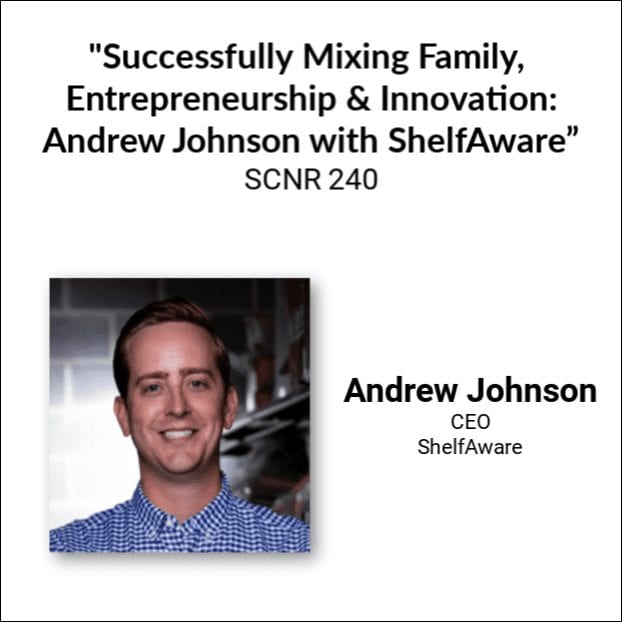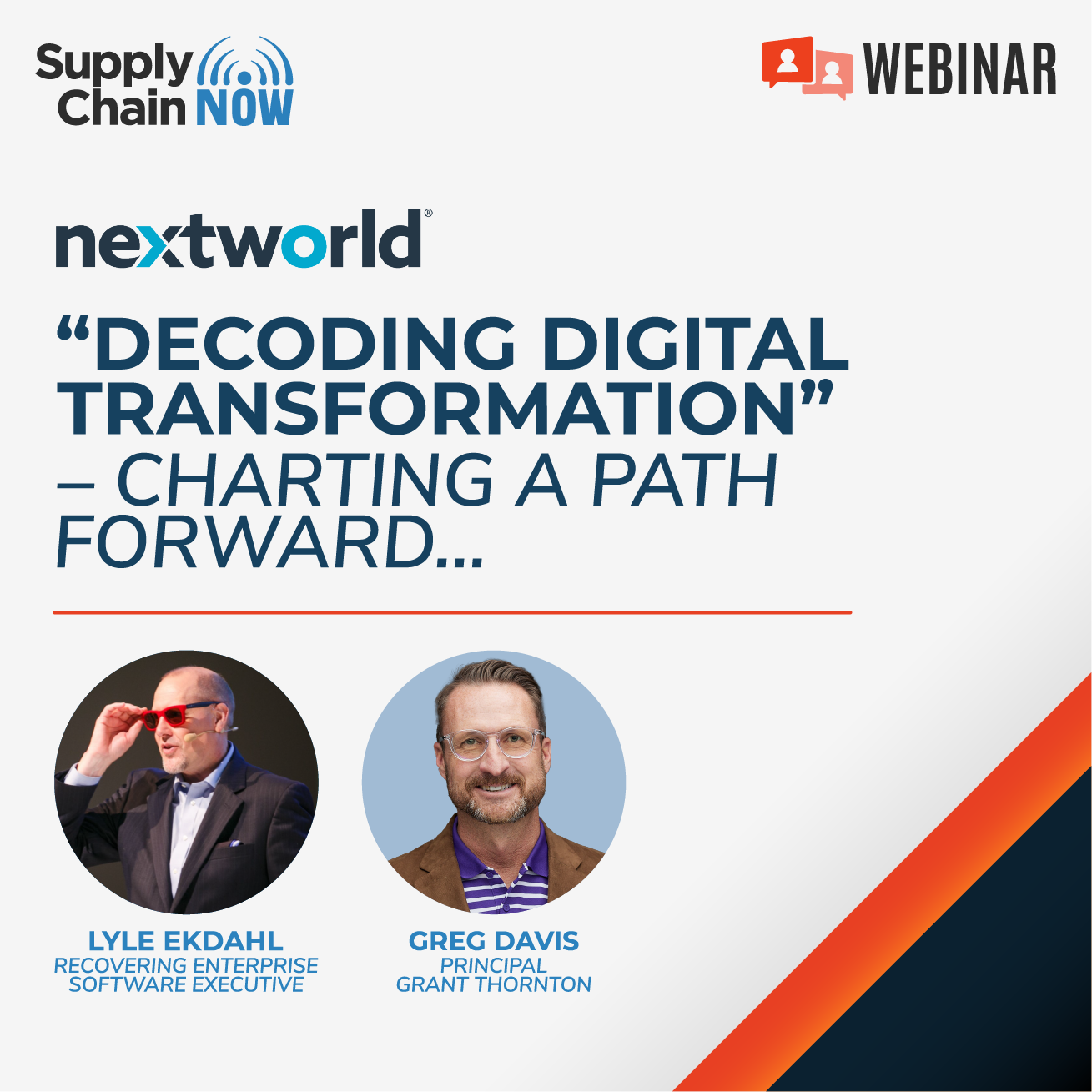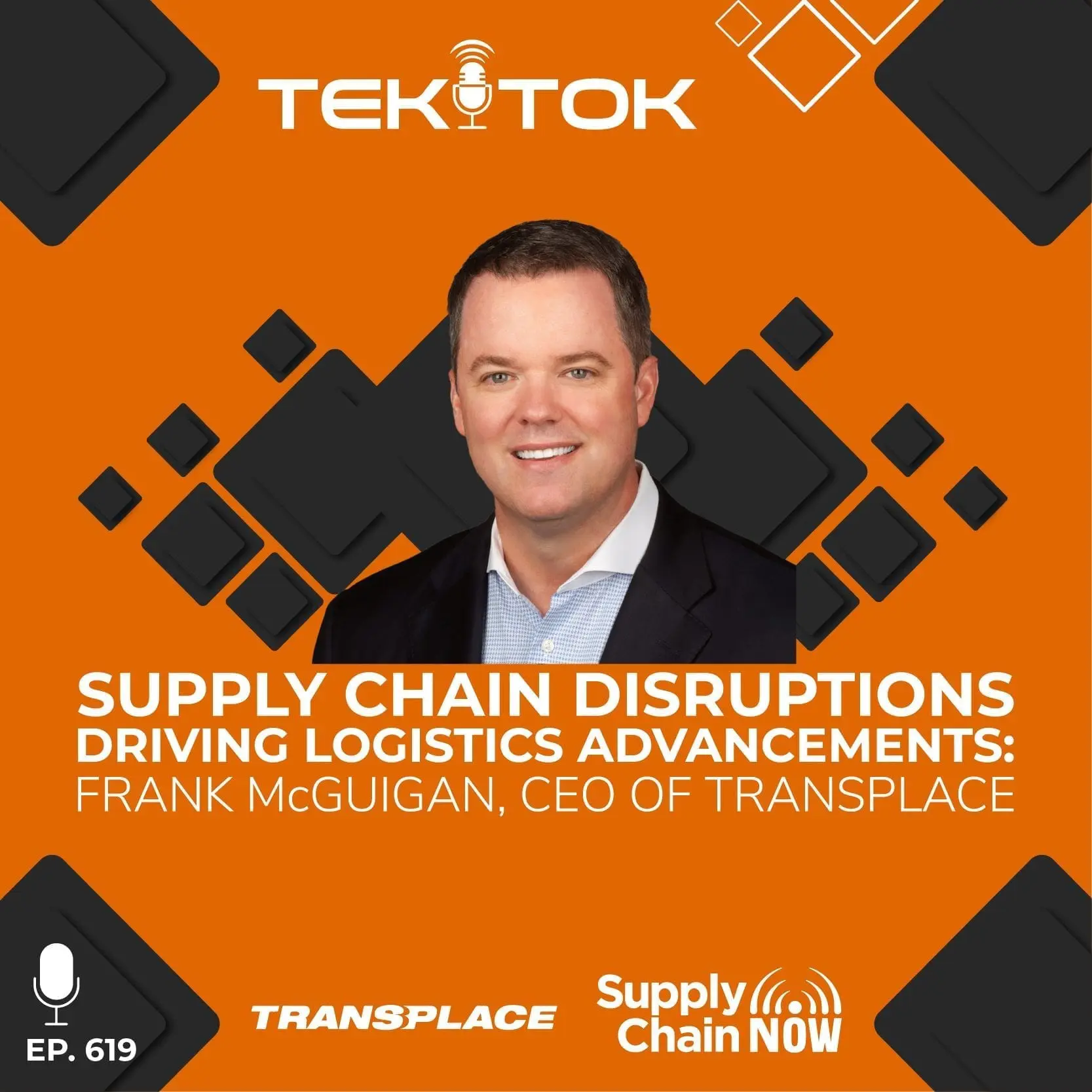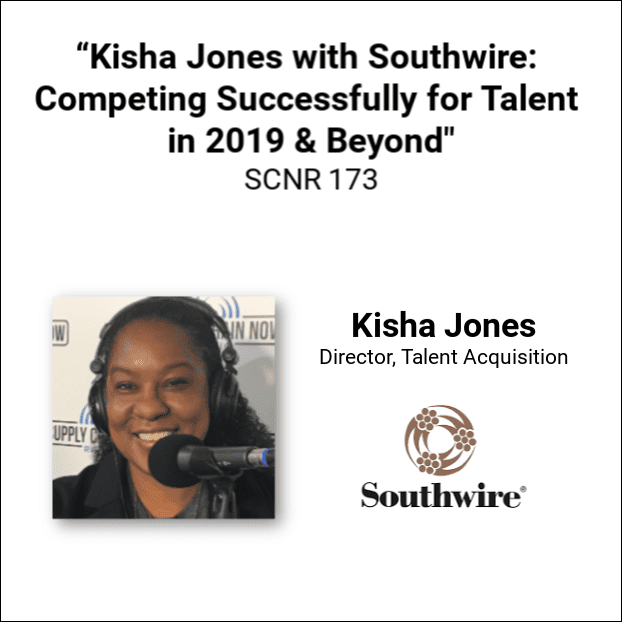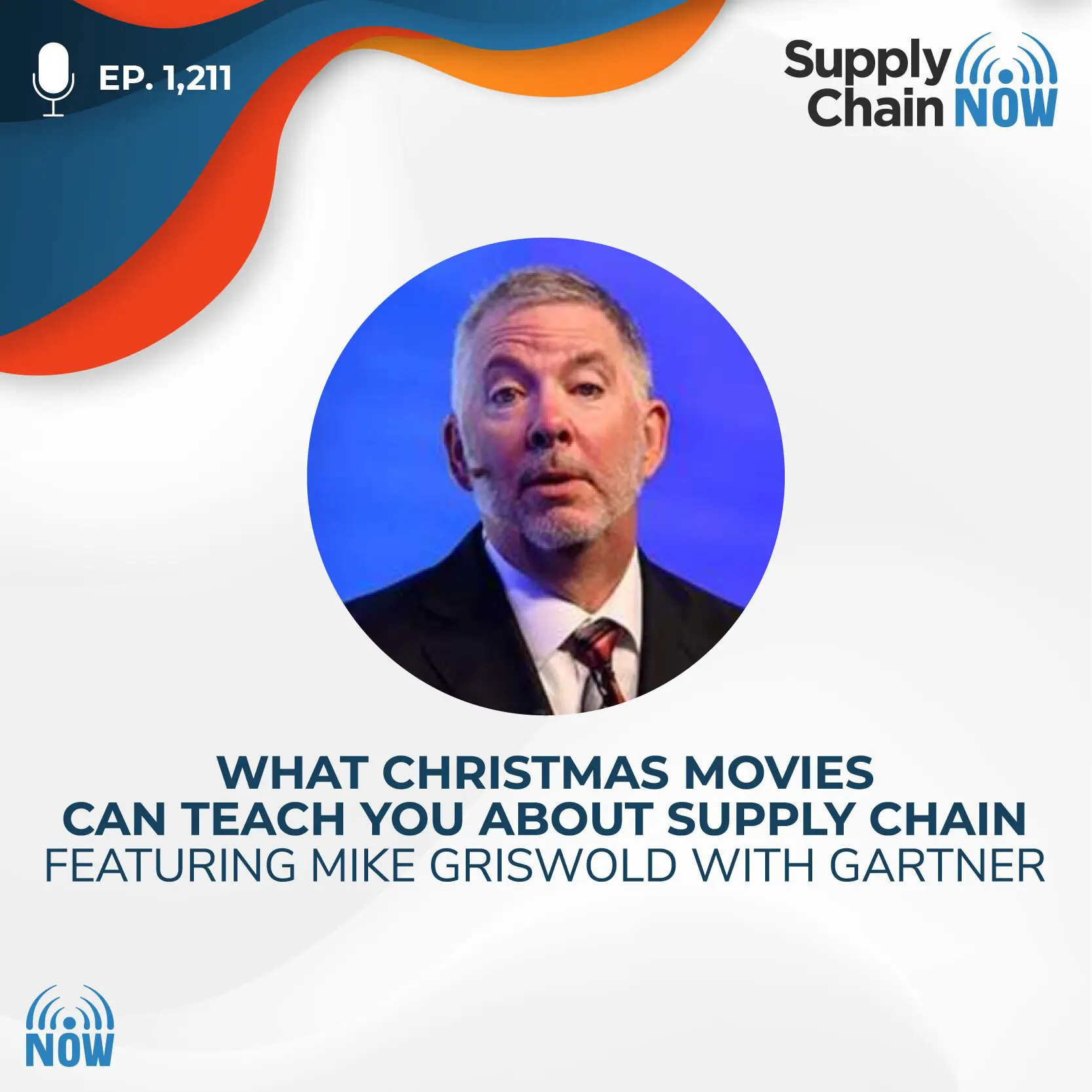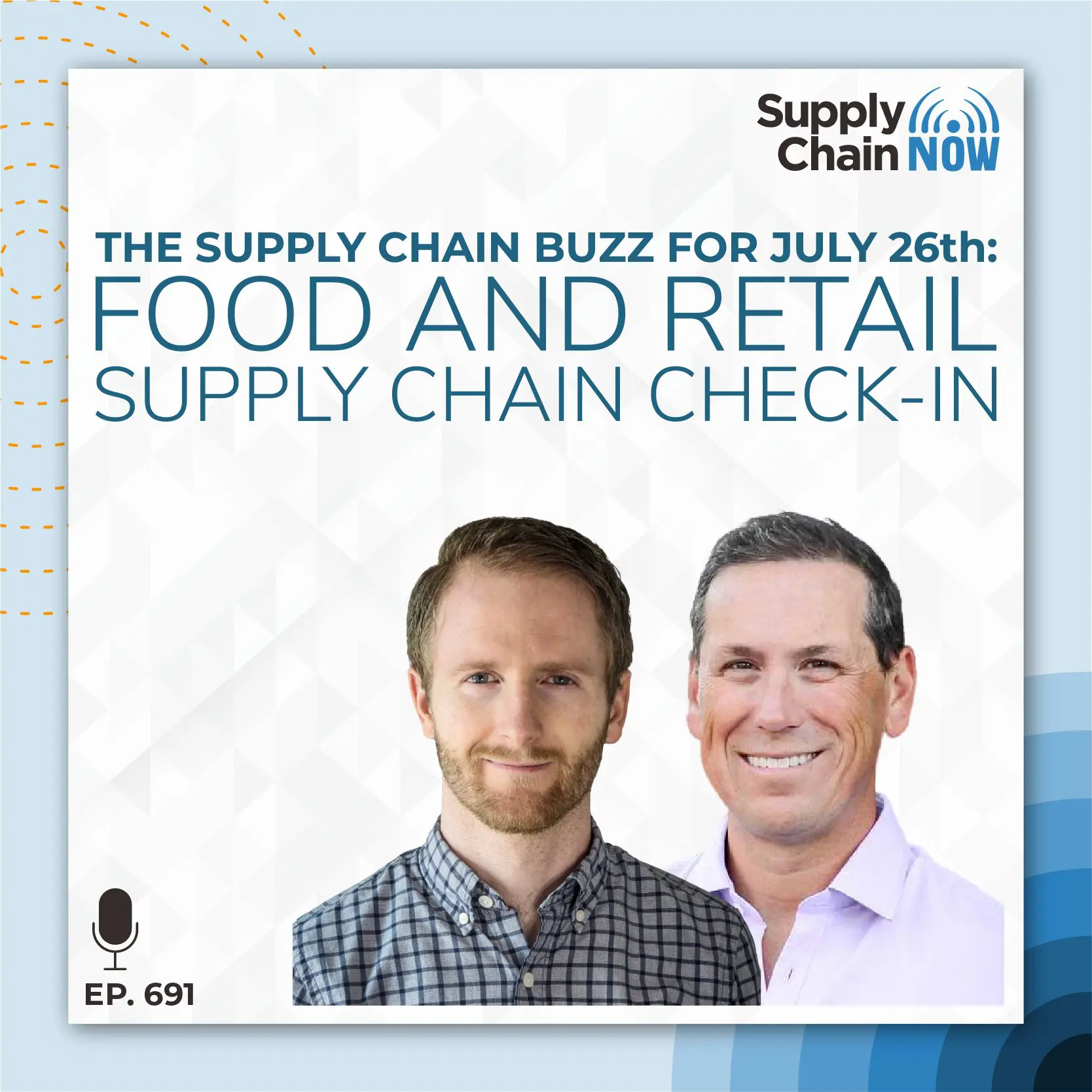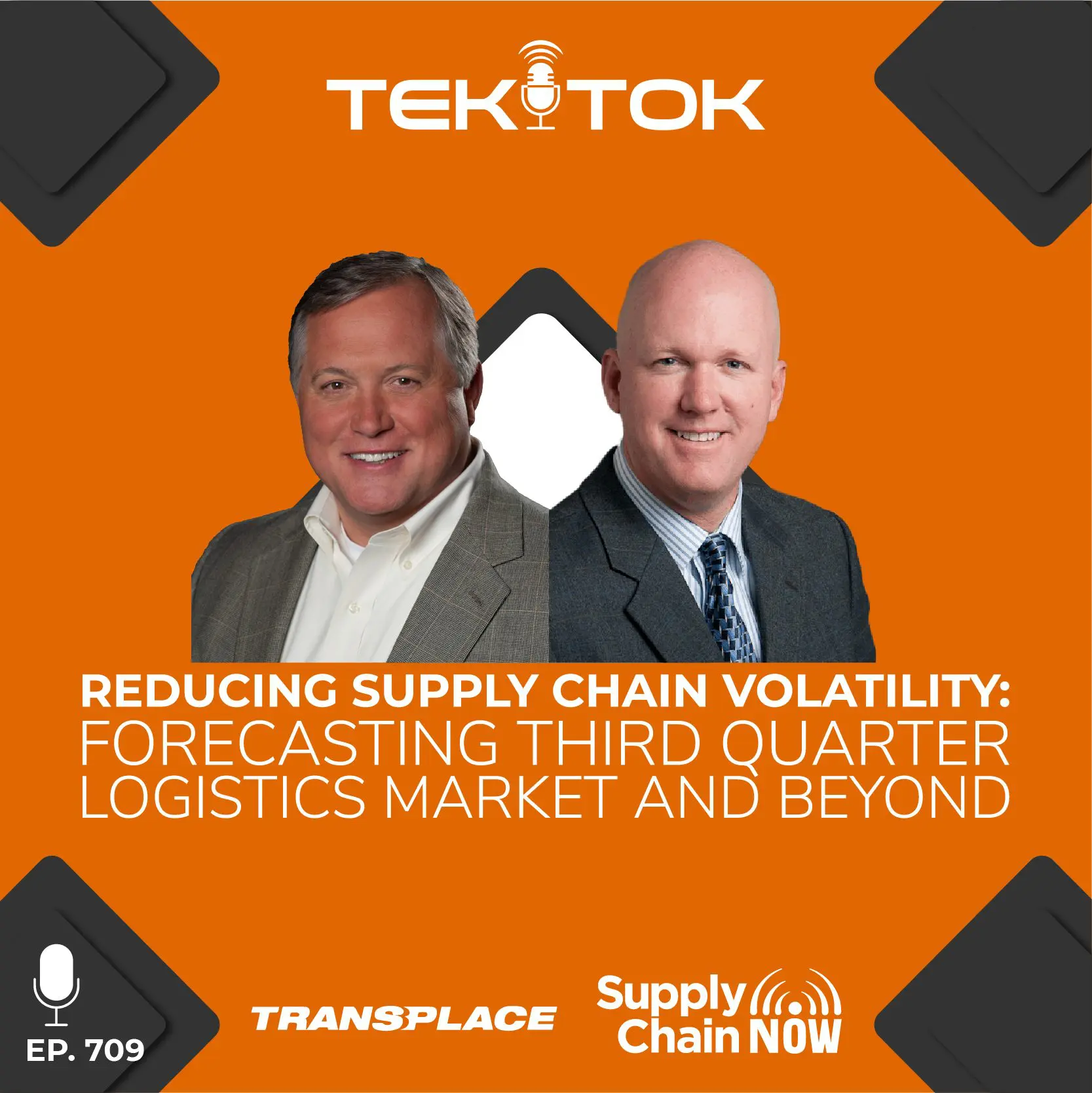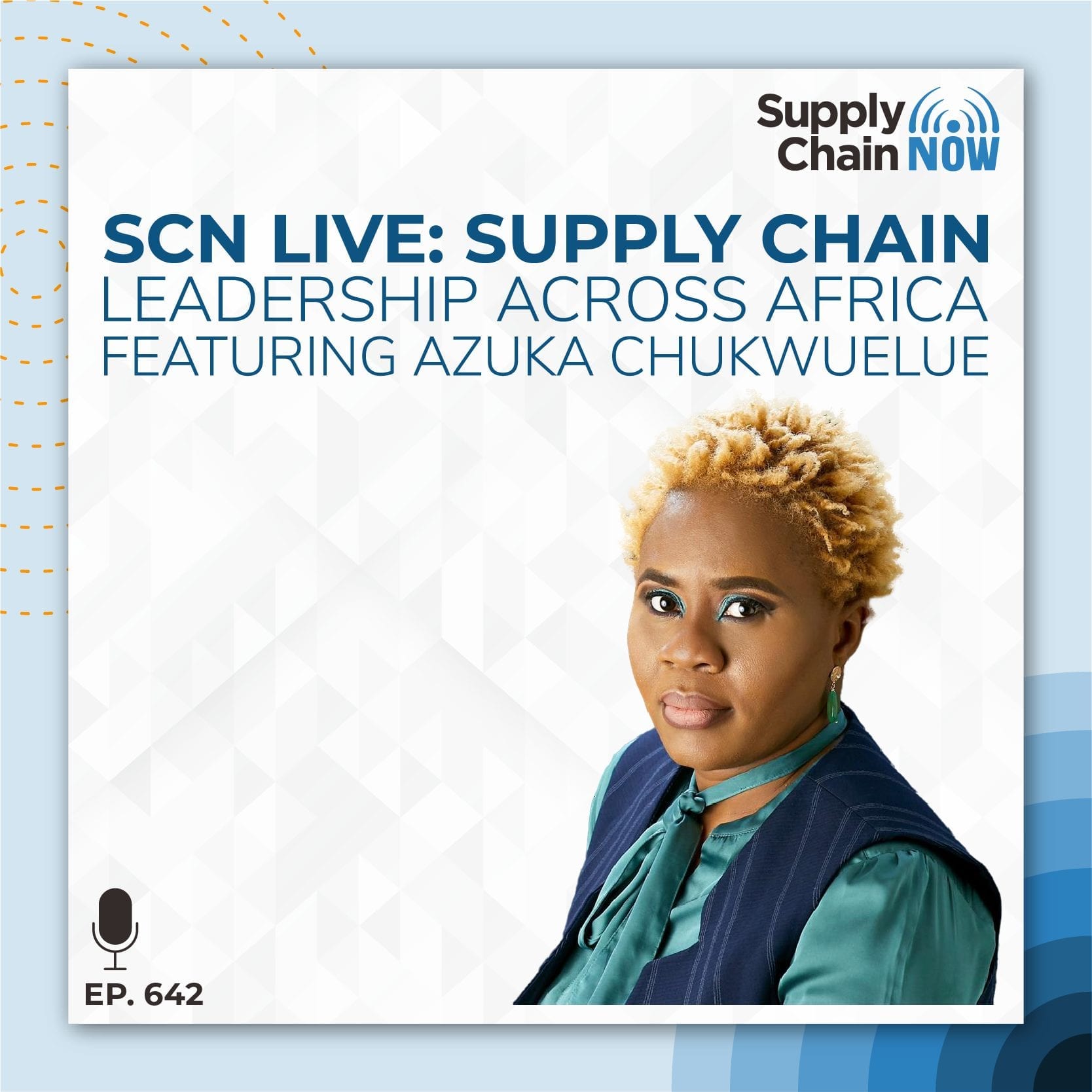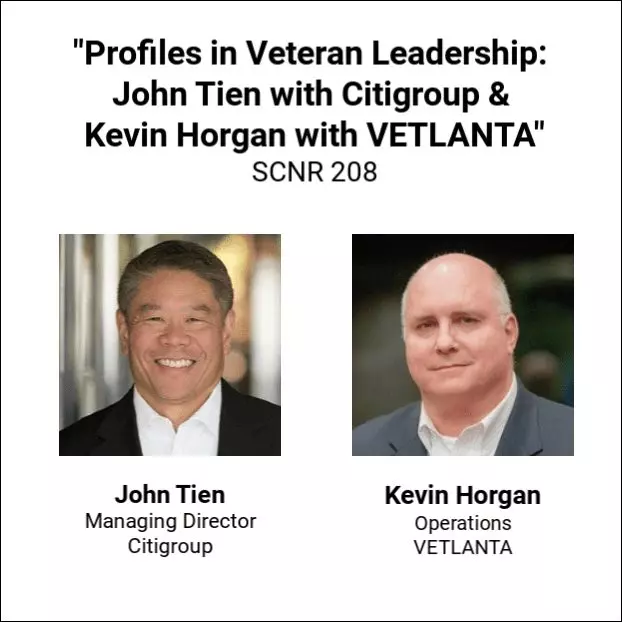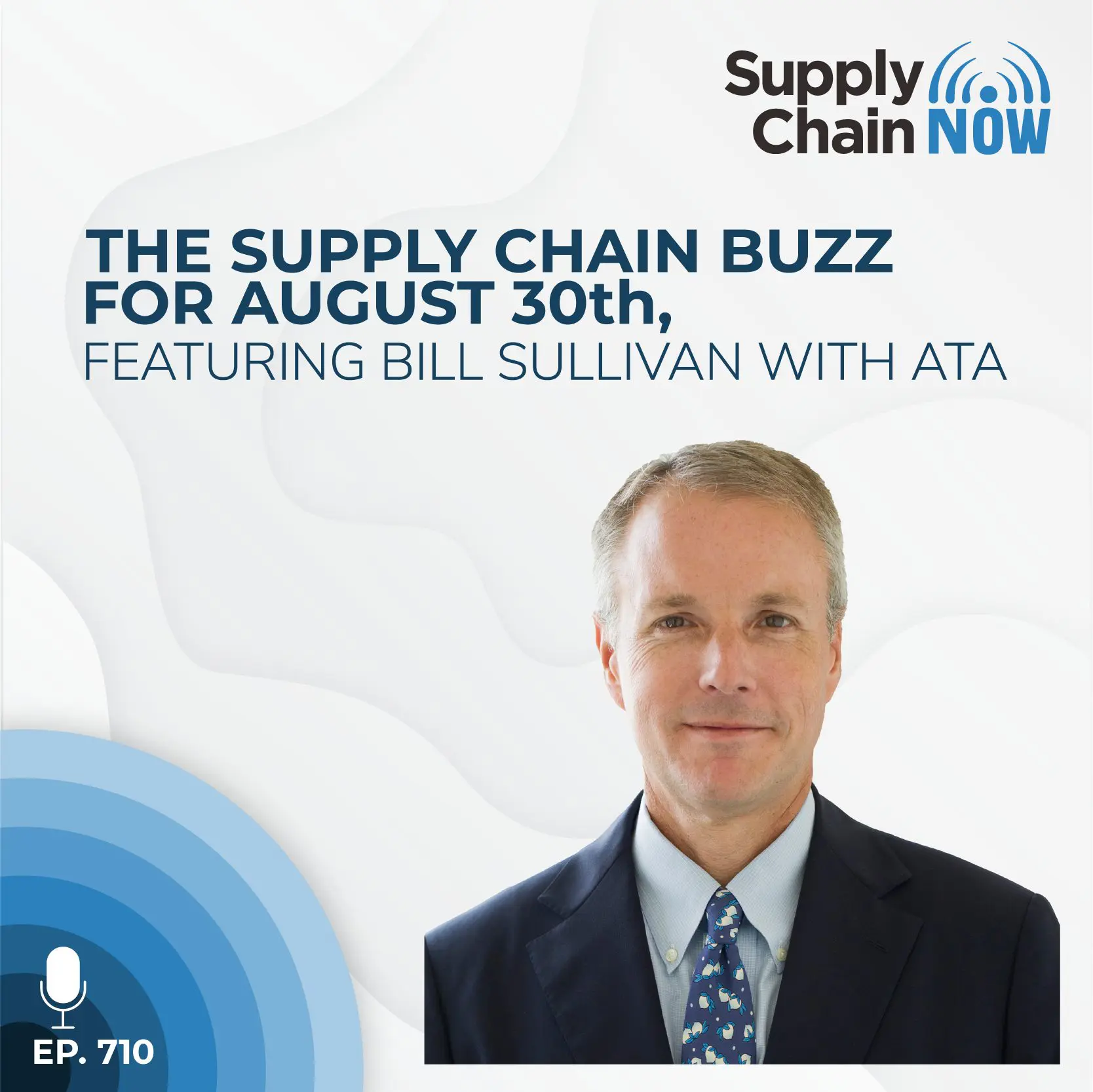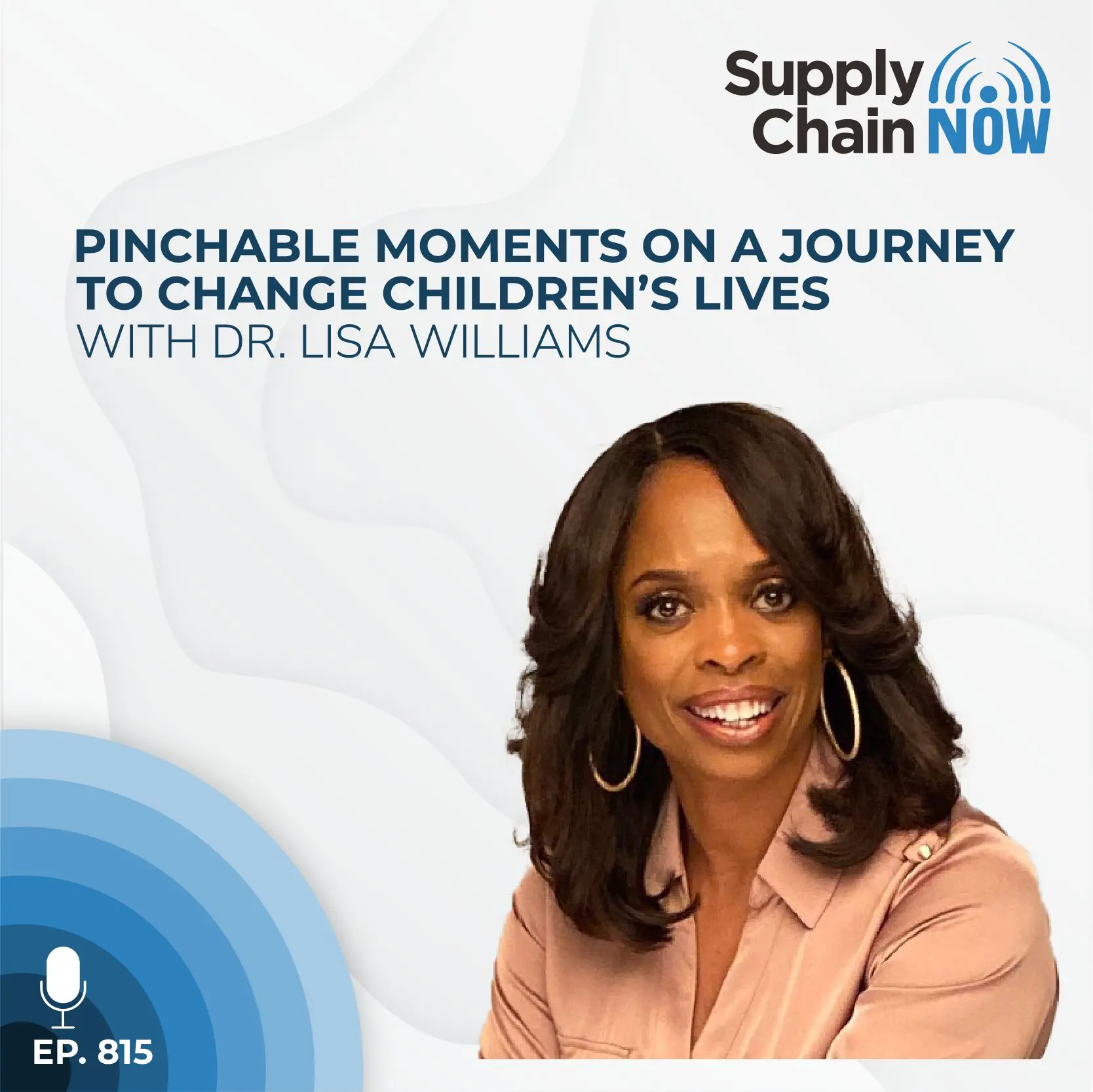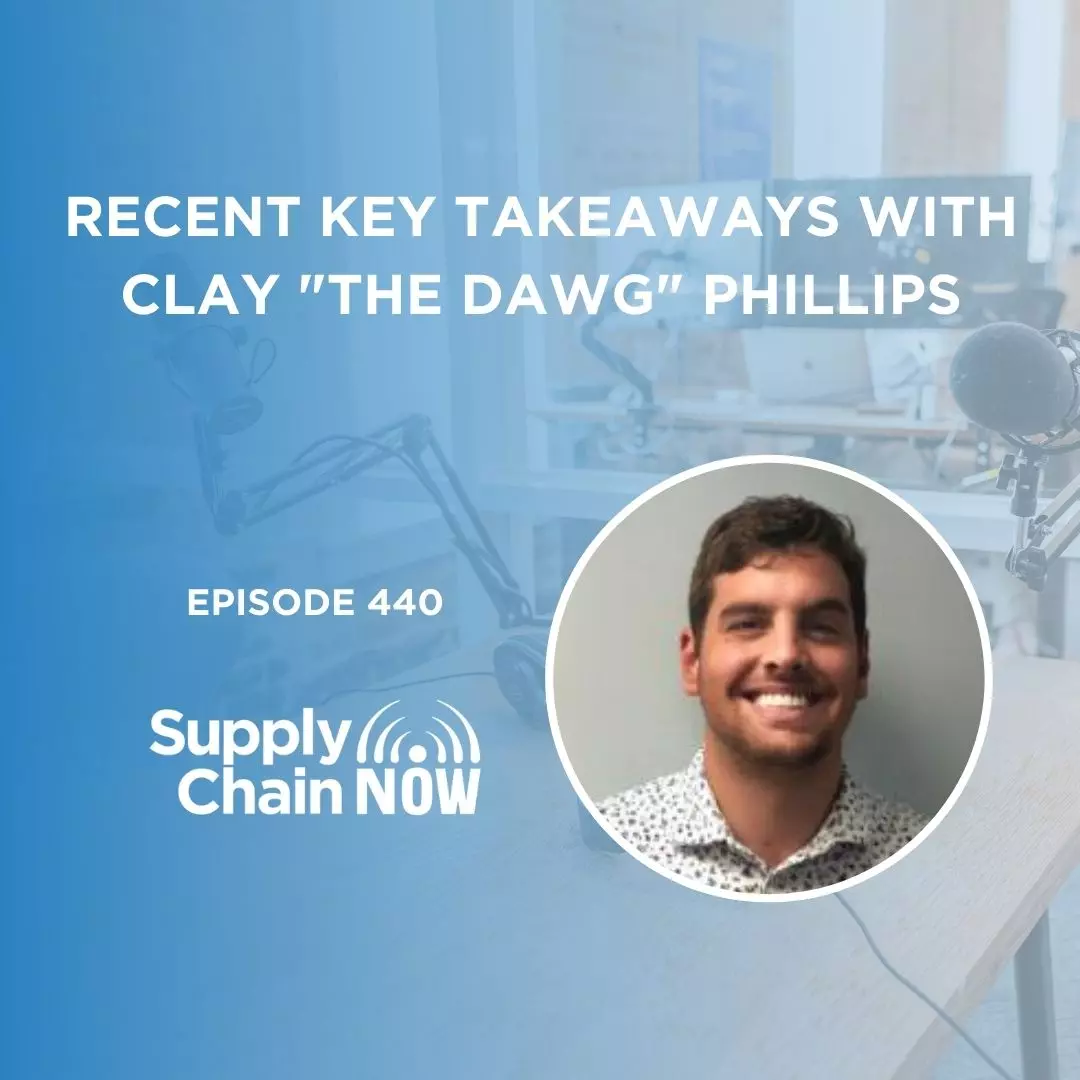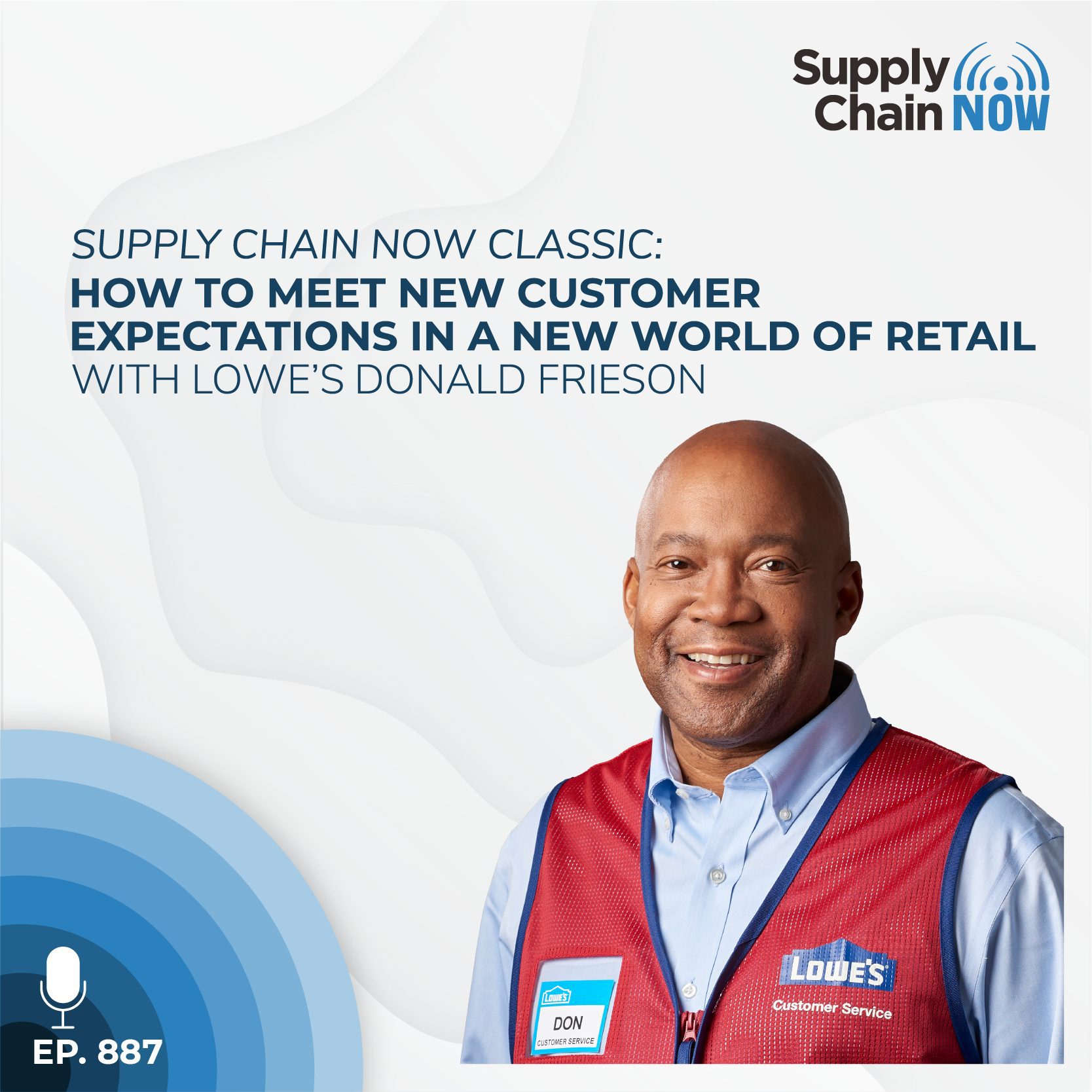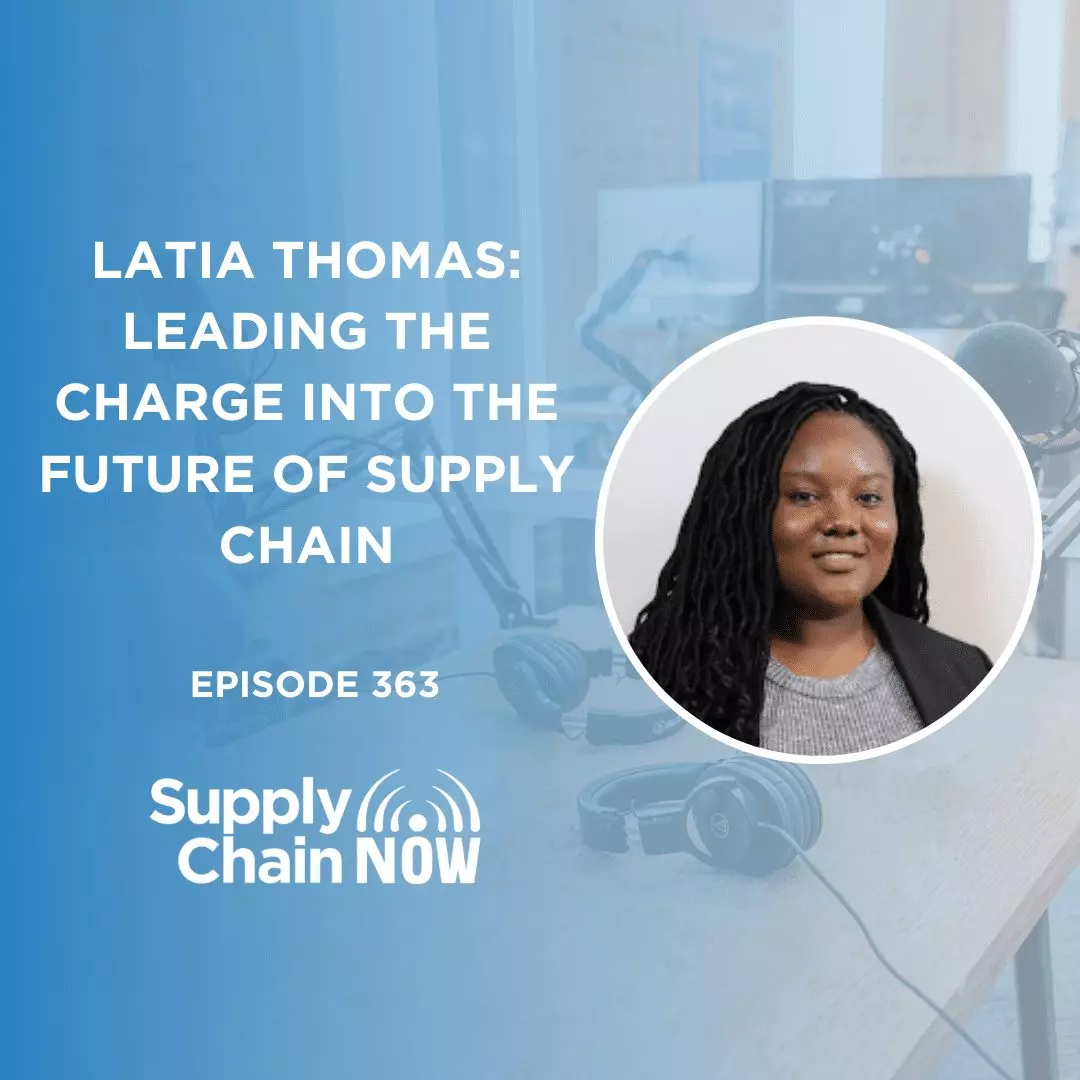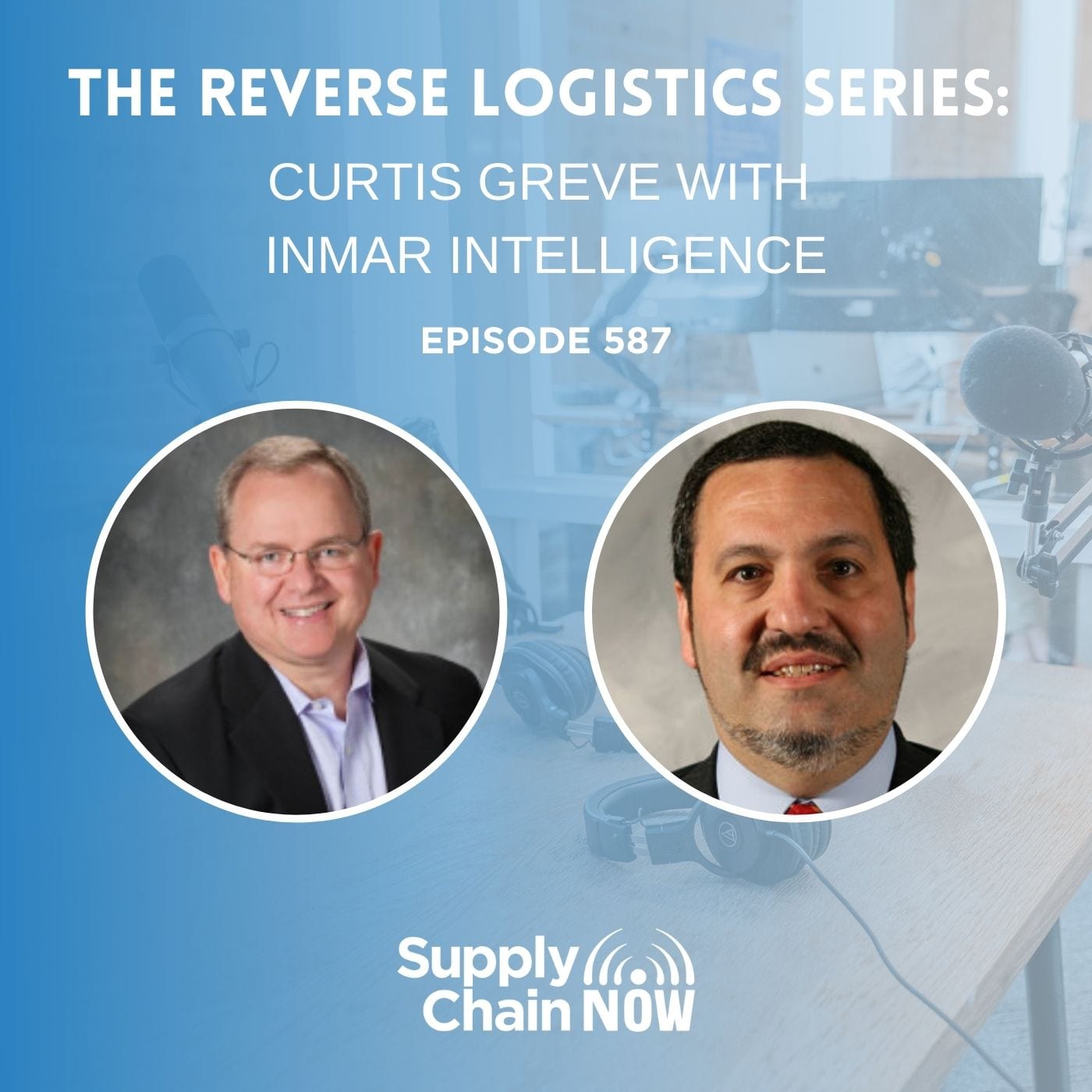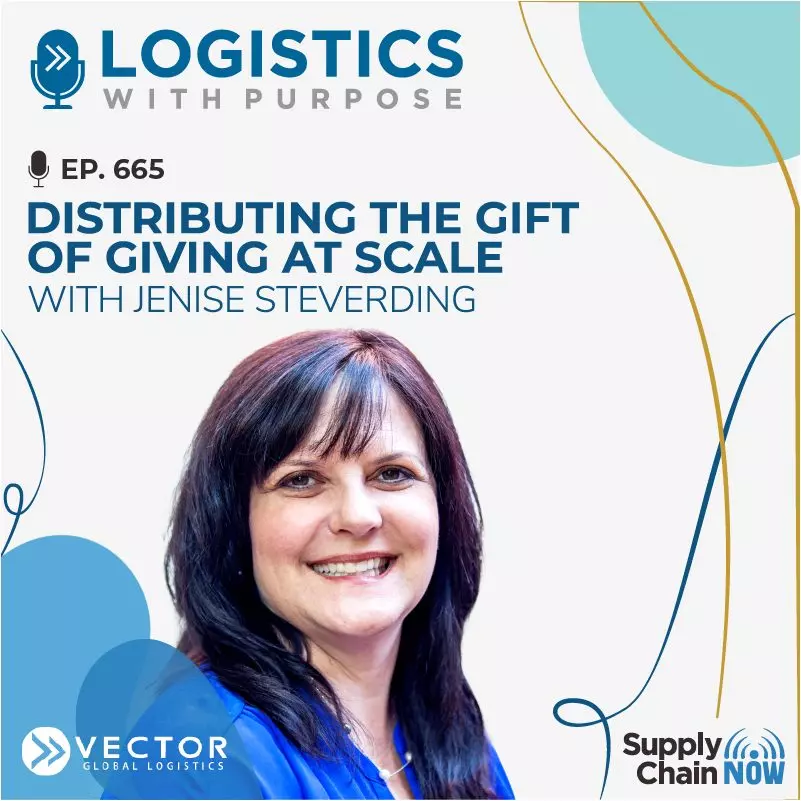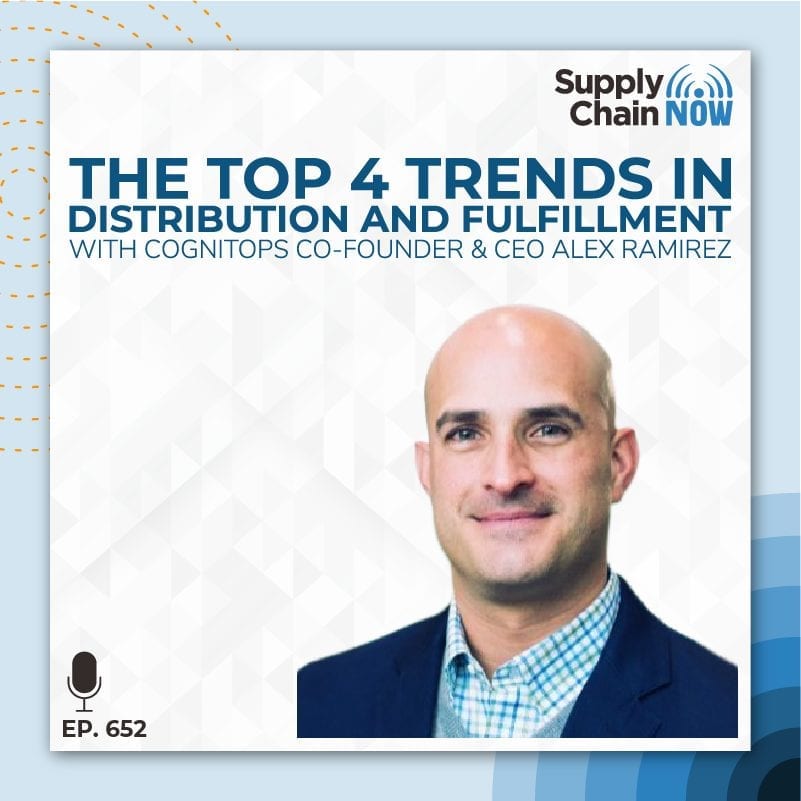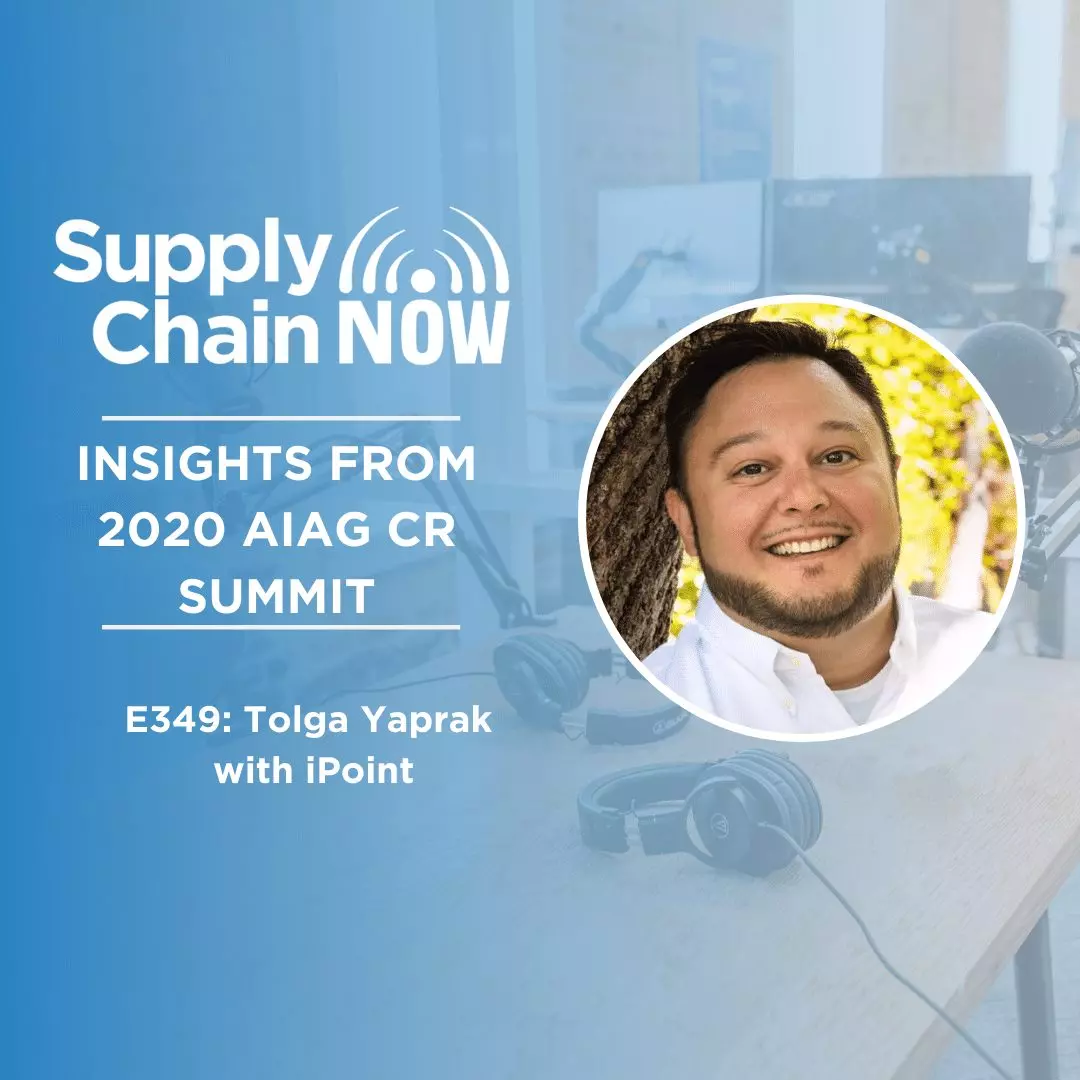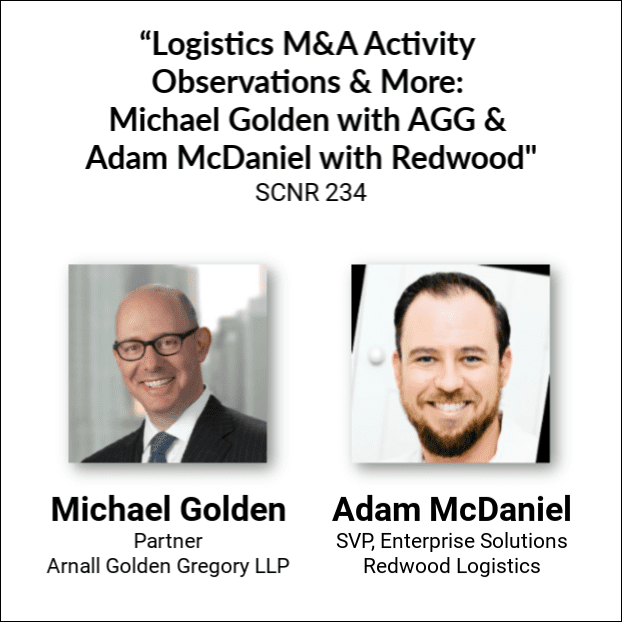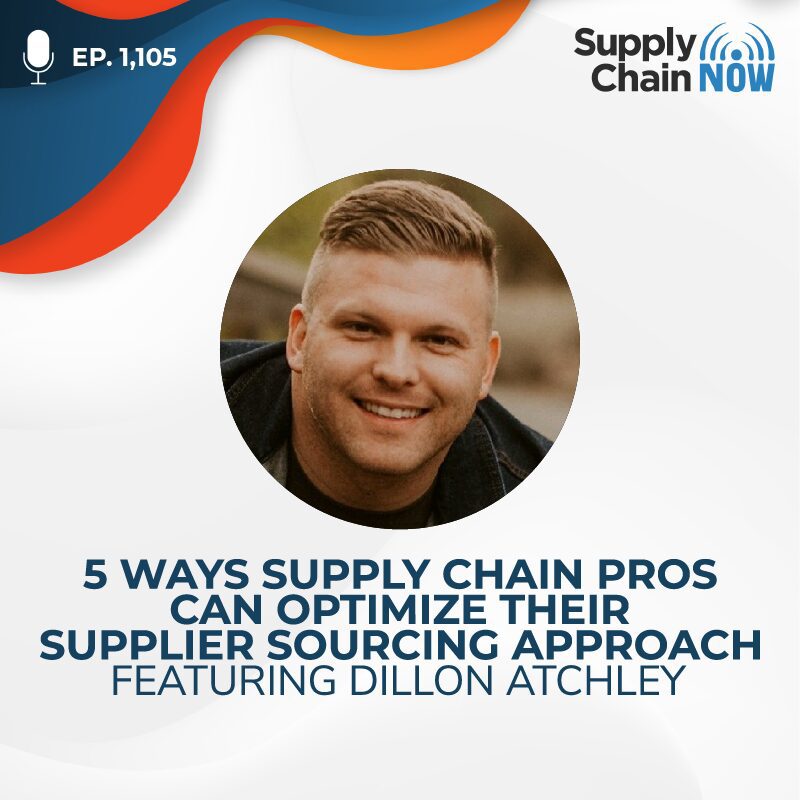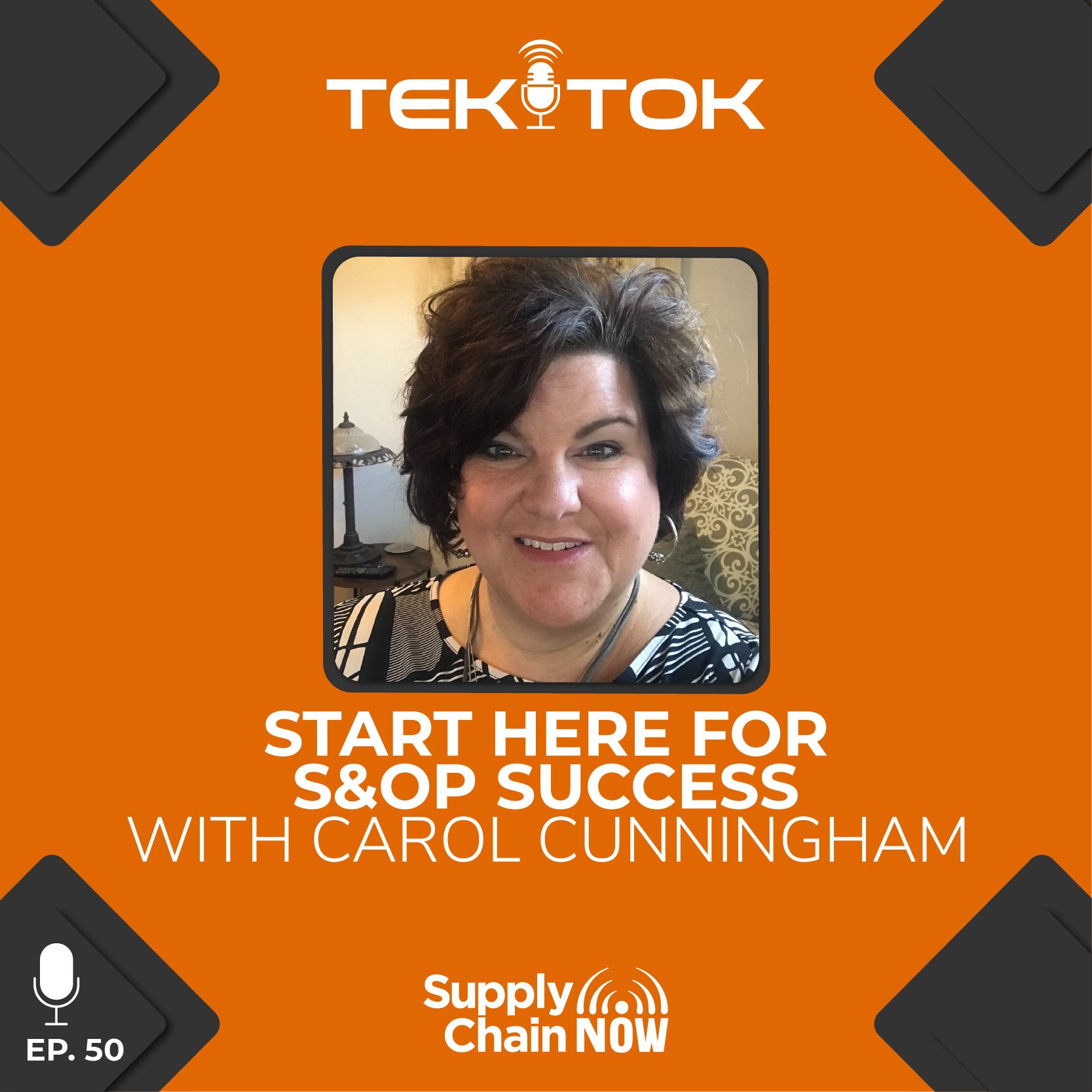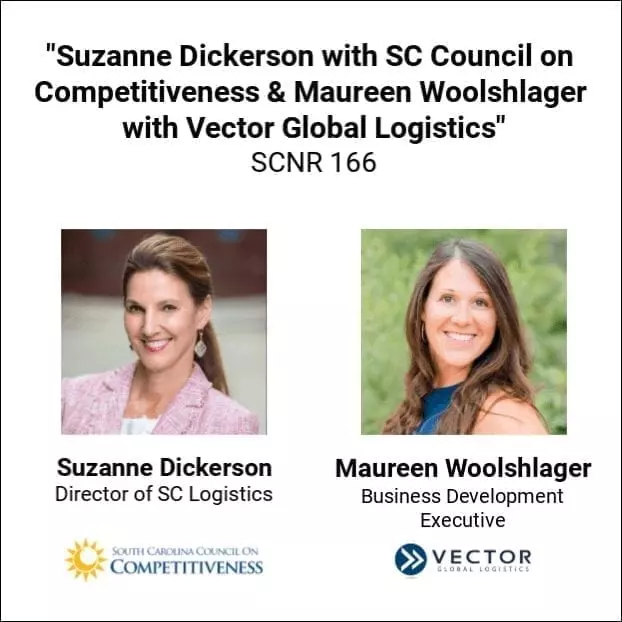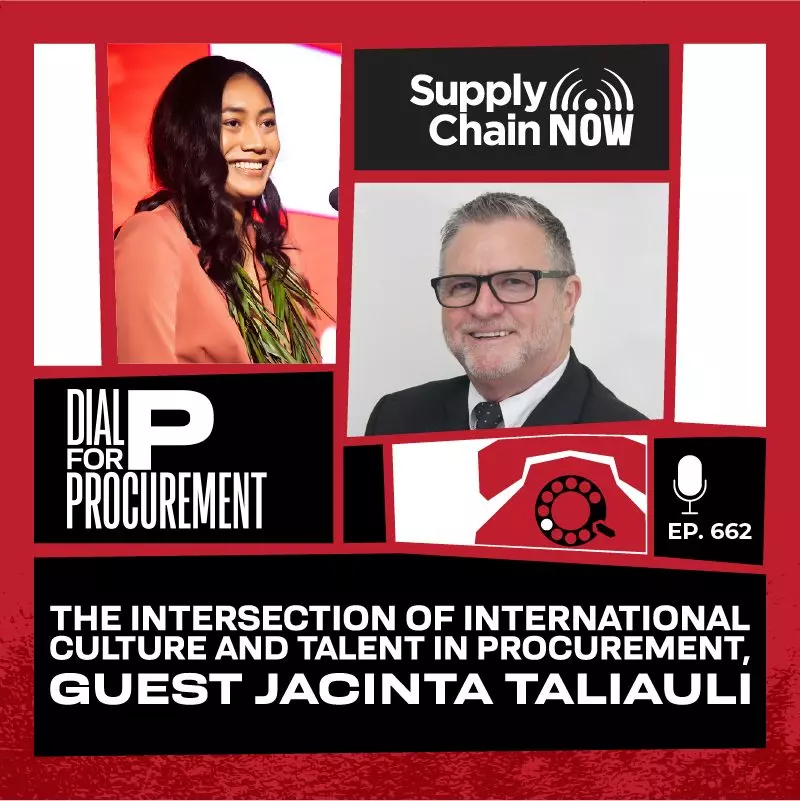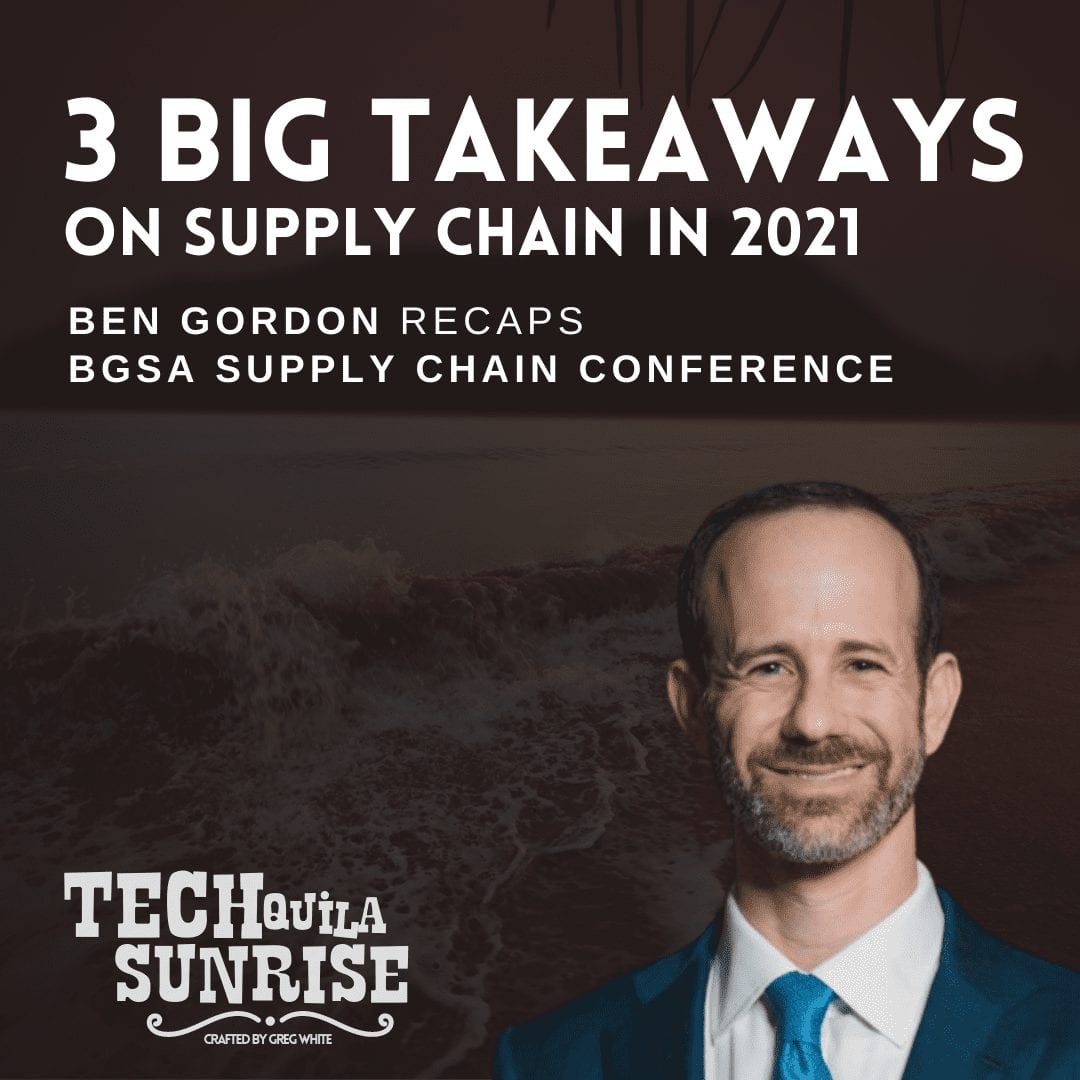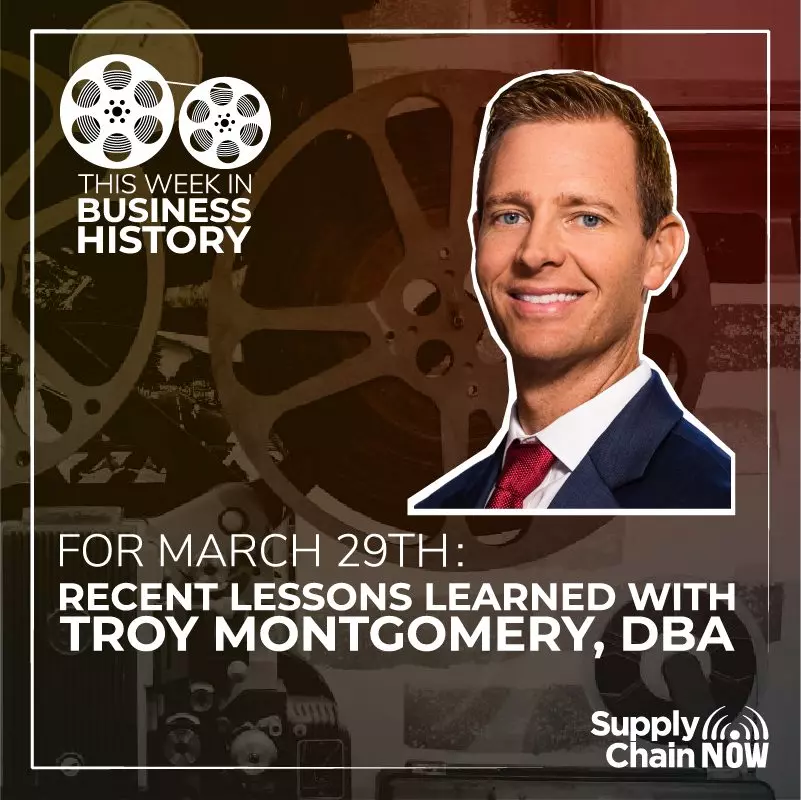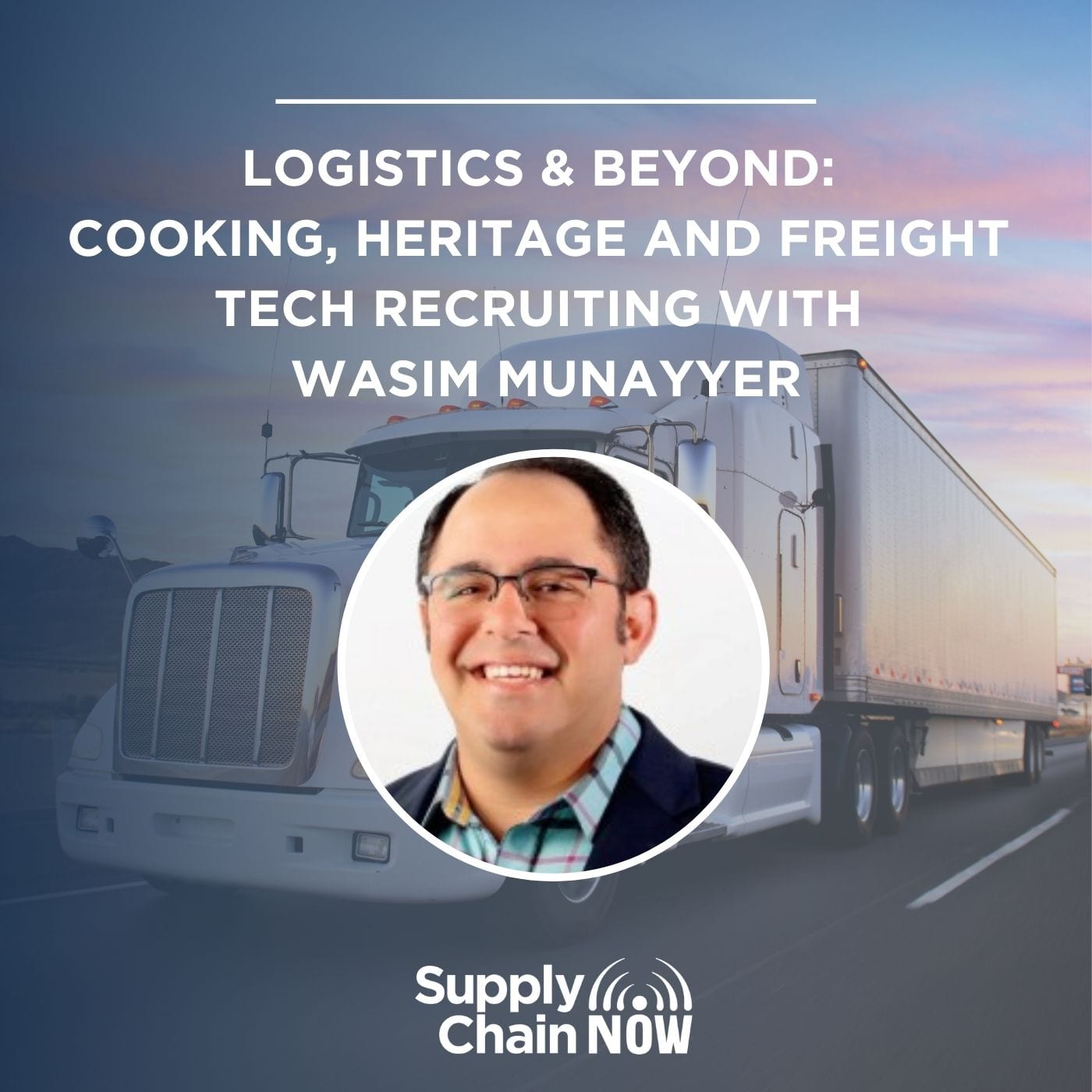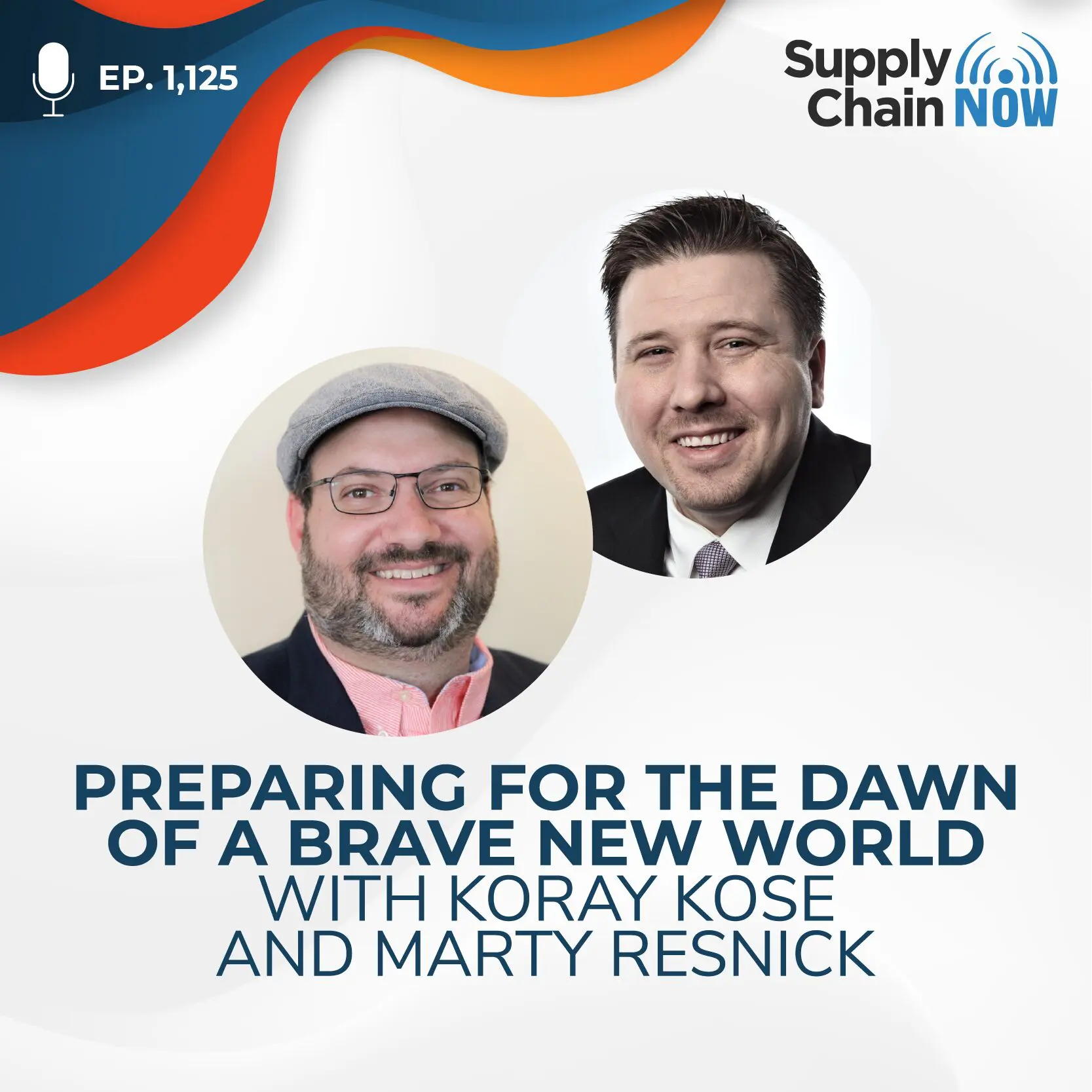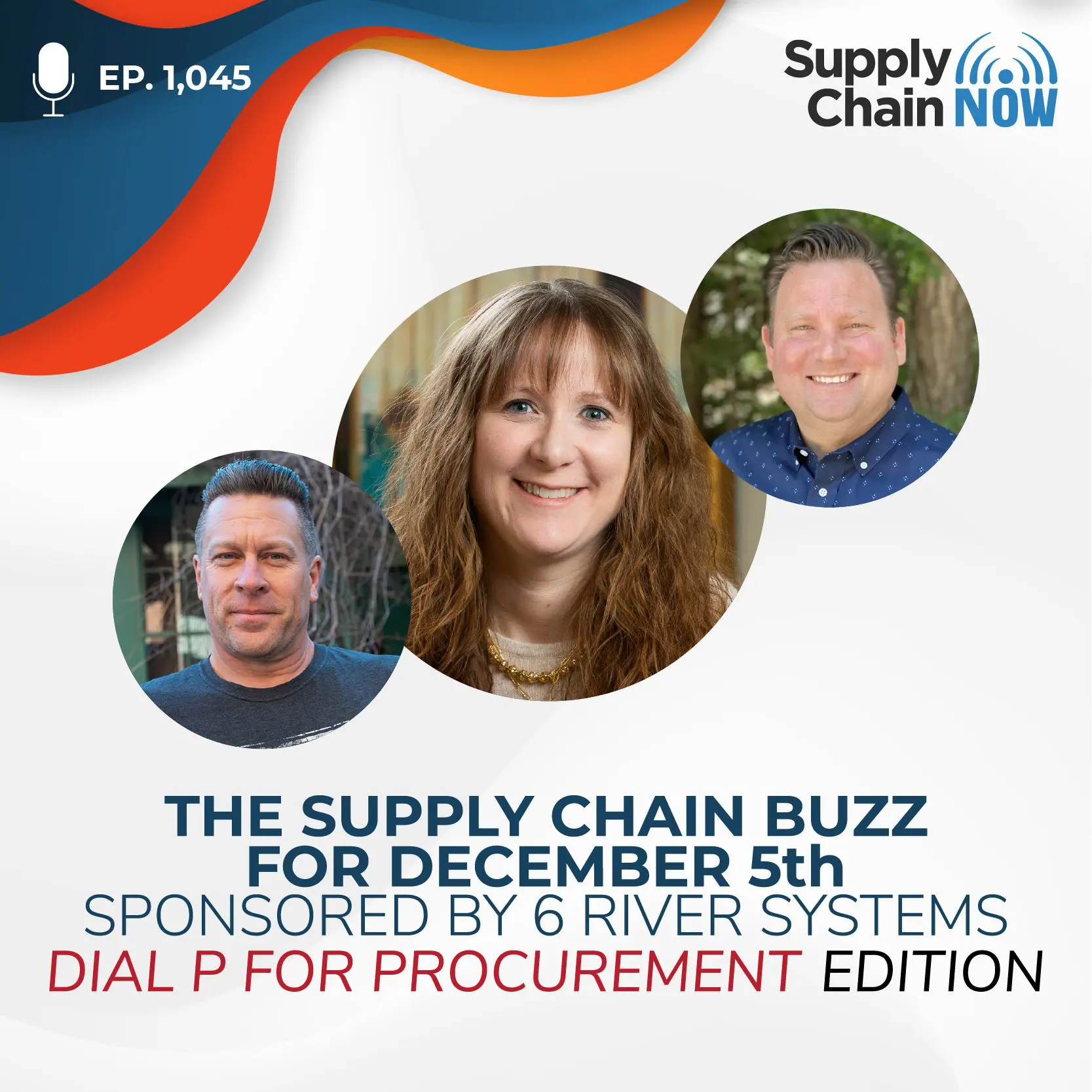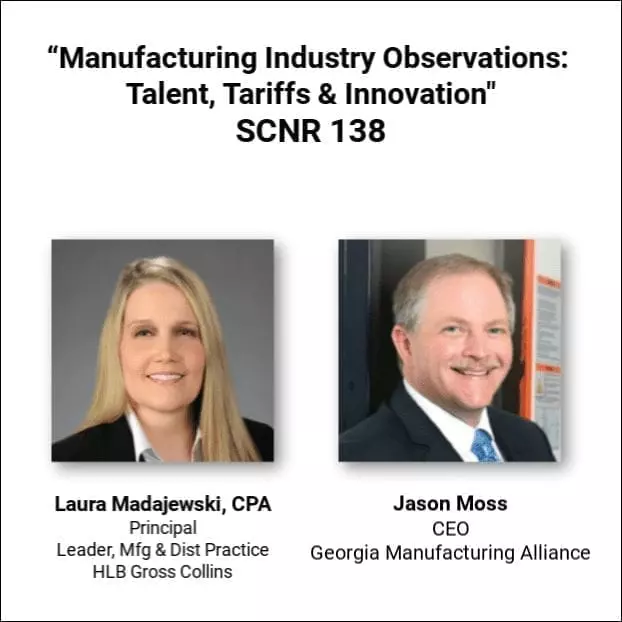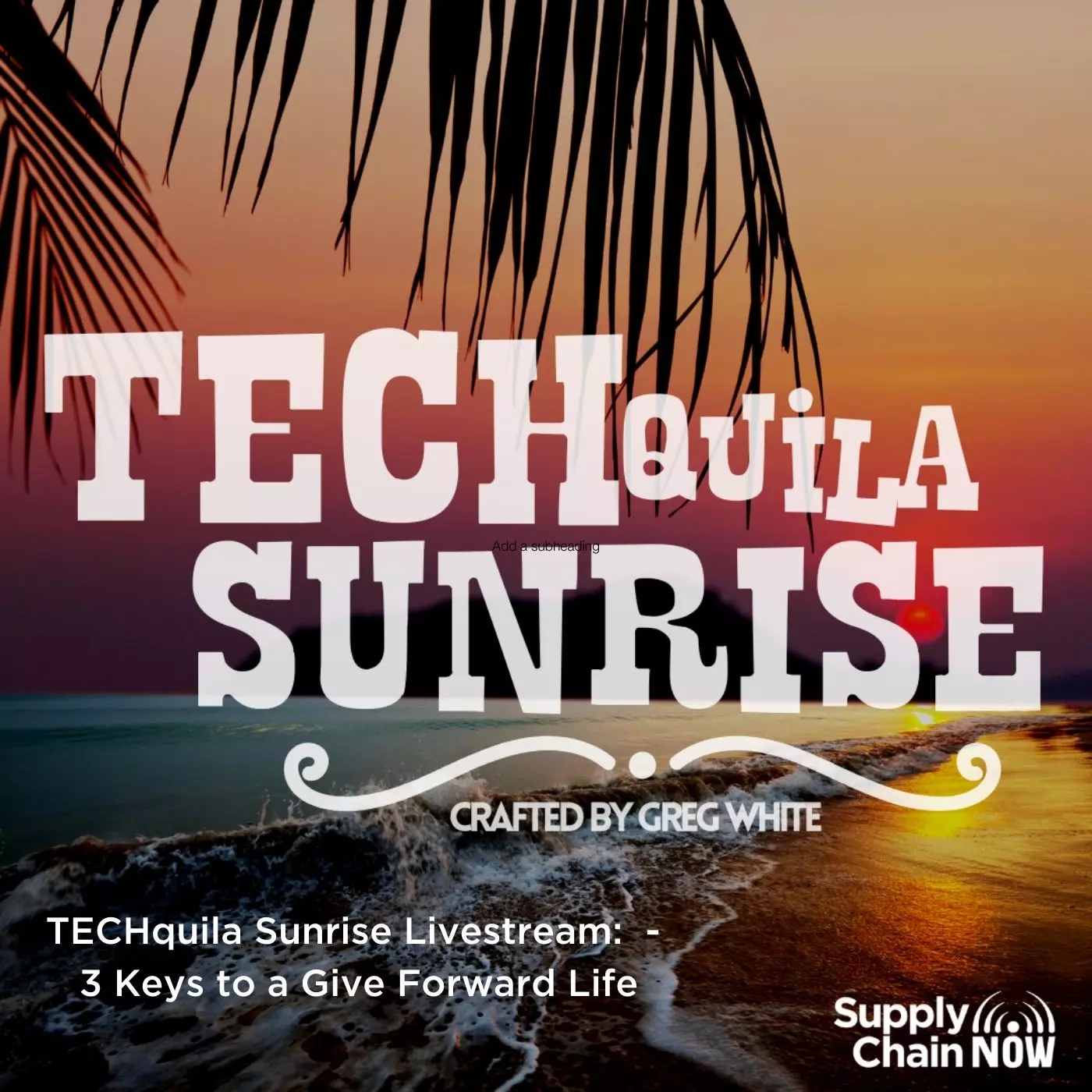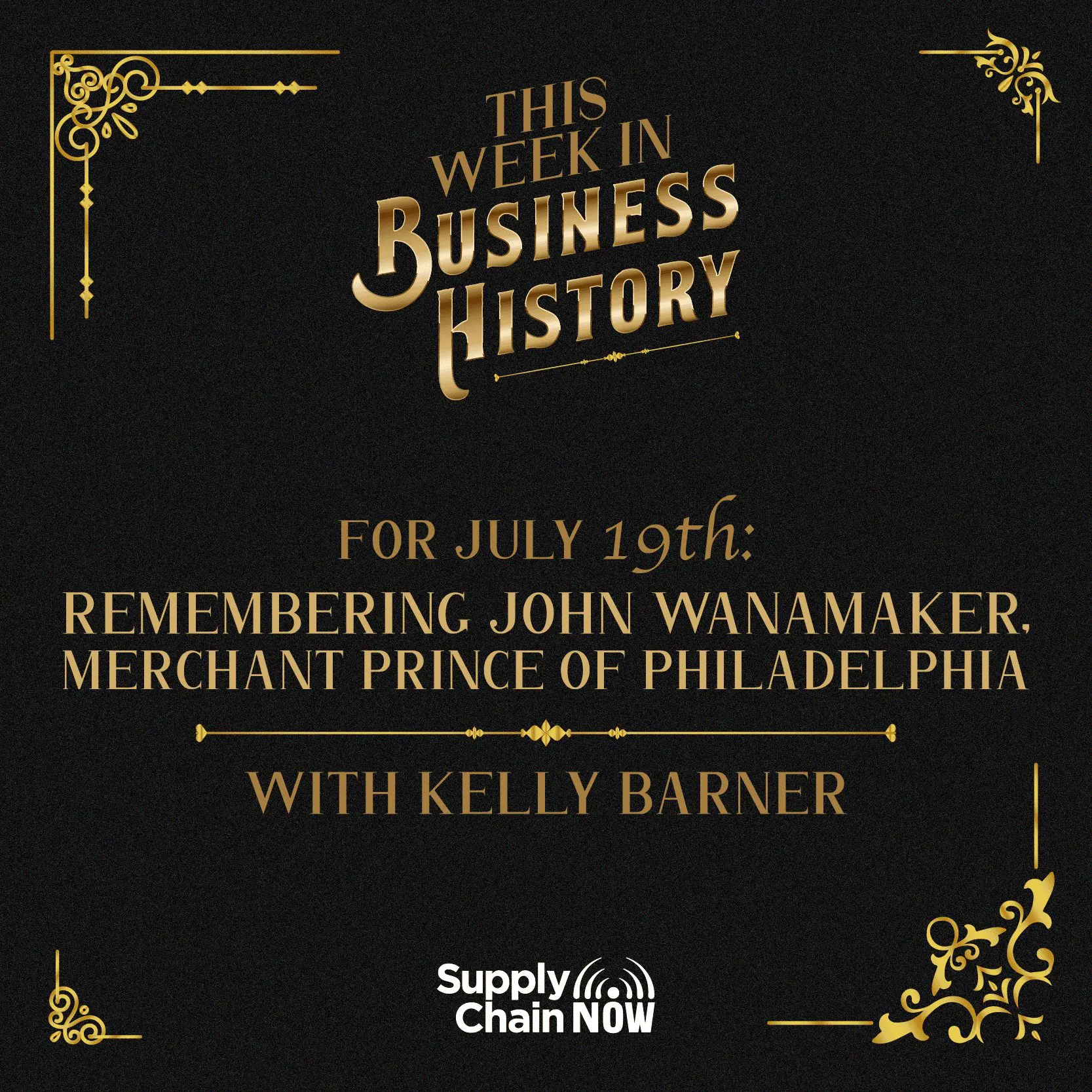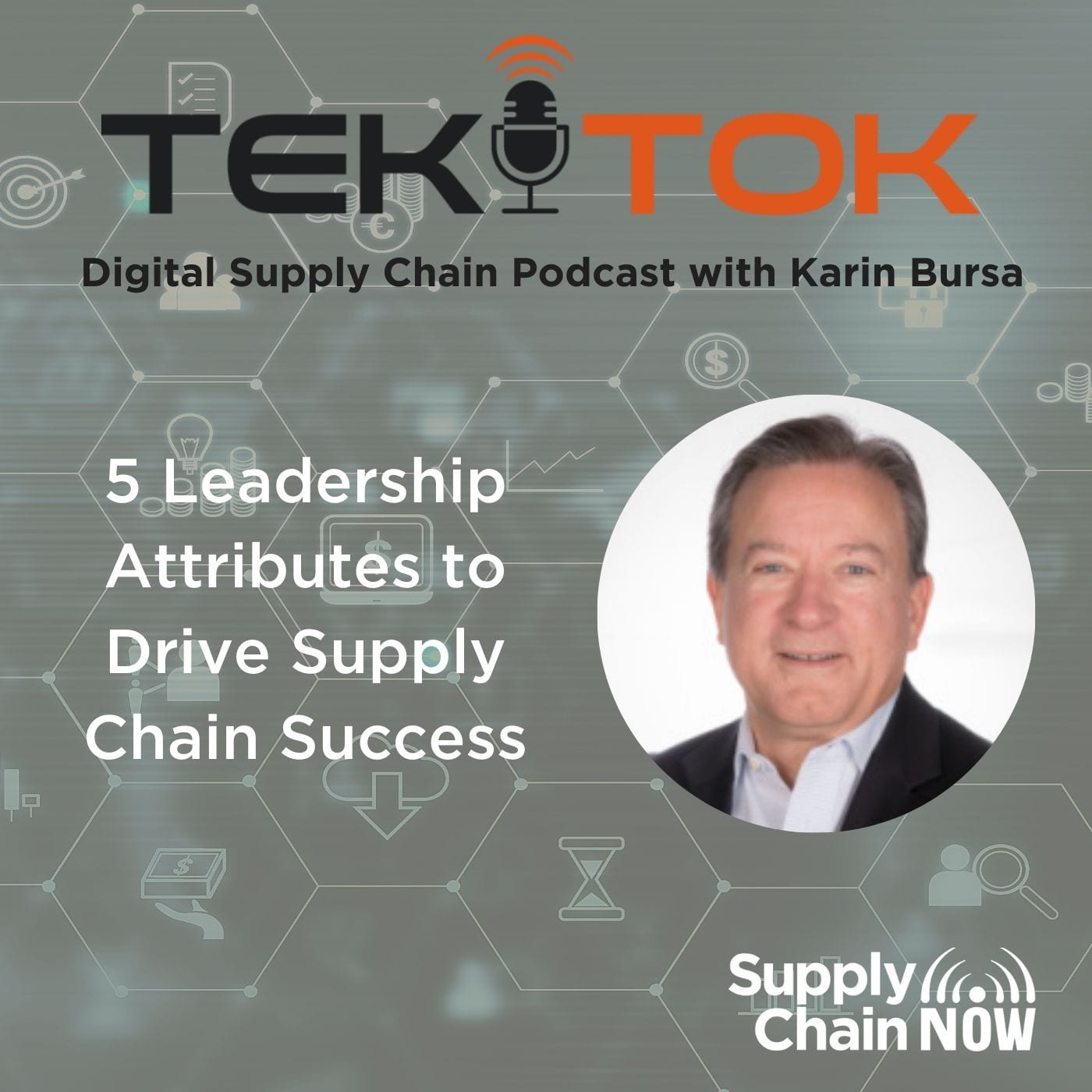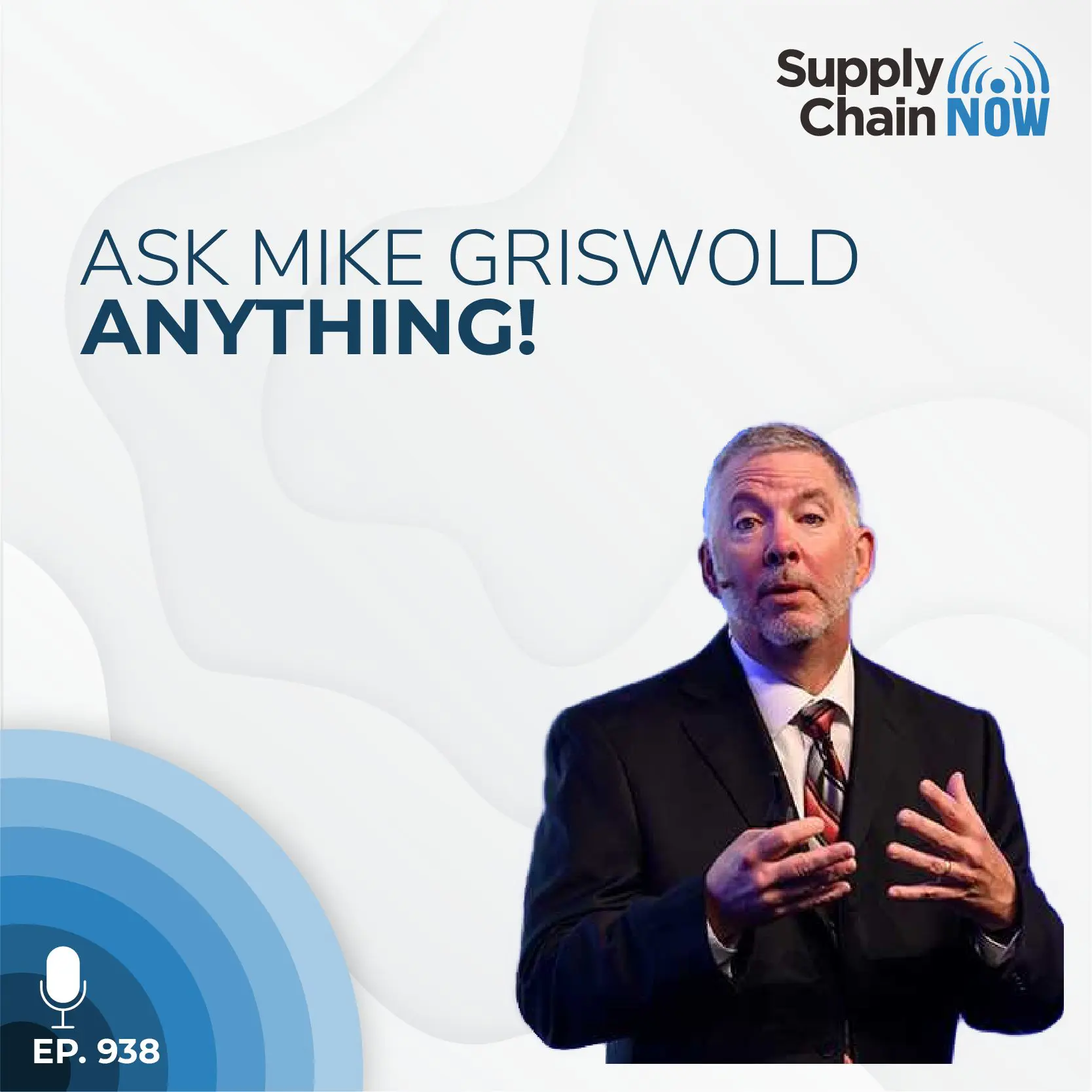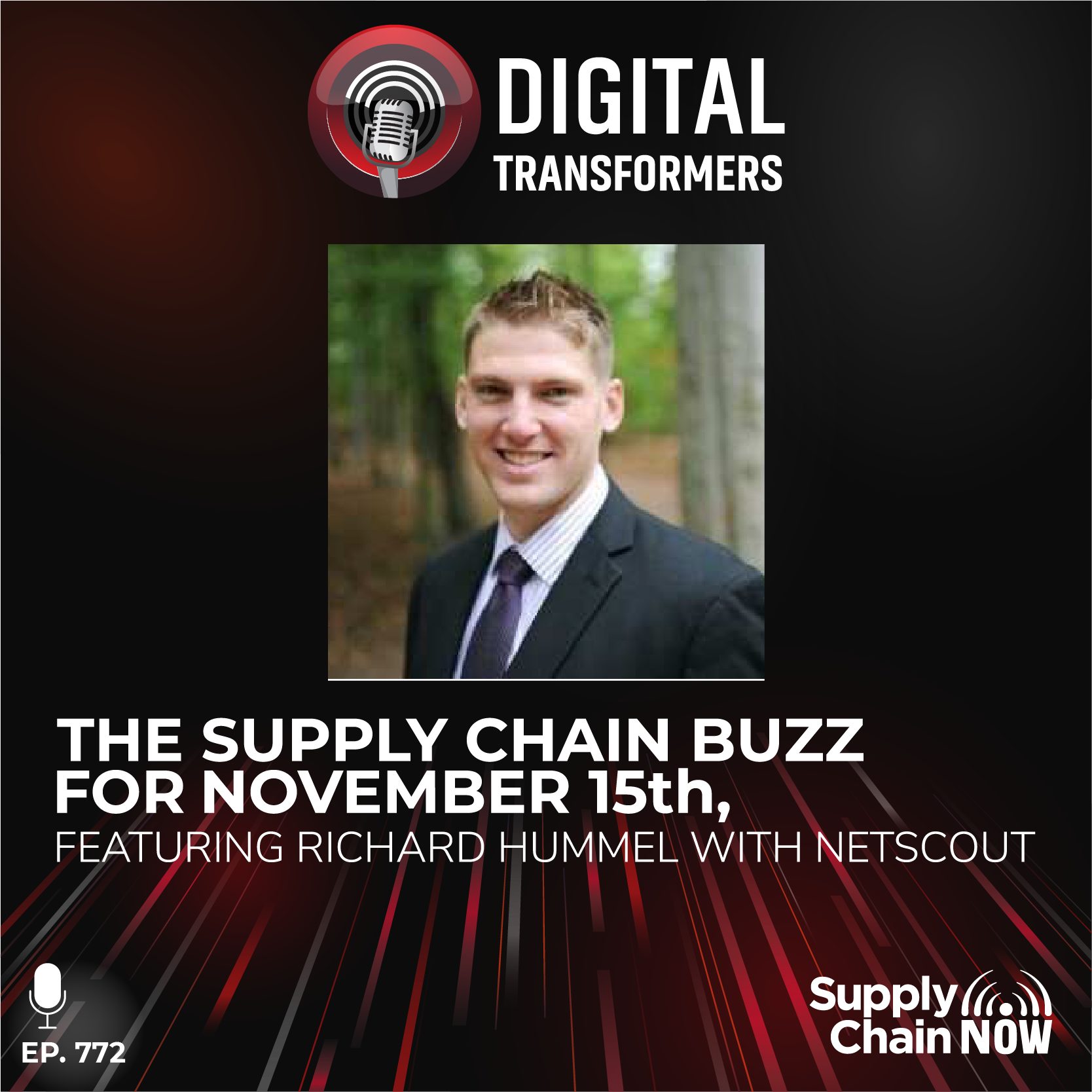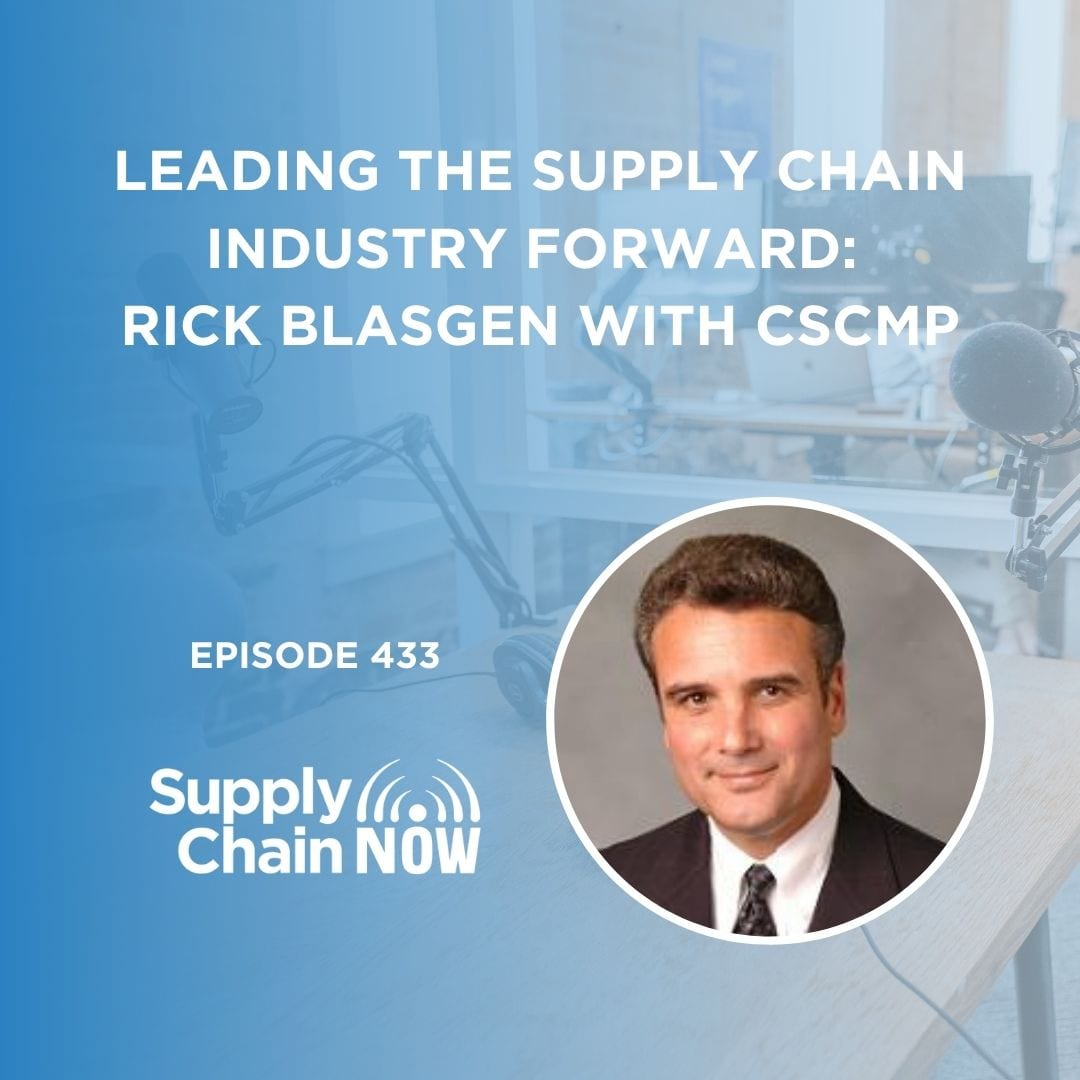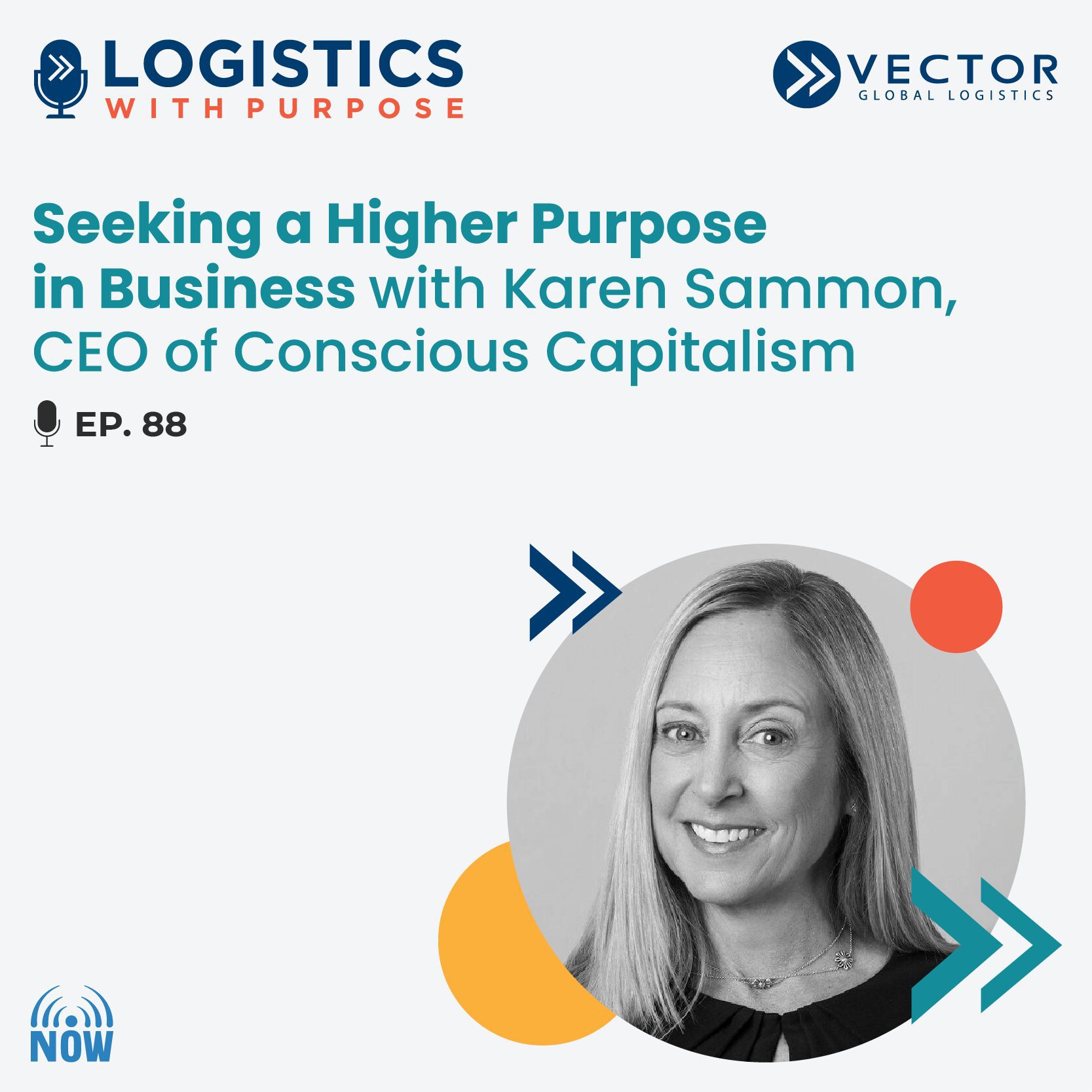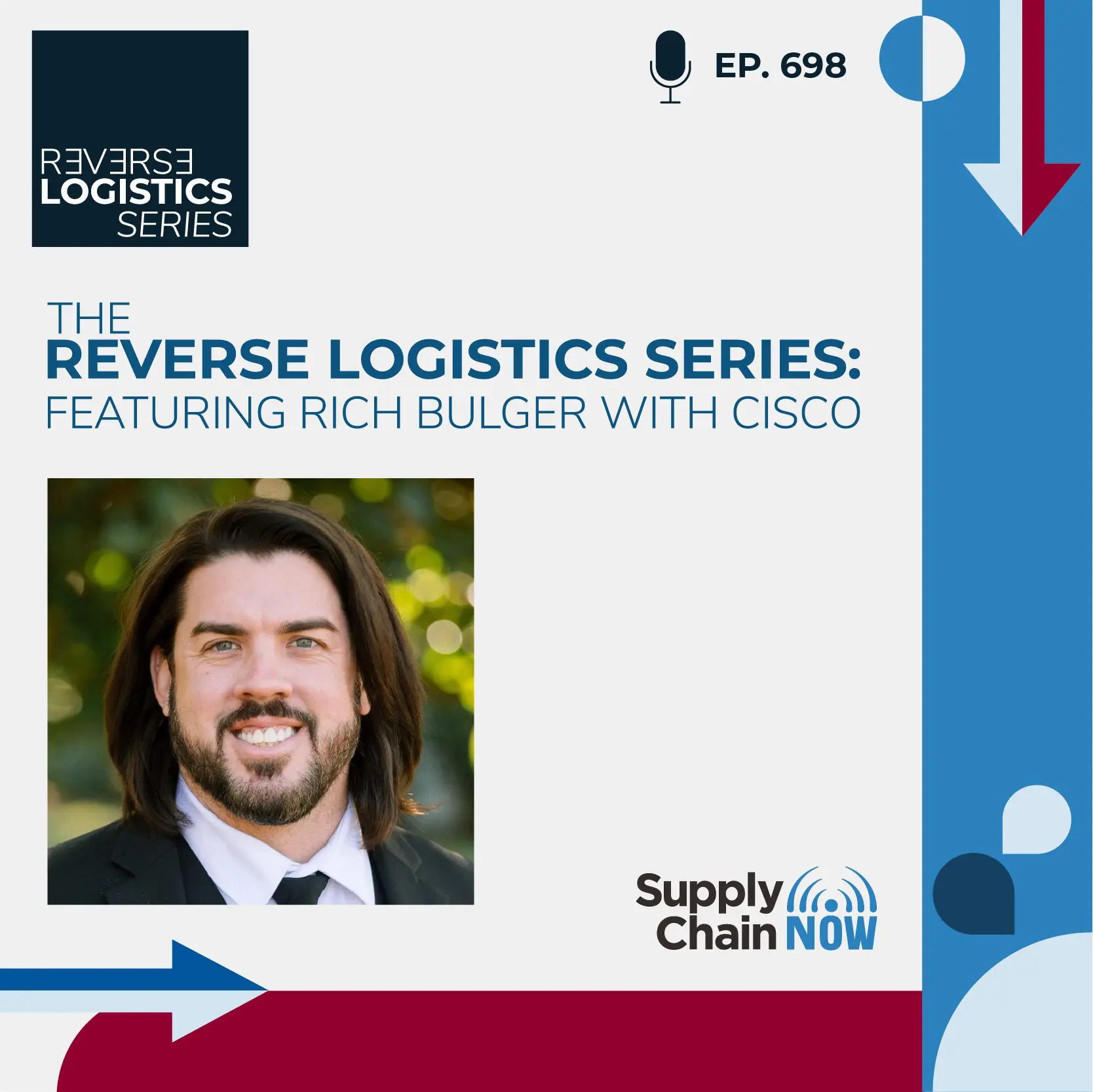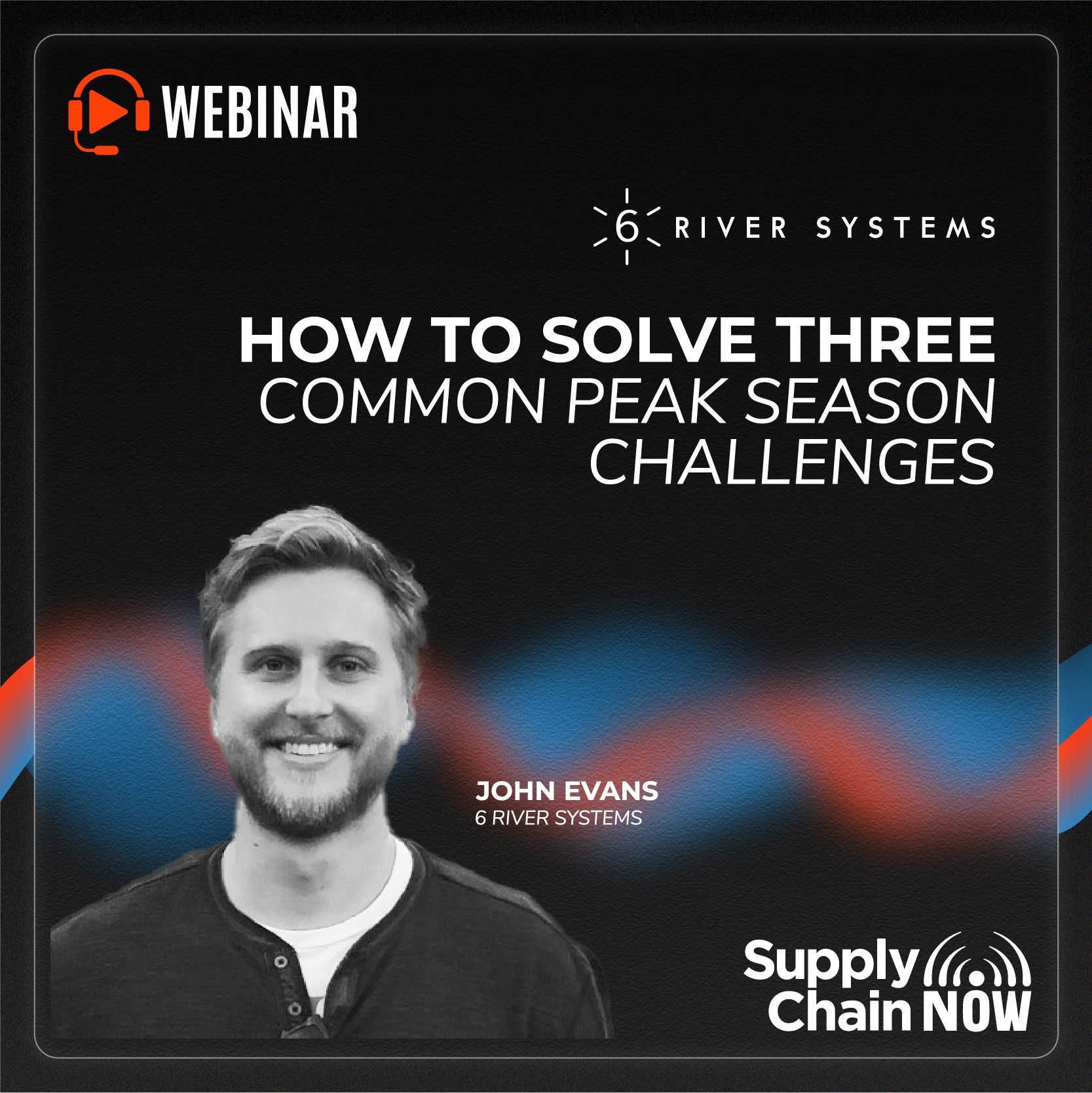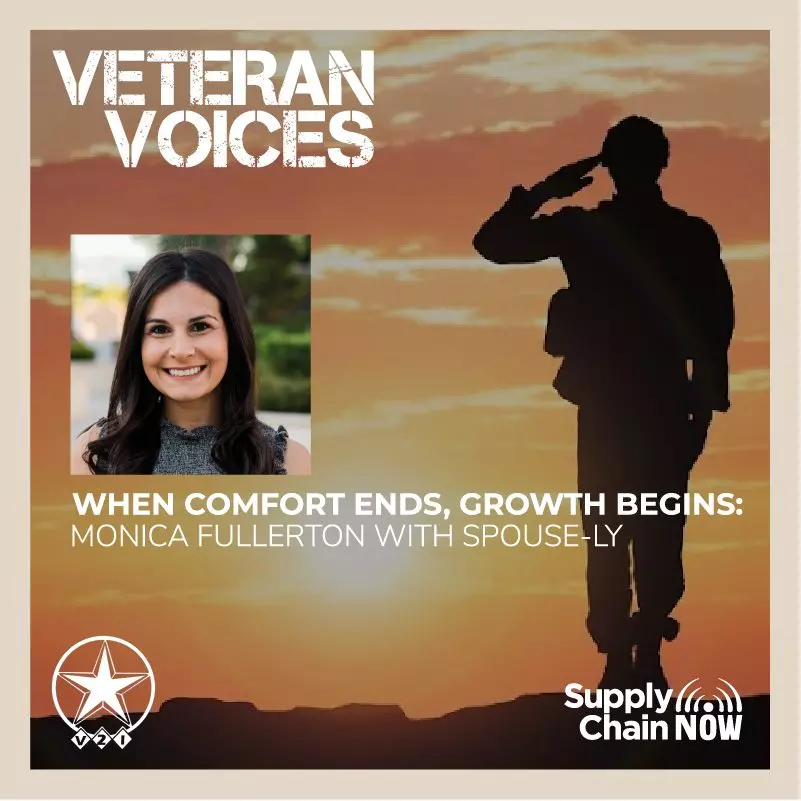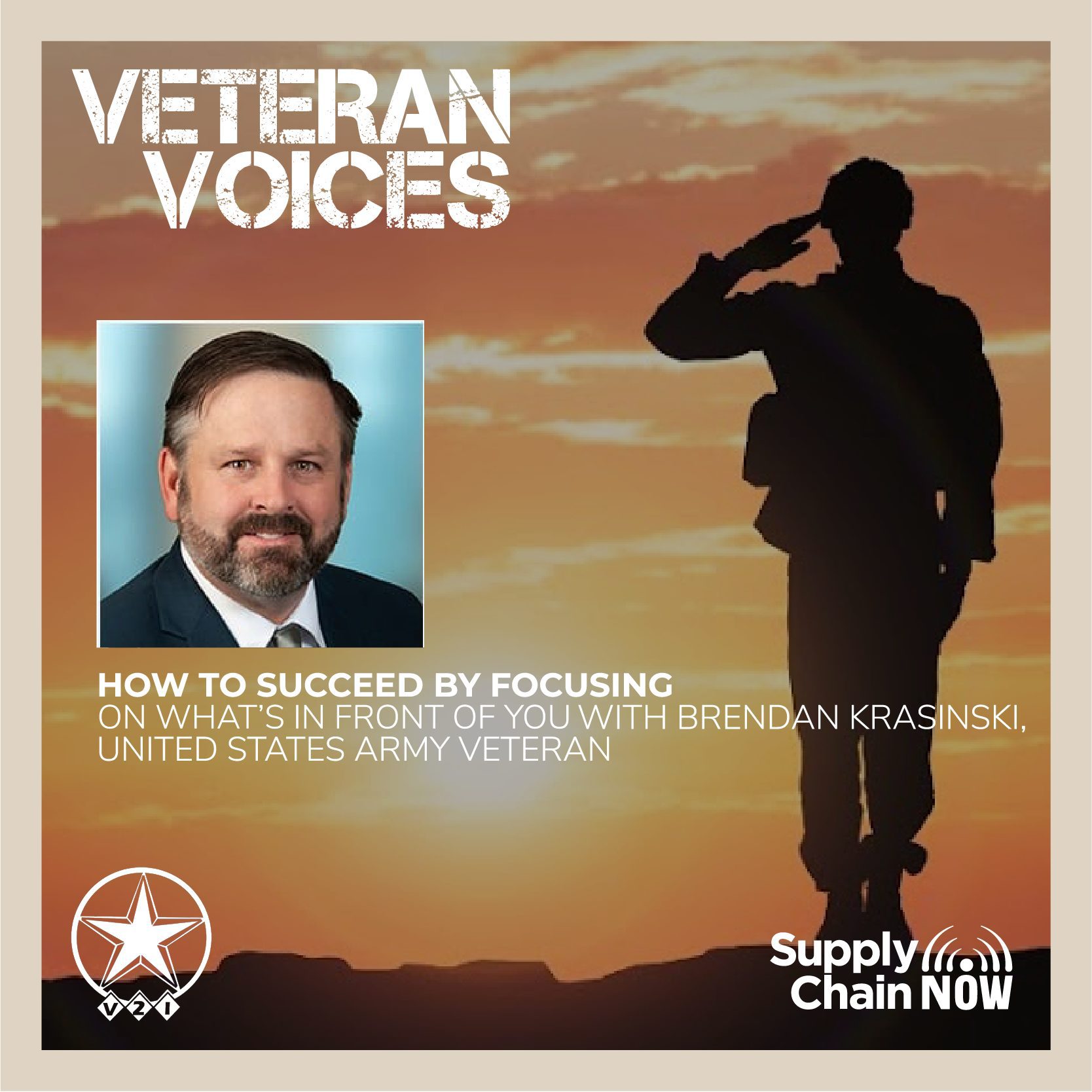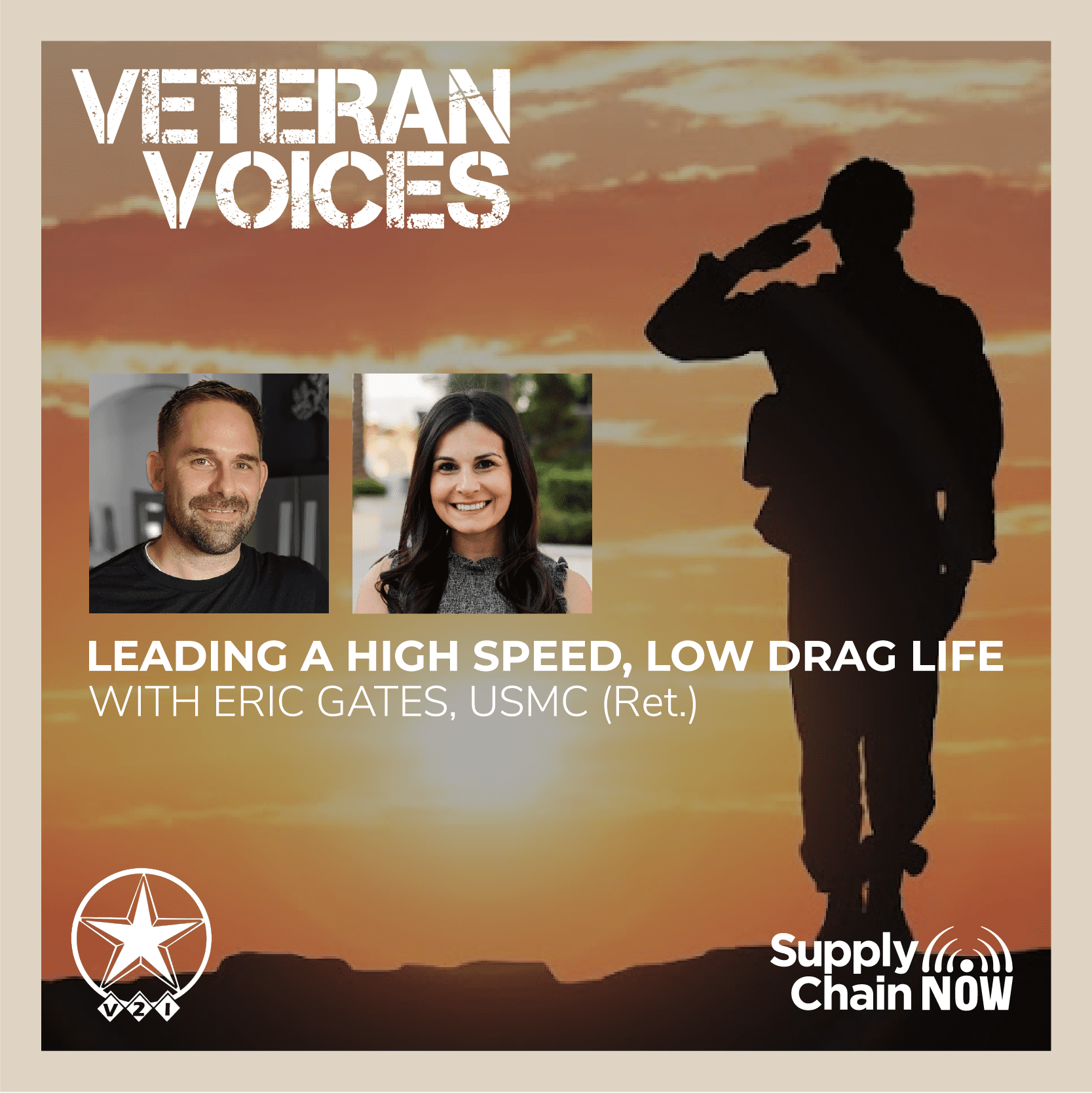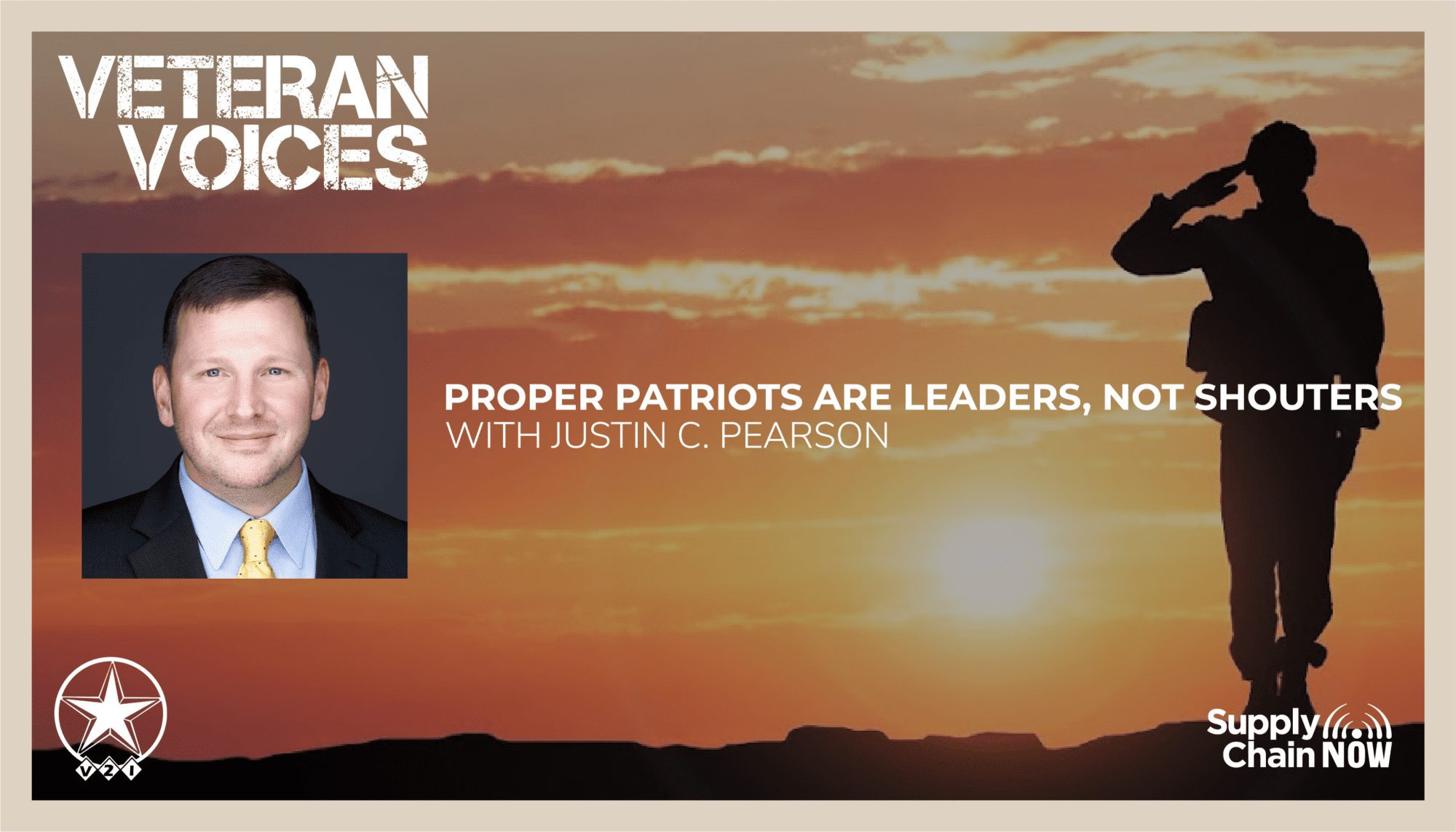
Marketing, networking, and branding. Those are the three elements that any career seeker or individual that's transitioning from one career to another needs to have - especially in this digital environment.
-Justin Pearson, U.S. Army Veteran
Episode Summary
Some people ‘jump’ into everything they do in life with both feet, whether that is jumping into corporate America as an entrepreneur or jumping out of a plane with the 82nd Airborne. Justin Pearson is a perfect example. He even transitioned out of the military with a jump, running headfirst into a LinkedIn environment that wasn’t well suited to help veterans find civilian work.
Justin served in the U.S. Army for two decades. Only agreed to be placed in the infantry if he was allowed to jump out of planes, just as his father and grandfather had done before him. He was a member of the 82nd Airborne, Charlie Company 1505 Parachute Infantry Regiment, known as “The Panthers.” He served in Afghanistan for over a year after 9/11. Today he is the Founder and CEO of Proper Patriot, a patriotic apparel company that focuses on positivity within the military community, the law enforcement community, and the first responder community.
In this episode of Veteran Voices, produced in partnership with Vets2Industry, host Scott Luton speaks with Justin about:
• What everyone needs to do to network, market themselves and build a personal brand today
• The details people often don’t realize about the ‘funnel’ approach to building out a professional network
• How to prepare to have quality interactions that turn into relationships over time
Episode Transcript
Intro/Outro (00:00:02):
Welcome to veteran voices, a podcast dedicated to giving a voice to those that have served in the United States, armed forces on this series, jointly presented by supply chain now, and vets to industry. We sit down with a wide variety of veterans and veteran advocates to gain their insights, perspective, and stories from serving. We taught with many individuals about their challenging transition from active duty to the private sector, and we discuss some of the most vital issues facing veterans today. Join us for this episode of veteran voices.
Scott Luton (00:00:40):
Hey, good morning, everybody. Scott Luton here with you on veteran voices. Thanks for joining us here today. We have an outstanding episode teed up with an army veteran and an entrepreneur that gives back to the veteran community like very few others. Uh, so stay tuned. Quick program note, before we get started with our conversation today, better invoices is part of our supply chain now family programming, but today’s show is conducted in partnership with our dear friends over at vets to industry powerful nonprofit, doing big things for our veteran community. So check them out at vets, the pneumo to industry.org. Okay. No further ado. I want to welcome in our guest here today. Uh, he is a 20 year 20 year army veteran, he’s founder and CEO of proper Patriot, but that’s just one of several small, but very successful businesses that our guests has founded. And one of many initiatives that he leads our guest is a tireless veterans advocate who has mentored tens of thousands of veterans and military spouses over the past few years. So please join me in welcoming Justin C. Pearson to the show, Justin, how you doing? Hey,
Justin C. Pearson (00:01:49):
Very good, Scott, thank you so much for having me on today’s show. Greatly appreciate.
Scott Luton (00:01:54):
Well, great. Uh, finally get connected of course, of vets to industry. We’re both big fans of that organization. Brian Arrington got us connected where we’re both, I think, members of the Brian Arrington fan club, right?
Justin C. Pearson (00:02:07):
Yeah. Did they guy got my coin right behind me? You can see it right there. Hold on. I’m going to go up here. It is right there. That B2 I coin. I love it.
Scott Luton (00:02:17):
And let’s see here, we, we had the probably ropey in from the gorgeous scenery that you got up there kind of in or near the Shanandoah national forest, right?
Justin C. Pearson (00:02:27):
Yeah. Yeah. Backyard overlooks the national park there. It’s beautiful. Um, uh, I’m very, very blessed to have such a view out in the mountains.
Scott Luton (00:02:38):
I am jealous. We’re going to have to get a picture that will, well, maybe we can publish to the episode page, but Hey, Justin, in the meantime, I want to get to know you a little bit better before we get into your service in 20 years with the army. And then of course all the cool things you’ve been up to since let’s get in there, Justin see Pearson a better. So where did you grow up,
Justin C. Pearson (00:02:56):
Justin Scott. Thanks. Uh, I grew up in Montana way kind of, you know, in big, in big sky country, way out in the middle of nowhere. Uh, you know, people still have a hard time understanding. There is not much, you know, in Montana there’s less than a million people, uh, that are in the entire state. So I grew up initially out on a ranch, about 119 miles out of town, a little town called big Sandy Montana. I think there was maybe 72 on the, in the entire school from kindergarten to 12th grade. Right. Uh, and it took quite a while. I got it. Yeah.
Scott Luton (00:03:33):
Before, um, do you get, whenever you share that with folks to do any of them ask you if you watch Yellowstone, you know, what was coming, right?
Justin C. Pearson (00:03:43):
Yeah. Yeah. I, I I’ve seen it. However, you know, with the, all the different initiatives and projects that I’m on. I just don’t, I haven’t had much time to follow through with spending time watching, watching, uh, those awesome shows. Well,
Scott Luton (00:03:58):
One more question. So I loaded up the family, uh, last spring and we went down to the, oh, the swamp is down in Georgia. Uh okey-dokey right on the border of Georgia, Florida. And we went down there mainly because it’s one of the darkest places in the hemisphere, so we can see the stars. Unlike you can see, you can’t do that here because all the light pollution now growing up in Montana, big sky country, what were the star? What were the skies like at night?
Justin C. Pearson (00:04:26):
It was just, it’s truly amazing. Uh, you know, the Northern lights, I go back to like thinking back to August, 2015, when I got married with my wife out in glacier national park, and we were up on the lookout pass, I think it was Grant’s lookout pass. And there was a Milky way, a meteor shower that was happening that night. And we laid out there up at, you know, I want to say it was, you know, 12,000 feet up at the lookout. And we literally laid down on the concrete right there in the, in the main visitor’s parking lot. And we were watching the sky, seeing the Milky way come alive, seeing the light, the lights within the Milky way and all those stars move and shoot across the sky. It was really, really, uh, an amazing experience. And furthermore, it’s one of the many experiences that one could have in glacier national park,
Scott Luton (00:05:19):
Justin man, I’m so jealous. Um, all right. So now we knocked out Yellowstone. We locked areas. We knocked out, um, stargazing, which I’m a big space nerd. You are kind of gonna speak, uh, elaborate a little bit more on your upbringing. What you, when you think of some of the anecdotes and some of the things you were passionate about growing up in Montana, what comes to mind?
Justin C. Pearson (00:05:38):
It’s it’s manual labor every day, all day it’s it’s hard work. You know, I remember picking rocks when I was a kid going out to the rock quarry and you would pick a rock and the rock had to be bigger than the size of your fist to be able to get a penny. Right. And you put the pennies in the back of the pickup truck and then over the period of the summer, like, you know, at this point in time, I’m a freshman, I’m a sophomore in high school or going into my junior year. And I mean, at best you’re making, you know, $175, $200 for all of that work. I mean, yes, I’m, you know, that was in 19 midnight, mid nineties, you know, there was a lot of hard work and effort and, you know, I take those, those same principles right. Of how I was brought up back then out on a farm with chickens, you know, making sure our property was, was good to go, right. Take that same, those same principles here into my daily work ethic, ethic, and life after the military. So can use those same principles throughout the military.
Scott Luton (00:06:39):
I love it. I love it. Okay. So I got to ask you about one more thing before we transition over to your time in uniform, serving our country with farming, um, food growing up food wise in Montana. What, what made up your, you know,
Justin C. Pearson (00:06:53):
That was me meat and dairy, you know, you’re out on a farm yet, you know, beef, chicken, you know, poultry. It was, you know, I mean, very seldom where you actually going into town to where, I mean, town had one blinking light. It had a gas station with a grocery store in the gas station that was smaller than the size of a seven 11 that, you know, the 800 people, I think that lived there at the time, maybe it was 700, but out of the whole community, right. That’s where you went. And there, there wasn’t a lot there. So driving into town, you know, everything that we had to eat was pretty much, you know, being self-reliant out there on the farm and growing what we were eating. Scott.
Scott Luton (00:07:34):
I love it, Justin. Okay. I think we’ve gotten some pretty cool insights into, uh, those early experiences that made Justin C. Pearson, the person you are today, between hard work and, and self, uh, you know, being self-reliant as you put it, uh, the, it sounds like cornerstones of who you
Justin C. Pearson (00:07:50):
Are exactly without a doubt.
Scott Luton (00:07:53):
So now let’s get to what perhaps impacted you, uh, as much or close to it. And that’s 20 years serving our country in the United States army. So what made you join the army?
Justin C. Pearson (00:08:05):
You know, I could say a little bit of, it was, um, you know, family tradition now that I look back on it, but go, you know, when I initially joined the service, it was more or less, you know, Hey, I want to get out and I want to do something. I want to be adventurous. I want to make a name for myself. I want to push me, push myself to the limits. You know, my, my cousins out on the ranch were much bigger than me, you know, uh, you know, I’m six one, you know, 240 pounds, my cousins and they were all, you know, 6, 5, 6, 6, 6, 7, 3, 3, and a quarter, 350 pounds. They were big, huge ranching individuals. I mean, my, my little brother’s six foot, six, six and a half and probably, you know, 340 pounds. So I’m the, I’m the run to the family. And as the running joke, right. They always said pork chop. Right. You know, you’re just a little pork chop, you know? And so when I growing up that always kind of stung me a little bit. Right. And so I was like, you know, I’m going to go out and I’m going to make my, I’m going to make something of myself. I’m going to do something adventurous. I’m going to push myself to the limits and I’m going to make, not only my family proud, but my nation proud.
Scott Luton (00:09:16):
Wow, gosh, 6 1, 2 40. And you’re the runt of the litter. That is crazy, Justin. Um, but I bet y’all had a bunch of fun. Sounds like you grew up with a big loving family and had a great time together. So that, so some of that influenced your decision to join the military. Is that right? Yup. Yup.
Justin C. Pearson (00:09:34):
Um, obviously I wanted to get out, get out for the ranch, get on with my life. I mean, being out on the ranch, our closest neighbor, you know, is good, 20 miles away, you know? So what did you do for fun? Well, you’re taking out the three Wheeler or you’re on a horse, right? You were doing something that, you know, normal people in today’s age, you know, don’t do like, Hey, let’s go, you know, ride the four, the three Wheeler, you know, off this job into the lake, just so we can, you know, hoopla. So eventually I was like, you know, I want to get out of here. And it just happened to be the one thing that I wanted to touch on is, you know, my father served and my grandfather served all were infantry men. And, but when I joined me becoming an infantry men in the army and jumping out of planes, like I never knew my father was that at that point in time, or my grandfather was that, and they earned, you know, prestigious combat infantry, men’s badge awards during that, during their service, or they earned the bronze star during their service.
Justin C. Pearson (00:10:35):
And then it just happened, you know, over the period of my career, you know, I was awarded and, you know, experienced those similar awards and recipients of those awards.
Scott Luton (00:10:47):
Well, I love how that runs in your family, that this incredible commitment to serving and, and not just serving, but serving with abandoned and, you know, in a extraordinary manner. So let’s talk about what you did in the army. What was your, what was your MOS?
Justin C. Pearson (00:11:03):
Um, so when I joined, um, I was an infantry man, right. It took me, it took me several, um, several stents to be able to pass the ASVAB. You know, I, I was a hard work and ranch kid. I wasn’t, you know, in the books and learning, you know, the learning then in Montana is much different than learning now in the curriculum that is in the schools now. So it took me a couple of times to pass the test. And when I did finally pass the test and it wasn’t like, oh, I just miss it by a point. And then I would score 25 points higher. And then they’re like, Nope, you gotta take it again. Right. And then when I took it again, I scored 20 points lower. And then they’re like, well, you have to be within this, this range. So I ended up taking the test like four times just to get into the service. And then when I got in, you know, when I passed it, they were like, you can only be an infantry man. And I was like, well, what does, you know, what does that, what does that mean? You know, well, I’ll only do it if I can jump out a plane. So they had to pick up the phone, make a call to the special people. And, uh, you know, lo and behold, I was jumping out of planes and got that in my contract and, you know, left out to serve and in June of 97.
Scott Luton (00:12:12):
Wow. And that started what would end up being a 20 year career? Did you know, did you have a good sense? You know, I can remember I’ll I’ll I serve just less than four, right. Cause I had a, kind of a strange two part, but at that, as I was approaching that first enlistment period where, you know, I was either gonna transition or re-enlist man, you know, the conversations change, the recruitment changed. And a lot of my peers, some of them exited, but some of them more than that bonus, they stayed in. Did you, as you approached the end of your first term, did you get a sense that there’s going to be a career or where you had some eyes on the other side of the fence? What was your mind?
Justin C. Pearson (00:12:51):
Nope. You know, at that point in time, like, I mean, you think of the first, like 2, 3, 4 years. And I think my first enlistment was four years. Right. And in those first four years, you know, I graduated infantry, I earned my blue court. I went to airborne school. I learned how to jump out of planes. Um, I went to, uh, an airborne unit, um, which was the 82nd airborne Charlie company, one, 5.5 parachute infantry regimen, right. The Panthers. And, um, you know, it was, we were going out on missions all the time. We were doing training exercises. You were with the platoon in the company, a bunch of hard chargers, right. A bunch of individuals that, you know, you want to go out, you want to train hard, you want to play and then come in on the weekends and play hard. Right. Um, so like it was
Scott Luton (00:13:36):
I’m ready to go as
Justin C. Pearson (00:13:38):
High. It was, I mean, you were going. And so I didn’t have much of an opportunity early on in my career to like, just sit back and chill and relaxed as the infantry guy who wanted to be the best. And at that point in time, young and my military career, I’m winning the awards. I’m holding the guide on high for the COO, for the company commander, um, you know, doing all of these really, really awesome things, uh, that are helping me, um, define my, my physical fitness and my abilities as a young leader in the military. Right. And then at that point in time when you’re at that peak, and then the military says, oh, this is awesome. Where do you want to go? We would love to give you this, that and the other, but do you want to go to recruiting and try that out?
Justin C. Pearson (00:14:22):
Um, earn another skill set. We can give you a bonus too. Right. So that’s kind of the domino effect that happened through my military career is I wanted to try all these new experiences and becoming, you know, like skilled professional in each of those areas. You know, when you look at them in bite sized chunks of like three years at a time, you know, there was always a, you know, a dangly carrot being held in front of you, Hey, do you want to go to Hawaii? You can check Hawaii yet. You spent some in a Y get a tan and those jokers, you know, at that point in time, I mean, they were some good, good, uh, guidance counselors that were in the military units that were keeping the soldiers in. So, you know, being able to go from recruiting as my second duty, over to Hawaii as my third duty, as 2001, you know, September 11th had just happened. You know, I’m going back into the fight at that point in time, not knowing what’s going to happen and whatnot. So yeah. Bite sized chunks throughout my whole military career, you know, once I got to like the maybe 14 year mark at that point in time, I was like, oh, okay. I guess I’m staying in for the, the 30, you know, there was always this, like, I’m going to stay in for 30 plus years and obviously 20 years, you know, that magic light flipped on. And it was like, okay, airborne I’m out of here.
Scott Luton (00:15:43):
So, so you went in 97. So that would mean that you exited in 2017, is that right? Yep.
Justin C. Pearson (00:15:50):
2017.
Scott Luton (00:15:51):
All right. So and so you’re there throughout obviously September 11th and how that changed everything. Yeah. Before we talk about some of the folks, great folks you served with, and we never had enough time for that and, and these short conversations, but speak to how that I always am intrigued by the folks I speak to that served in the military before nine 11, and then kind of threw out that, you know, that the, uh, turbulent times that came with it and last for years to speak to that, if you would live with justice.
Justin C. Pearson (00:16:24):
Thank you. Thank you for bringing that up. That that can be a very, very, you know, a sensitive topic for, for veterans some more so than others. And, you know, when I think back when I, when I left recruiting, um, in just after September 11th, because I re, I remember when September 11th happened and I was a recruiter in Missoula, Montana, and I was already on orders to go to Schofield barracks, Hawaii, to an infantry unit. And, you know, I had been out of we’ll call it Ben out of regular training for, you know, at this point, you know, just over two years. Right? So as a young leader, um, that has not been primarily in the job that I initially enlisted into. I was scared, you know, I was, I was nervous, but excited to be able to get back, um, to get back into the organization that was going to deploy.
Justin C. Pearson (00:17:22):
Right. So I think I had, I had got to, um, when I left Montana to go to Hawaii, I would say it was like the middle of October when I initially arrived. And I went right into the reception battalion. And then from there, they immediately put us on different guard posts, right. And then we were, we waited for weeks upon weeks, um, within the replacement organization that, that we were in, in order to get to our normal unit, which then when I finally got to the normal unit, we were again on gate guards and different types of guards, guarding the posts of, uh, around, around Hawaii. And we waited and it was a waiting game, you know, and, and when you’re wanting to go, and then you can’t go, especially when you are, you know, in an infantry unit and you’re supposed to go, you know, that, that was hard.
Justin C. Pearson (00:18:12):
And, and then from there, like other organizations, other infantry units, they were the ones going, right. And so then we were pulling different types of guard duties and different assignments while they were gone. And then when we weren’t doing that, we were, you know, we were going over to the big island or we’re going to the national training, the big island, there’s different types of training on the big island versus the organization, or my unit sending us to the national training center in California, or a full port of Fort Polk, Polk, Louisiana, to do different types of training in preparation to go. Um, and then finally in, in March of 2004, from March of 2004 to June, I think it was of 2005, you know, our organization, uh, deploy to Afghanistan and served, you know, overseas for, you know, roughly 14 or 15 months, you know, so that was definitely an experience that, you know, I still, you know, carry on my heart and on my shoulders today to, to live that and to experience that and to be a leader within, within that type of, um, within those types of operations.
Justin C. Pearson (00:19:23):
So I don’t necessarily jump into, you know, sharing exact stories of things that happened, but, um, it’s, you know, something still to this day that, um, you know, I, I, I, you know, I guess heavy burden on my heart and it’s one of those things that, you know, when, when I think about the company that I built and being able to honor our military and our service members and our veterans, and those that are, that serve that, um, that really was, you know, one of the key pivotal, pivotal moments where, uh, I was like, I got to do this sometime, you know, and I want to build this company specifically around, uh, patriotism. So
Scott Luton (00:20:02):
I appreciate sharing that. You bet, you know, I appreciate your time and your service as a combat veteran and those experiences that, that, um, are certainly a stick with you for the rest of your life. And I think also what’s really cool to see, and we’re gonna touch on this in a minute. We’re gonna get some, we’re gonna get some good stories from you about the, some of the wonderful people that you worked alongside. She’s one of our favorite parts of these episodes, but also I love, I love veterans that come back like two of us, and they can realize the American dream through entrepreneurship and it gets in your blood. And then, you know, the O the high of the places they’ll go as Dr. Seuss put it. Okay. So I want to talk about the folks you serve with, and then there’s hundreds, if not thousands of people that we remember and have a story for, but, uh, for the sake of time, give us a few that really, uh, play big roles in your, your time in army.
Justin C. Pearson (00:20:56):
Yeah. Thanks, Scott. Um, fast forward into my military career to the last half of my military career, where, where I was then, you know, a leader and a manager within, uh, army recruiting for the United States army. And if there’s an individual that I met in 2007, by the name of me, Manny Atencio, who he actually now works for, uh, asthma, an organization that I worked for during the day. Um, and, uh, but Manny, Manny was a brigade command Sergeant major at the time when I was a company first Sergeant. And, um, you know, he was an individual that, you know, wanted to teach you exactly how to be the best leader you could be. You know, I mean, when you come across people in the military, you know, some are shouters and they just, you know, they, they tell you what to do, or they either, th there’s a lot of expectations, but you don’t find many individuals that take the time to sit down and teach you all of these great skills and abilities that they have, or tactics or strategies that they have to help you be a better leader in the military, or a better leader as a, as a person, as a father.
Justin C. Pearson (00:22:02):
Um, you know, and he, he was an individual, you know, over the period of instill his, you know, over the period of the last 14 years, um, has been a great inspiration in my life still, still to this day. And watching him is he exited the military cause I was part of his military transition too. And at that point in time, he was, uh, he was the head chair of the Sergeant majors academy for the, you know, the, the top enlisted, uh, individuals that were selected for promotion to Sergeant major. They would go through a year long course, and he was one of the chairs and he helped lead the academy where at the academy, in Fort bliss, Texas, that’s where they trained new individuals to become Sergeant majors. So he was also instrumental in me being selected for the Sergeant majors academy, because in 2015, I was selected for IE nine.
Justin C. Pearson (00:22:55):
Right. And I was selected, that was like in, in December of 2015, in August of 2016, I was supposed to be at the Sergeant majors academy, Scott in four in Fort bliss, Texas, you know, at that point in time, I lived in Waco, Texas. So I just happened to be, you know, it’s on my birthday week. I was in my birthday’s in may, right. So I always, you know, I take a week off and I go to a national park and I was, I was, um, in Utah, right. We were visiting Zion. We were visiting Bryce, we’re visiting the grand canyon. And that’s, that’s when I just woke up and I said, I’m done. I don’t want to do this anymore. I want to jump into this new ecosystem that they call, uh, you know, corporate America. And I want to see how, how well I can do in corporate America as well as how can I impact all service members, all military families, you know, in a, in a position where in positions in life after the service this right.
Justin C. Pearson (00:23:58):
Because one of the things that I valued so much throughout my times in the, in the service was being able to be that leader and manager, that coach and that mentor the individual that took the time to listen to your employees, to your soldiers, to help them grow, you know, so they can, um, learn and develop and they can assume your position ultimately, and now being able to do that, you know, over the period of the last four plus years, since I’ve been out in a variety of different positions has been extremely fulfilling to me. And it, you know, when I look back and I reflect, and I said, you know, four years after I’d been out of the service, Scott, did I accomplish some of those goals that I want? And without a doubt, I crushed it. I literally crushed it from the aspect of being able to impact our military families, right from the individual in Minneapolis, Minnesota when the, when the city was on fire, that was homeless, that I helped get a job, you know, as a customer service agent at Wells Fargo or the individual that got, uh, $800,000 offer, you know, at a fortune 30 company in New York city, right.
Justin C. Pearson (00:25:08):
That was a west point grad ranger guy jumping out of planes and was a military veteran himself. You know, I’ve, I’ve been able to, to help, um, you know, so many different types of veterans in so many different career fields too, as well. So, all right,
Scott Luton (00:25:24):
So we’re gonna have to have you back. I think that we’ve got 17 more chapters that deserves and their own hour, uh, as far as your journey goes, let’s see. So you mentioned Manny mean real clearly. It was really important to you. It sounds like Manny was a person that patience that took the time to invest and train others, learn who else give us one of the person that really sticks out amongst your, your time in army.
Justin C. Pearson (00:25:48):
Yeah. There, there there’s two that come together. There were team, right. And that was a, you know, my battalion Sergeant major and my, my battalion commander Arthur, or my battalion command Sergeant major, y’all remember him too good. All Arthur L. Coleman Jr. Right. And my battalion commander, Lieutenant Colonel Scott McBride. And, um, you know, when I think of superheroes, I think of those individuals, when I think of people with no fear, I think of those individuals, when you think of a hero from the extent of, you know, putting themselves out there every second of our, of, of the deployment and providing the best leadership to their soldiers, those individuals, they were the ones that were walking in front of the formations, motivating those formations in, um, you know, an environment that, um, no one really was, was ready for an Afghanistan. And so when I look back and I see that time and I see how they reacted to that and the leadership that they provided our entire organization right at that leadership and those principals rippled, you know, over the last decade, plus 15 plus years, 20 plus years, Scott, that I still think back and I’m like, they were, they were just amazing in the most hostile hazardous environment.
Justin C. Pearson (00:27:11):
And what am I doing? You know, why am I, you know, why am I not, you know, stepping up, like I need to step up or, you know, it’s during the conversations that I’ll have to be able to pause and take those, you know, there’s patient moments when someone’s explaining the situation that they have at hand, to be able to give them the right type of executable and a plan of action, right. That, you know, sometimes it might sting a little bit, but it definitely definitely opened up their eyes. And it made them think like, wow, that was, you know, some of the best advice I’ve I’ve ever received. And that’s, you know, in the, the, the mentorship discussions that I have, I’m able to create an environment where, you know, there is that type of rawness, that authentic discussion that, you know, that, uh, can change people’s lives. And I’m just blessed to be able to be afforded situations like that. Scott.
Scott Luton (00:28:10):
Wow. All right. So Manny, Arthur and Scott, just a few folks that clearly impacted you for not only your time in army, but, uh, your career that followed in, in your entrepreneurship journey that followed. So along those lines, let’s talk about your transition out of the army as I think what you, how you put it. Um, a moment ago you had taken a week off as part of your, kind of your yearly birthday tradition. You woke up at one of the parks, be the Bryce or Zion up in Utah,
Justin C. Pearson (00:28:42):
Near light. Yeah. Yeah, exactly.
Scott Luton (00:28:45):
Um, I’ve reached the end of my, uh, 20 plus years with the army. I’m ready for the next challenge to talk to us about your transition out of the army
Justin C. Pearson (00:28:55):
Scott. Um, you know, so were you on LinkedIn in 2016?
Scott Luton (00:29:01):
I was.
Justin C. Pearson (00:29:02):
Okay. Right. So at that point in time, like it just became available to upload a picture, think about that. Right. At that point in time, we were just allowed the opportunity, you know, and they had the coding right. To upload a graphic onto LinkedIn. And then it was then it was in, because that’s like in the June timeframe, the July timeframe of 2016, you fast forward into December was when they, when they allowed, um, you know, to do the URL. Right. Um, and you could post a URL. So, you know, as one of the, the first veterans that were really holding the torch high and trying to leverage LinkedIn and get an understanding of it, you know, I went out and I’m like, Hey, I’m going to get a professional video done from an actual, you know, videographer team in Waco, Texas, they’re going to do a YouTube video, right.
Justin C. Pearson (00:29:57):
We’re going to pup, I’m going to push this YouTube video out and share it. And then when I send out messages to connect with great professionals, such as yourself, Scott, I can say, Hey, and when you have a minute, Scott, Hey, I have a great two minute video that tells a little bit about myself, right? Unbeknownst to me, like, you know, at that point in time being very, not only young in my, my transition, but not fully understanding how to build the right types of relationships in a civilian environment, you know, it didn’t work out the best for me. Right. It took a lot of time and a lot of effort in building my network and trying to communicate with people more at like, not shouting on them, but, you know, just constantly trying to, you know, have those interactions with them, you know? So it was, it was tough, like for me in my transition and I just shared the, the 2016, like LinkedIn is totally different then as it is now, like there, there wasn’t coaches and mentors on it, there wasn’t these resource groups that were on it.
Justin C. Pearson (00:31:04):
It was, um, more or less, it was just the civilian marketplace. You know, people finding jobs. It wasn’t like there wasn’t a huge presence of, of military on it. Right. So when I decided to, to transition out, it was, it was really tough for me, you know, but at that time I was still very, very hard-headed, you know, I had the infantry mindset and I’m like, Hey, if someone told me, Justin, if you were going to be successful, all you had to do was Roadmarch from Fort drum, New York to Fort Irwin, California, could you do it? And I’m like, yeah, of course, I’m going to do it. So what does that mean? Well, that means I need to send out, you know, I need to send out 10,000 friend requests, right? Writerly 10,000 connection requests. I need to send out 3000 specific messages to those individuals.
Justin C. Pearson (00:31:55):
Right. I need to have, you know, 800 conversations with people which ultimately will lead to maybe, you know, a hundred people that say they have job opportunities, which, you know, down the funnel. And next thing you know, it was, you know, over the period of a year of doing that, it was finally like, Hey, okay, I have multiple job offers. I can, I can sort through it. I can figure it out. I’ve learned a tremendous amount. So that was kinda, that was my hurricane in my tornado of, uh, of a military transition, you know, really from mid 2016 to February of, of, of 2017. And then I started my first role in, I want to say March of 2017.
Scott Luton (00:32:42):
So before you moved there, uh, it sounds like even though you, as you put it infantry thick headed, I think is what you said.
Scott Luton (00:32:54):
I can identify. I’m usually the slower one too. And just sometimes it takes me an extra minute to get it. It seems like to what I’m hearing, just not put words in your mouth, but once you might’ve been slow or not in the know initially, but once you wrapped your head around it, what I heard with you sharing those numbers and its different activities is you really took a lot of, uh, system, uh systemization and disciplined systematic approach. Yes, yes. To that transition. And, and you, you, you knew it was to some degree, a numbers game, which to some degree it is, but then there’s also a quality component and a focus. And, um, you know, who, if you’re gonna reach out to 10,000 people who, who, who are those people, if you’re gonna have 800 conversations, who are those folks and what are you going to, how are you gonna approach it? So it really sounds like it was a lot of discipline and focus. And systemization in your approach is that eventually, is that right?
Justin C. Pearson (00:33:45):
So in that first transition, it was at a very high level, but it wasn’t focused. And, you know, over the period of a couple transitions, you know, throughout the last four and a half years, I was able to really take in the quality aspect, right? So then you are, hyper-focusing down into specific types of industries at specific locations, specific types of companies, types of roles, people within those roles. So when you are networking with those individuals, you’re networking with the right types of individuals, then you’re doing a lot of research on those individuals. So when you do have the opportunity to interact with them, you’re able to interact in a quality way where an individual such as yourself says, yeah, Justin, Hey, let’s jump on and let’s have a, a livestream. Let’s talk about it, man. I want to learn about you. And that’s a prime way of, of just building relationships.
Justin C. Pearson (00:34:41):
And that comes back to, you know, what I’m sure when we get to points, it will be through the military transition. I feel the most meaningful thing that you can do that is going to produce results in networking and building this community of support for yourself. It’s it has to be building true, meaningful relationships with people that surpass the LinkedIn. Uh, I did a LinkedIn message with you. It has to get to a telephone call to a video call to going to going to coffee in the morning, to having lunch, to going to a networking event together, to participating in a project, right, with that individual at that individual’s company, giving them your tidbits of expertise, right? Your social proof during this whole process. So when you are ready to potentially get a job or need a job, or an opportunity is going to present itself, you have then proven yourself to those within your network, right? That can provide job opportunities for you or open the door from a report from a referral perspective, because they know who you are and they want to do that for you because they believe in you. And they know that you have the skillsets to be able to provide solutions and impactful results organization.
Scott Luton (00:36:03):
I love that. It’s not transactional. It is not transactional, which is what you’re speaking to. All right. So what I want to do is I want to keep going down this path of advice that you’d offer, and then I’m gonna circle back and then you’ll be able to share some of the things you did after you transitioned, because I think there’s a wide variety of things you’ve done, including some of your own businesses. And of course, we’ll talk about proper Patriot before we leave here today. So let’s, uh, let’s keep going. Let’s imagine just to see Pearson keynoting in this room full of very locked in veterans that are transitioning and continue on that path. What else would you tell them if he had a very short list and you had there capture a captive attention for a couple of minutes, what else do they need to know? Hmm.
Justin C. Pearson (00:36:47):
Marketing, networking, and branding. Those are the three elements that, and that any career seeker or a individual that’s transitioning from one career to another needs to have expecially in this corporate America environment or this digital environment. Right? Um, even from the brand perspective, you need to be able to build your brand properly, to show your skillsets and your expertise, not from the, what I did in the past, but what am I trying to do in the future? Am I a business developer sales? Do I build strategic partnerships? Am I a marketing guru? Do I run paid campaigns? You know, do I do analytics? Am I a project or program manager? Right. You have to build that brand. Right. And as you’re building that brand and then being able to showcase your skillsets, your experience from the past, you’re able to show it in the future tense of what you’re doing.
Justin C. Pearson (00:37:44):
So those that you have network worked with or are networking with it’s relatable. You know, if you’re networking with individuals specifically in those niches, it’s like, wow. Okay, great. Especially now, if you’ve networked in areas that you live in or that you’re potentially going to move to, right. If you say, Hey, I want to be in Charlotte or I want to be in Northern Virginia, or I want to be in, or I want to be in Chicago. Right. Okay. Well, let’s think about the networking from those perspectives. Also think about, you know, the different organizations within those companies that you may want to hyper-focus on from, are they veteran friendly? Are they military friendly? What types of programs are they doing? What types of initiatives do they do? Do they have community events? Do they have recruiting teams that I can go and meet? You know, what types of sponsorships are they doing within their local community?
Justin C. Pearson (00:38:36):
So you can go out and physically shake hands and meet people, or jump on a virtual networking event to talk about a position, right? I mean, that that’s common sense. And in this marketing game, as you’re, as you’re starting to market yourself, you also, you also have to be marketing yourself properly. We can’t say, Hey, I want a hundred thousand dollar job, but I just want to be a human resources coordinator, you know, but if you’re saying, Hey, I want to be a project manager in the Northern Virginia area. And I’m looking for a role that’s between a hundred and 120,000. Okay. That makes sense. Right. You have to get everything aligned. So when you do start those conversations and people do ask, right, then you’re able to show your value, right? Talk about your value proposition, the business case that you bring, why it’s important to be able to get you hired at that organization. Right? So if they want you a part of the team, but in a nutshell, those would be the three things that I would talk about.
Scott Luton (00:39:34):
Marketing, networking, and branding. And more, one more followup question. Before we talk about what some of the things you’ve done since transitioning question for you, do you believe when folks hear networking? One, one of my thoughts, let’s see if you agree with one of my observations that I’ve long held when it comes to networking is a lot of folks go into a networking conversation and they go right into ask mode. They’re going to figure out how you can help them. And then they’re going to go straight to the ask and relationship building and kind of that dig your well before. You’re thirsty mentality, which is such a best practice is not even part that, do you feel that that’s a common mistake with networking
Justin C. Pearson (00:40:12):
A hundred percent. It just immediately, you know, sets an incorrect tone. So I call it the rule of seven as you’re interacting in, in you’re meeting people, you know, try to give seven times, right. I try to do something for that individual or that organization on at least seven occasions. Like the goal isn’t for you to get a quick win. You got it. You could even look at it from the seven month perspective, right? Hey, if in seven months, you know, you’re able to build the right relationship. Will you have a job with this particular organization? And if you look at it from the perspective of like, Hey, if I’m looking for roles, you know, between, we’ll say 80,000 to 200,000, right? And it’s going to potentially take seven months to land that particular role. And you start backwards planning, right. To understand when you want to, you know, be out in the playing field properly, um, and showcasing your candidacy in a very public environment.
Justin C. Pearson (00:41:10):
Well then you’re ready to rock and roll. However, you know, depending on your timeframe on when you’re entering the job market and maybe how you want to enter the job market, if it is from a passive perspective, you may be looking at, you know, seven to nine months or, or longer, especially like once you’re into that, you know, 200 plus range, right? Cause it takes a lot of time and a lot of evaluations and things just have, have to align properly. So really it’s all about those relationships. You want to build those relationships and have those relationships set. So they’re the ones basically that are going to be circling back to you and saying, Hey, Justin, I got this great opportunity for you. Right. We’re building this position. I think it’s, I think it’s perfect for you, right? And you’re like, oh wait, can I help you build it?
Justin C. Pearson (00:41:56):
Right. I may not be the right person, Scott, but I can help you build it. I can help give you some insights so you can get the best talent. And next thing you know, they’re like, what? But then obviously throughout that discussion, you want to be able to showcase why it’s important to you to be part of their organization. Like what motivates you? What gives you passionate about the organization that you’re serving in their mission, their vision, right? And the impact that they’re having in, for me, I’ve been lucky. You know, since I, since I retired out of the military, has every organization that I’ve served in, you know, I’ve, it’s been in the military ecosystem in some way, shape or form in different degrees and variations where I’m able to provide a variety of different impacts to the military family. So,
Scott Luton (00:42:44):
Well, let’s, let’s, let’s keep going on that path. So it’s a lot of good advice there for folks, uh, approaching their transition or entering their transition, really whether they’re veterans or not, or not the men, just a timeless universal best practices. Let’s talk about what you’ve done. So you exited the army in 2017. Uh, I know we want to touch on asthma, but what are some of the things that you’ve done prior to proper Patriots? We’re going to dive in deep on that. Yes.
Justin C. Pearson (00:43:13):
So when I transitioned out of the military from Waco, Texas, my first role was at victory media, also known as the victory, which is a digital marketing company with brands of GI jobs, military friendly military spouse, and they serve the military community. They provide amazing resources to the military community. And I just happened to have a great opportunity to be the senior marketing and brand operations manager for the organization, where I was able to build those relationships with fortune 2000 companies and help assist in the management of running their marketing campaigns, which were to market to our military audience, whether it be from an employment aspect and education aspect or an entrepreneurship aspect, Scott, um, and then, you know, through that process, you’re just, you’re continuing to build a relationships. I always, you know, tell those that I’m mentoring, you know, keep your head on a swivel.
Justin C. Pearson (00:44:12):
I go back to my fishing analogy, right? The things are always going to happen in your space if you remain active when you are networking. Right. So it just happened to be a great opportunity, popped up where I was able to transition from that very high level down into the deeper niche of actually helping those, that I was trying to get the marketing information to cause in that process, I was like, Hey, there’s a, there’s a huge gap of information that’s missing where our service members are not prepared properly to be able to land these particular jobs. So when I became a part of the Wells Fargo recruiting team, I was able to delay liaise right with the candidates all along with the different business leaders across, across the Wells Fargo enterprise. Right? So from the, from the aspect of knowing and understanding what the hiring manager wants and the hiring teams need all the way down to sourcing for the military talent, right.
Justin C. Pearson (00:45:12):
That best fit that. And then helping them prepare for that. Right. So they were ready. And that, again, that was an amazing opportunity to be able to help individuals that were in dire need one or two, they had big goals and I was helped. I was able to help them land those particular big goals, keeping your head on a swivel. Right. I said, man, I really want to have an even greater impact on our military community right. In another way. And it just happened to be that there was a great opportunity that came up at the American armed forces mutual aid association, right. To do business development, strategic partnership, to align our organization’s mission, right. With other nonprofits, other military support and service organizations within our ecosystem to find those key players, right. Um, who were like-minded to be able to offer our great solutions to their audience and vice versa, you know, being able to provide their solutions from the nonprofit profit perspective to all of our members. And from the athema perspective we’ve been doing, our organization has been doing this for 142 years the longest, not the long longest standing, not for profit association in the military space. Wow. I mean, it’s, it’s truly amazing. So I look at all of those people or all of those phases in my military service, and it’s just been a real honor to be afforded opportunities like this, to help our service members and military families
Scott Luton (00:46:46):
Exciting as is as cool as as much of an impact you made to those roles. One of the most exciting things I want to talk to you about here today is proper Patriot. Now, again, we talked about Brian Arrington, I think not only is he a big friend and a fellow veteran and a fellow huge veterans advocate, but he he’s a customer and he loves the way y’all partnered together. So tell us about what is proper Patriot.
Justin C. Pearson (00:47:13):
Yeah. Great. Thanks. Thanks. Thanks for bringing that up. I love proper Patriot, uh, you know, as a patriotic apparel company, right. That focuses on the positivity, um, that’s happening within our military community, our law enforcement community, our first responder community. We’re very, very focused on family tradition and self-reliance right. And when you package that up, that’s everything about the, uh, the community of, of those that serve and, you know, growing up through the military, you know, I always had that entrepreneurial, entrepreneurial heart, right. That spirit from building, um, you know, combat builders, right. To, uh, then jumping from combat builders, selling combat builders to doing tee it up golf services, right. Where I, I did a lot of, uh, golf tournaments, um, down in, uh, down in, uh, in the Florida area. Um, to then here in, in 2019, it took me a long time to say, you know what, I want to do this.
Justin C. Pearson (00:48:15):
And, um, you know, I was thinking about it in 2014. And then at that point in time, there was just so much happening in my life. You know, I S you know, and then I’m looking at these huge, massive, extremely successful companies, apparel companies, veteran owned apparel companies, right? Big name players in the space making hundreds of millions of dollars. And I was always, you know, I was a little bit, you know, fearful. I was like, I don’t want to, you know, invest our, my family’s money and then lose it. And then eventually with the support of my, of my wife, she’s like, Hey, let’s do this. You know, it’s your passion. You want to be able to provide back, um, to veterans, right. Um, through apparel, right? That’s, that’s, that’s, you know, one of the key areas that allows me to be able to do my community, my community events, which you know, has been for the last, this will be the second year is our Patriots, uh, veterans day, overnight fishing retreat. So I’ll take the revenue that I’ve made throughout the year to be able to fund that
Scott Luton (00:49:17):
One second, because I want to, I want to talk about that fishermen treat in a minute, but just to give folks a really clear idea of how they can come to proper Patriot and some of the things they can work with your team to order, give us a, give us a few of those items, if you would.
Justin C. Pearson (00:49:33):
Yeah. So if you go to proper patriot.com, right, the store face is retail, right. It’s patriotic apparel, you know, there’s 60 plus designs, right. And yes, that, that is, you know, one line of effort, we’ll call it right there. However, there’s multiple lines of effort specifically within, uh, the proper Patriot brand, right. That includes having, uh, clients such as that’s the industry where we do print on demand, right. Or organization similar to that to industry. Um, we have well over a dozen different clients where we do a print on demand. We do brand on demand where we’re helping them with their brand, from marketing, social, um, different types of content, marketing, different types of creative, creative, right. For their social, the actual artwork and the designs for the apparel or for whatever they’re selling from a merchant perspective, right. It’s truly, and full service fulfillment and printing.
Justin C. Pearson (00:50:38):
It could be like printing on postcards. It could be printing on pop-up banners. Like you see right here. Right. Or it could be laying out, um, embroidery on hats, on, uh, on apparel, on polos, because they have an awesome event they’re going to, or could be, you know, the polo and the DTG or screen printing that we do, right. For the vets to industry shirts that we specifically made for them. So those are just a couple, uh, ways, you know, I, I I’ll go a little bit deeper. We do wholesale for many organizations. We have small batch and bulk rates and partnered with partnered web stores. Right. So within a partner web store, right. If you’re a small brand and you’re like, Hey, I do Etsy type of stuff. Or, you know, I want to sell coffee mugs. I just don’t have, I don’t have my own web store.
Justin C. Pearson (00:51:30):
Can you sell it on there? Yep. You can sell it on, on proper Patriot. Right. And I allow those companies to thrive and give back to those companies, right. Instead of a, Hey, you’re gonna, you’re really not gonna make too much money. I’m looking at it like, Hey, how every month can I give you a check back where you’re like making money and you’re feeling great. Your businesses is growing, you’re scaling, you know, that type of thing. So being able to create and launch apparel brands or small brands in itself is exciting. It’s a lot of fun. It allows my marketing and creative side to come out. And, you know, furthermore, if it, if it needs to be printed or embroidered onto a hat or onto a shirt or onto some sort of vinyl or stock, we can do it, it could be American made. Right. Or it could be important. You know, obviously there’s a price difference, right. And it’s, it’s not just, you know, this or that. Like, it’s literally like, you know, hundreds of different products, thousands of different styles
Scott Luton (00:52:33):
Building the solution, just like you’re talking about a minute ago, building the solution. That sounds like what proper Patriot is really good at doing Justin
Justin C. Pearson (00:52:42):
[inaudible] service.
Scott Luton (00:52:43):
I love it. And I love that beyond, you know, one of the things I heard you say there, you know, w with any small business, any business these days, but certainly any small business, there’s never enough time in a day. And I love the opportunity to, it sounds like what proper, one of the things proper Patriot is doing is given time back. So you can focus on revenue creating, or maybe more core business operations. So I love that. Check out proper patriot.com is where you can learn more about everything that Justin just mentioned. Now, I want to talk about this really cool event in year two, that we’re, we’re actually you and I first met. Brian, connected us to talk about this second annual Patriots fishing retreat. Now, folks, if any listeners out there, I put them right now, You got to get signed up. Now about a time this pup podcast publishes the event will be just around the corner. Cause it’s, it’s, uh, the dates we’ll let event just Justin, we’ll talk about what 11th and 12th. Okay. November 11th of November. Right? So, but you can still learn more about it as Justin’s going to describe it in a moment, and I’m sure we’re going to be looking for not only final supporters this year, but big supporters for the third annual event next year. So tell us about this fishing retreat, Justin.
Justin C. Pearson (00:53:58):
Yeah. So this’ll be the second annual efficient retreat. Last year’s fishing retreat. There was about 60 veterans and military families and people that attended. So this year we said, you know what we want, we want to go over a hundred and we want to make it a two day events. So it’ll be over veterans day, November 11th and 12th, starting at 10:00 AM. Um, it’s going to be located about two hours, uh, from Northern Virginia and a small little town called stark tannery, Virginia. It’s at the double spurs Outfitters ranch, right. And specifically on that ranch, uh, which is an outfitting ranch for various forms of hunting and fishing and whatnot. There’s four miles of stocked Creek line it is pristine. It’s beautiful. It’s Backwoods outdoor country, and this is a great opportunity to connect with other like-minded individuals. Right? Think about it from the health and the wellness perspective, right.
Justin C. Pearson (00:55:00):
Um, and what we need in order to, you know, continue day after day, how often do you get the chance to break bread? Sit around a campfire, toss, the line and the Crick, Landa, Landa, trout talk, talk to a buddy, maybe about a war story or something that you experienced this as the ultimate opportunity to be able to build meaningful relationships with those that serve. So I, I strongly encourage you if, if you are in the Northern Virginia area or within a couple hours of star tannery, Virginia, we’re going to have well over a hundred, uh, veterans, military families, military spouses, law enforcement, first responders, families out there in stark Tennery Virginia, get away from the hustle and bustle of it. All right. Enjoy some premier, some premier fishing spots that literally these are spots that you can draw that you’ll dream of. We’re talking, you know, two pound to eight pound trout.
Justin C. Pearson (00:55:56):
You might even catch a trophy trout, or maybe even the mysterious golden trout. Um, so I highly encourage you to come out. It’s going to be a great opportunity to connect with companies that are our sponsors, right? Like Mar con solutions or hire military, um, Atlas, abs tech, or just to name a name, a few new England wholesale company. They do flags and a lot of these organizations, many of these organizations, military friendly, they want to give back to our community. They want to hire our community. They want to provide an amazing opportunity, uh, for them give them solutions like valor homes, you know, for, for example, where they help build roofs and different types of additions onto homes. And there’s many other many other sponsors. So feel free to check out our posts on our social media platforms to learn more about it. But again, this is an awesome opportunity for you to taste some fried trout, barbecue with us, play some outdoor games and connect over veterans day. So
Scott Luton (00:57:03):
Of that, uh, there are still some sponsorship opportunities, right? This is investing in the veteran community in a very meaningful way beyond social course, again, proper patriot.com. Uh, you can find it that way, and we’ll also include a link to it in the show notes of this episode here. And final question for you, Justin, uh, folks can also reach out to you directly, whether it’s, you know, compare notes with anything you’ve shared here today, but including the fishing retreat, right. And how can folks,
Justin C. Pearson (00:57:32):
Hey, best way to get in touch with me either right here on the, on LinkedIn, right? You can just send me a direct message or you can send a, um, an email to me@justindotpearsonatproperpatriot.com. You’ll get a response within, uh, within a few hours. So I’m look forward to, uh, to assisting, uh, to helping to providing resources to anyone that wants to interact, uh, with the proper Patriot van brand or with myself. So.
Scott Luton (00:58:00):
Awesome. Thank you so much, Justin. See Pearson. I know we’re just scratching the surface over the last hour or so, but folks, we’re going to make it really easy. Again, you can look for those items, those sites, including his LinkedIn profile on the show notes of this episode, one click away. We’ll make it as easy as possible. If for some reason you can’t find what you’re looking for, reach out to us and we’ll make sure we get you connected with Justin and this awesome event coming up in oh, in November. Okay. So Justin, I really appreciate your time. I really appreciate your service. I love what you do since you have separated and retired from the army in terms of just ceaseless and endless and tireless give forward as we call it around here, uh, to the, the extended veteran community. Um, I’ll tell you, you could power a city block. I think if they just wired you directly in their energy would have the street lights payment, but that’s what we need. I really appreciate that. And we hope to have you back again really soon, Justin
Justin C. Pearson (00:59:01):
So much Scott, and thank you everyone that took the time to tune into this show. Take care. Okay,
Scott Luton (00:59:06):
Appreciate it. S Justin C. Pearson, uh, founder and CEO of proper Patriot 20 year army veteran, and a one heck of a storyteller and servant leader that helps support the veterans community. Okay. Folks on behalf of our entire team here at veteran voices, hopefully you enjoyed this conversation, this inspiring, but informative conversation. As much as I have remember, remember those seven, seven ways to look to give before, as you enter into any networking conversation, that alone is worth the price of admission. And we invite you to find us and subscribe to wherever you get your podcasts from. So just search for veteran voices, of course, part of the supply chain now, family programming big thanks. Huge. Thanks to our friends at vets to industry, learn more about their programming and all their resources as a vet hundreds, if not thousands of organizations that try to help a veteran, better families, military spouses, you name it. You can learn more@vetsnumeraltoindustry.org. Okay. On behalf of our entire team here, this is Scott Loudin signing off for now, but Hey, challenging you to be like Justin, see Pearson, do good. Give forward, be the change that’s needed. And on that note, we’ll see next time. Right back here at veteran voices. Thanks everybody.
Featured Guests
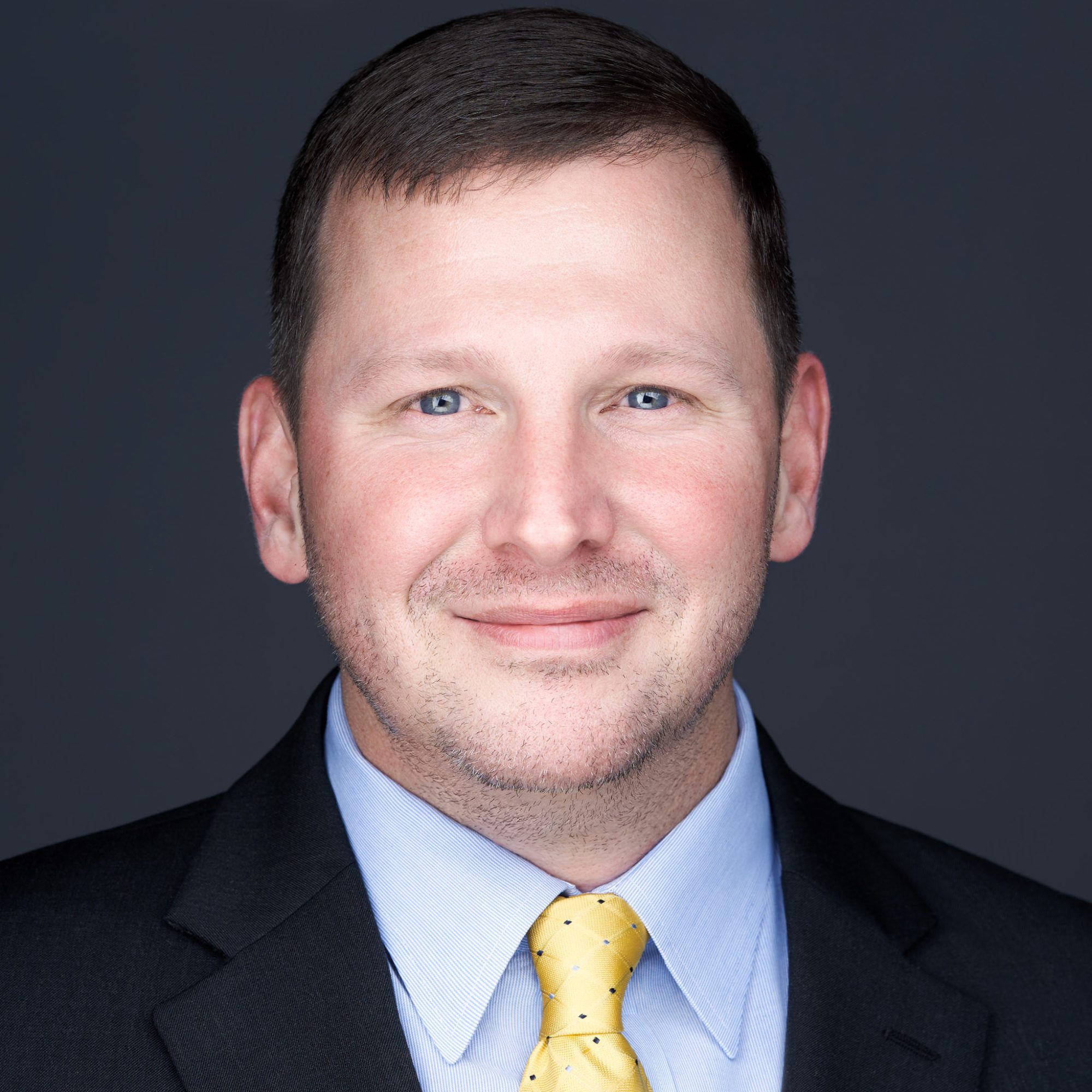
Justin C. Pearson is a 20-year Army Veteran and the Founder & CEO of Proper Patriot, a Patriotic Apparel Company that focuses on Honoring Our American Spirit anchored by the values of Family, Tradition, and Self-Reliance. He’s an avid outdoorsman, a veteran advocate, and mentor to tens of thousands of veterans, military spouses, and transitioning service members over the past several years. Over his career, he has created several small businesses that were very successful. Justin enjoys marketing, building brands, developing strategic partnerships, and hosting community events that impact those who serve. Connect with Justin on LinkedIn.
